MAMDANI MAMDANI MAMDANI
M-A-M-D-A-N-I M-A-M-D-A-N-I M-A-M-D-A-N-I
“Yes, you should learn how to say it, because we gotta get it right “
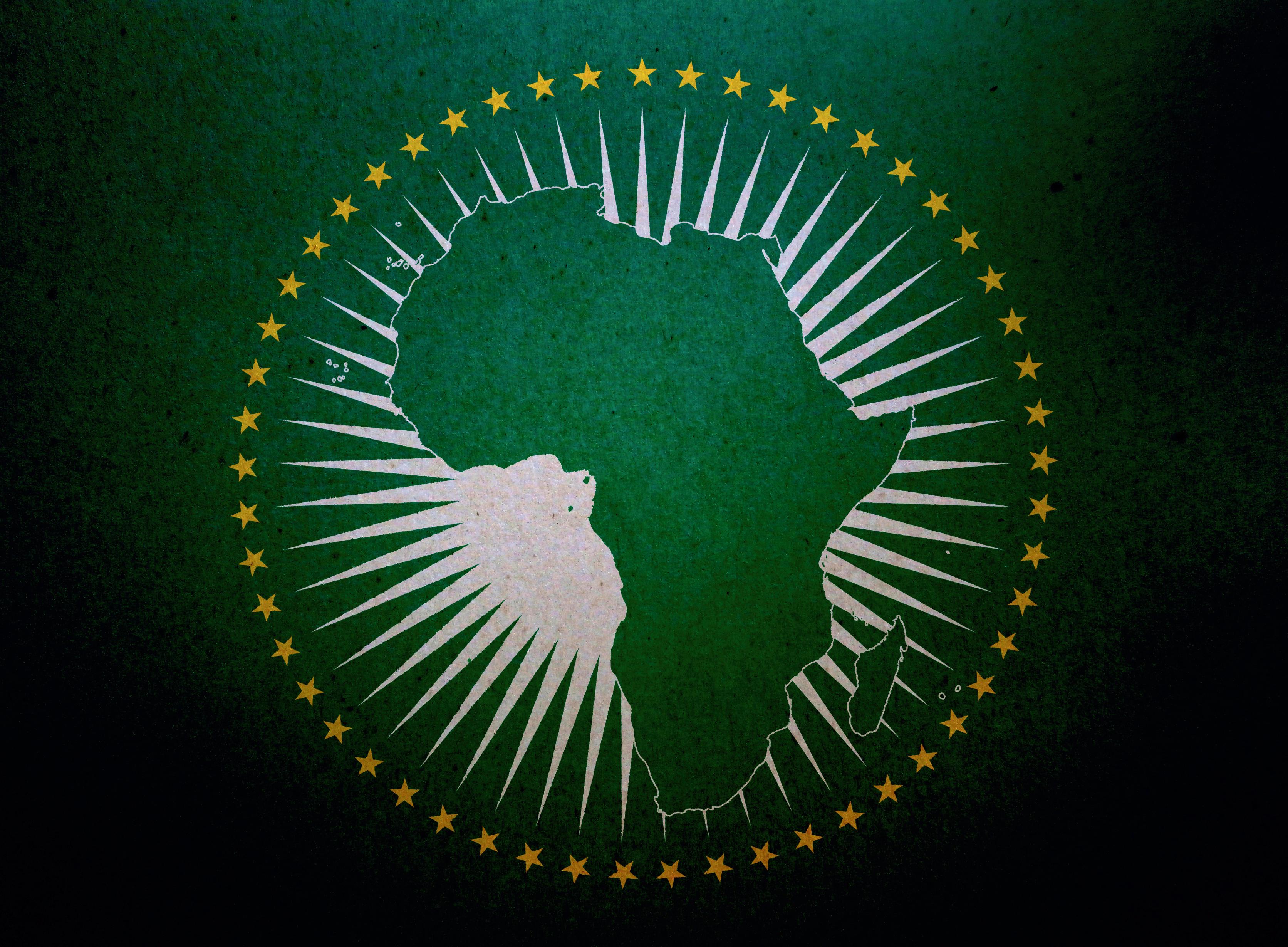
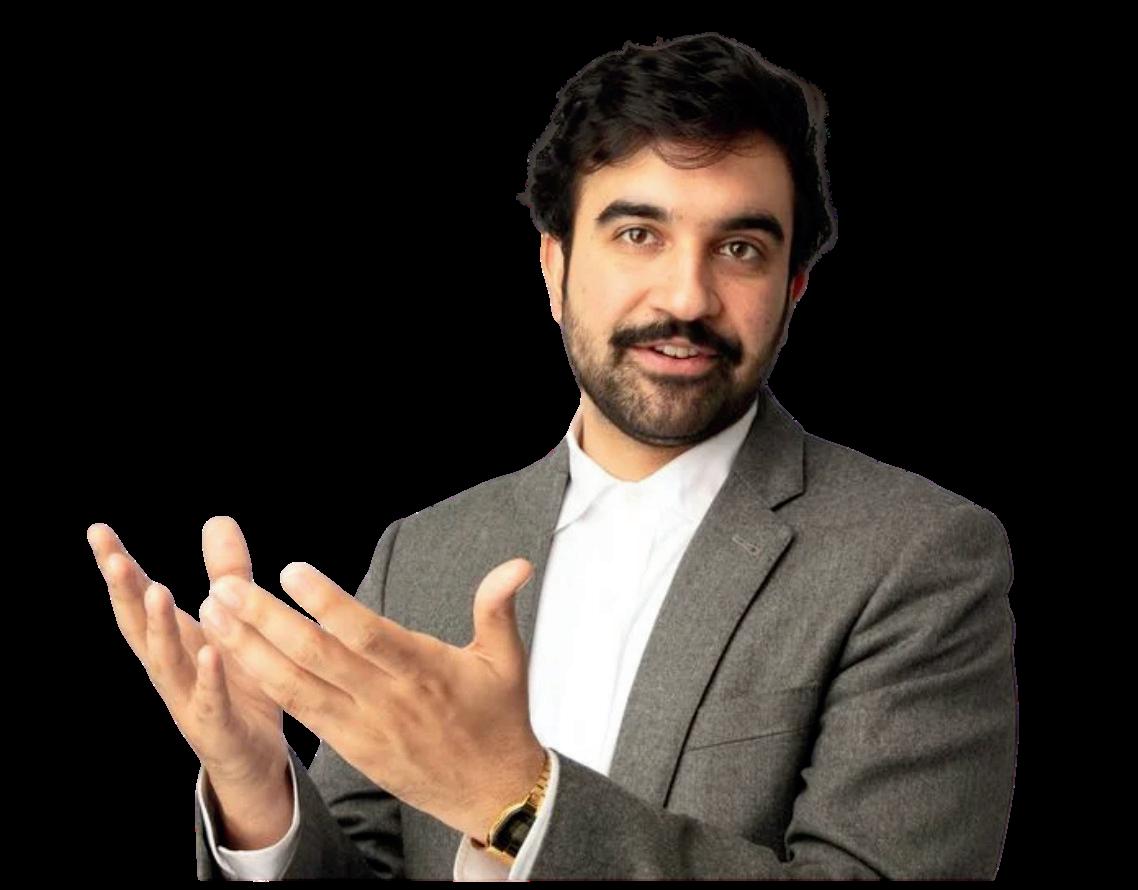
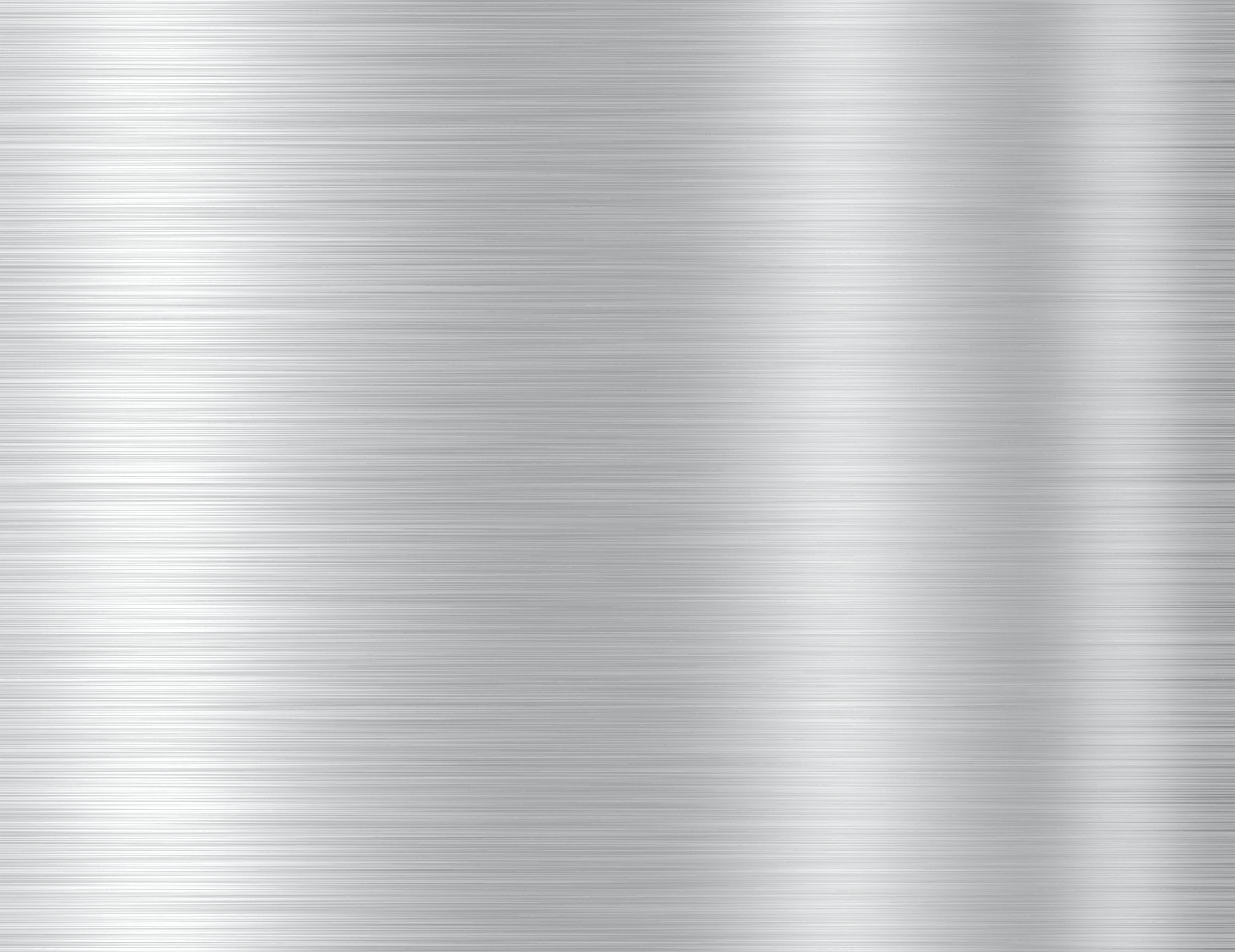
PEOPLE OF AFRICA
WHERE EVERY VOICE MATTERS.
TABLE contents of
Politics
“THE CULTURAL BETRAYAL
Kitchen
The Fire That Fed Us
Business
How Africa Can Build Wealth by Trading With Itself
Women voice
Daughters of Africa
Sports
Only Four Seats at the Table?” Why FIFA’s Club World Cup Format Fails Africa
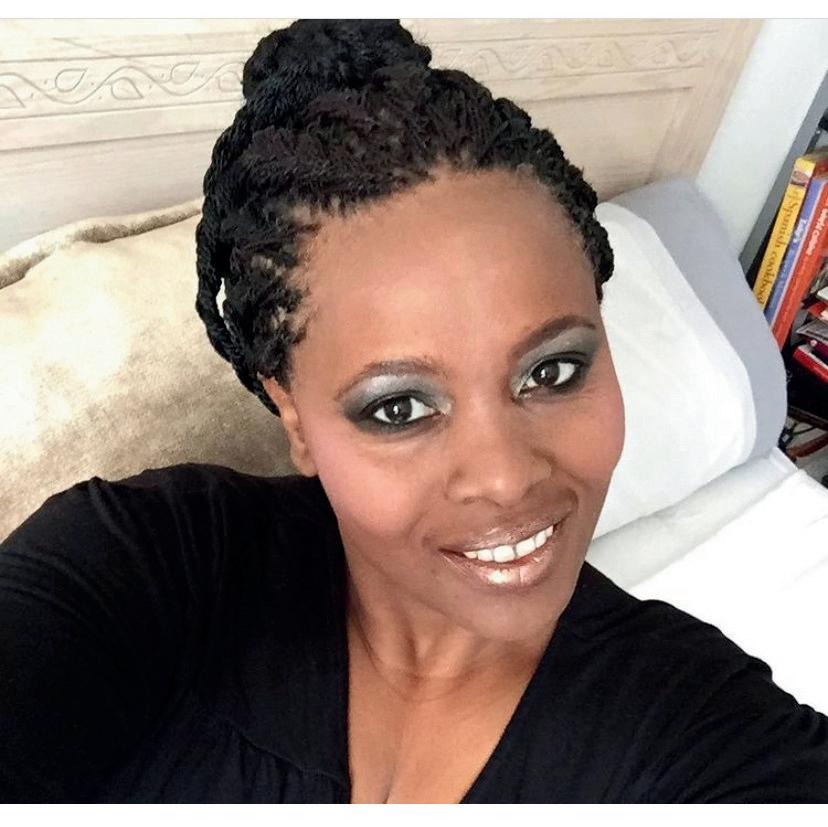
letter from the
editor
Stop Eating at the Table
Where You’re Called
a Beggar
In our villages, when an elder enters a room, we rise. We lower our voices. We bring the kolanut. Not because the elder demands it, but because disrespect to one is an abomination to all.
So tell me why do our presidents allow the West to treat them like schoolboys?
We’ve watched, time and again, African heads of state herded into buses like interns on a field trip while their Western counterparts glide past in private convoys.
We’ve watched them beg for justice at the United Nations, pleading for climate reparations and historical redress, while diplomats from Europe and America walk out leaving empty chairs that speak louder than any speech.
We heard a U.S. president lie to South Africa’s face about “killing white farmers,” then turn to Liberia’s leader and ask, without shame:
“Where are the English speakers?
This isn’t diplomacy. It’s a ceremony of humiliation. And it works because we allow it.

“Where are the English speakers?
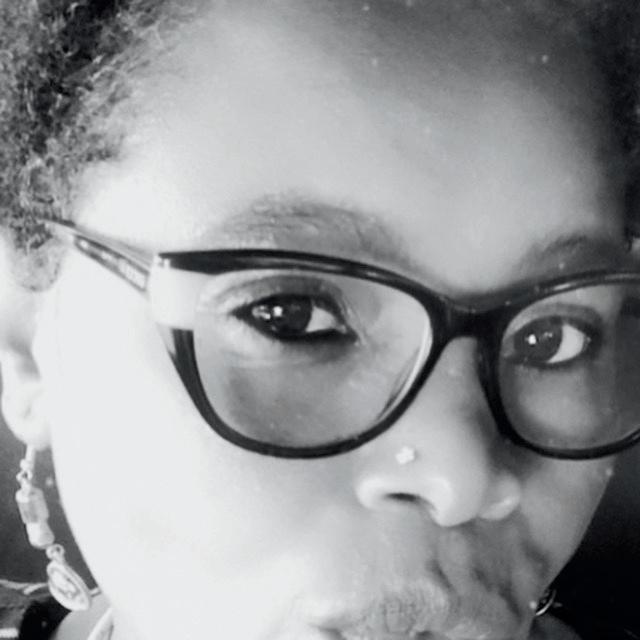

Rich in Soil, Poor in Pride
When you fly eleven hours across the Atlantic to beg for debt forgiveness while sitting on $15 trillion in untapped minerals.
When you accept “development aid” from countries that overfish your waters, loot your cobalt, and strip-mine your dignity When you let them rebrand a continent of empires, poets, warriors, scientists, and sages into a poverty theme park for photo ops and pity quotas Then no, this isn’t just about you. It’s about what you’re teaching our children. It’s about how you’re rewriting our story again. So, dear African leaders: If you will not respect yourselves, then at the very least, respect the soil beneath your feet. Respect the land that birthed the pyramids. Respect the rivers that fed civilizations before Europe could pronounce the word. Respect the people your people who have survived colonization, coups, IMF shackles, and still find ways to create, to resist, to rise.
We are not beggars. We are not your photo ops. We are not here to clap when crumbs fall.
We are the table. And if you're too busy asking for a seat at theirs step aside. We’re building our own.
HONEYMOON ALJABRI CHIEF EDITOR, PEOPLE OF AFRICA


Editorial
THE CULTURAL BETRAYAL
This editorial was meant to speak of something else. Of progress. Of possibility. Of partnerships. But after witnessing five African presidents paraded like schoolboys at a recent White House meeting silent, deferential, and stripped of dignity we knew we could not stay on script.
They stood grinning through humiliation. They nodded at vague promises and patronizing praise. They looked like men who had been told to behave, and behaved. And not one of them found the courage to speak. Not one of them used that stage to remind the world who we are.
So we must.
This is not just a diplomatic failure. This is cultural betrayal. Spiritual abandonment. A disconnection so deep it echoes through generations. In Igbo tradition, we say: "Onye wetara oji, wetara ndụ" He who brings the kola nut brings life.” The kola nut is not just a symbol; it is a covenant. Offered in reverence to elders, in peace to guests, and in communion with the land. It says: “I see you. I honor you.”
So what kola has the West brought us?
They speak of partnerships while they fund coups across our borders. They cry “corruption” while their over $100 billion in Africa’s stolen wealth. They demand democracy, then undermine it the moment minerals appear beneath our soil.
They speak of climate and justice and shared humanity but only after they've filled our lungs with their smoke.
A child who watches his father kneel to bullies learns to bend before he learns to walk. What are we teaching our children when we let our leaders be marched into back entrances, crammed into buses, and spoken down to in rooms where they should sit as equals?

How do you carry a continent that once led the world, when you can’t even carry your own spine?
To the leaders who flew across oceans only to be patronized, we say this: Your silence shames us all. You do not speak just for




Editorial
We demand better.
No more back seats. No more side doors. No more buses labeled “developing countries” while the G7 glides by in black cars. If they will not seat you as equals, then do not go. Your absence will make a louder statement than your presence ever could. At the next United Nations speech, we want to hear Yoruba. Amharic. Kiswahili. Let them scramble for translators the way we have scrambled to fit our identities into colonial tongues. You are not their subject. You are not there to be understood on their terms. Speak as the land taught you to speak.
Do not arrive with begging bowls. Bring receipts. Bring evidence of the companies looting your gold. Show the names of arms dealers fueling wars in the Sahel. List the trillions owed to us in climate debt. Let them read it in shame.
And when they do to you what they’ve always done walk out on your speeches, mock your accent, belittle your nations do not bow your heads. Do as they do. When a French president comes to Dakar, put him in a bus with twenty others. When a British envoy interrupts your speech, stand up and walk out. Reciprocity is not disrespect. It is dignity
But most of all, build your own house. Stop begging to enter theirs.
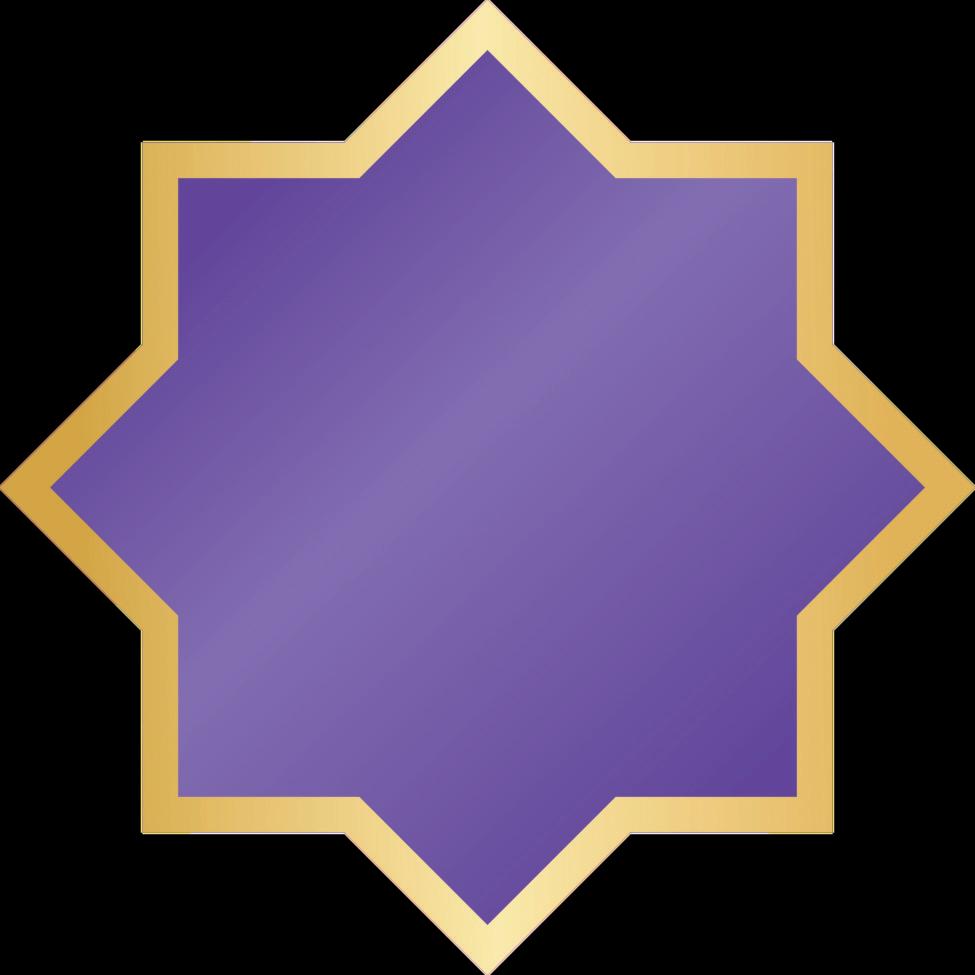
Invest in the African Continental Free Trade Area like your sovereignty depends on it because it does. Buy from Nigeria, not Nestlé. Partner with Ethiopia, not Europe. Trade in cedis, in yuan, in digital currency but never in shame. We are not a museum of misery. We are not your guilt project. We are the soil where humanity began.
To every African leader who reads this:
Respect yourself. Or step aside for those who will. Build leverage, not loyalty. Lead with honor, not habit. And until they treat you as the elder in the room, let your chair sit empty. Let your silence shake their walls. Let them learn what true power looks like.
From the children who are watching.


NEVER AGAIN?
THE PROMISE WE KEEP BREAKING
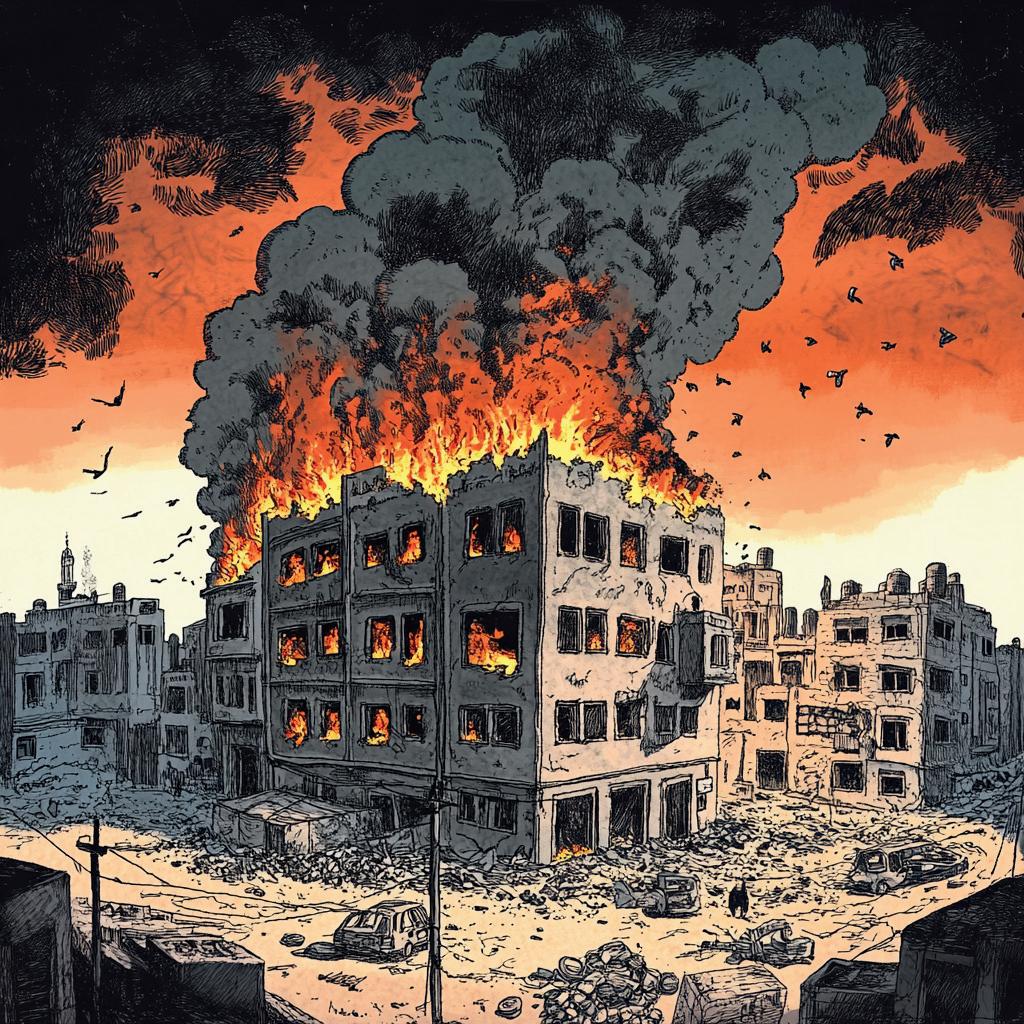
Never again?
We said it with tears in our eyes. We swore it with broken voices at the foot of genocide memorials. We wrote it in history books, carved it into monuments, whispereditintotheearsof ourchildren.
Andyet,hereweare.
Today, as bombs fall and borders tighten, as aid convoys are blocked and children die nameless in rubble, the world looks away. A genocide unfolds beforeoureyes,andwesay nothing. We scroll past the images. We mute the headlines. We rationalize silence.
Never again, we said. But silence is complicity. And we are all complicit. The Memory We Choose to Forget
Let us remind ourselves:
"First they came for the Socialists, and I did not speak out because I was not aSocialist.
Then they came for the Trade Unionists, and I did not speak out because I was notaTradeUnionist. Then they came for the Jews, and I did not speak out because I was not a Jew. Then they came for me and there was no one left to speakforme."
PastorMartinNiemöller
This was Europe, less than a century ago. The Holocaust did not begin with gas chambers. It began with silence. With the world pretending not to see. With bureaucracy and political cowardice. With "not my problem."
We have learned nothing?
Gaza
A Wound That Bleeds in Silence
For nearly two years, the people of Gaza have endured unspeakable suffering. Hospitals bombed. Journalists killed. Entire families erased in one airstrike.
Children born under siege, dying before they learn to speak. A place once alive with markets and music reduced to rubble, smoke, and sirens.
This is not politics. This is not "conflict." This is the destruction of life.
The blockade of Gaza has lasted over 17 years, turning the strip into the world’s largest open-air prison. Over 2 million people, half of them children, live with restricted access to clean water, electricity, medicine, and freedom.
"Never Again" Has No Meaning If It Has No Action
When we say "Never Again," what do we mean?
Do we mean "never again to Jews"? "Never again to Europeans"? Or do we mean "Never again to anyone"?
The genocide in Rwanda began with hate radio. The war in Bosnia started with the normalization of othering. Sudan, Myanmar, Syria how many more must fall before we speak?
"Never again" must mean:
Never again to ethnic cleansing
* Never again to the mass murder of civilians
* Never again to children buried alive by politics and power
* Never again to weaponized starvation and dehumanization
It must mean something.
Our Humanity Is on Trial
The next generation is watching.
They will read about this time. They will ask what we did. They will not care about our excuses. They will not be moved by our hashtags. They will judge us by whether we stood up or stayed silent.
We must rise. As people. As a human family.
Say something. Write something. March somewhere. Donate. Speak. Cry. Rage. Refuse to be numb.
This is not about choosing sides. This is about choosing humanity.
When Silence BecomestheWeapon
A timeline and memory wall of the moments we promised never to forget but did.

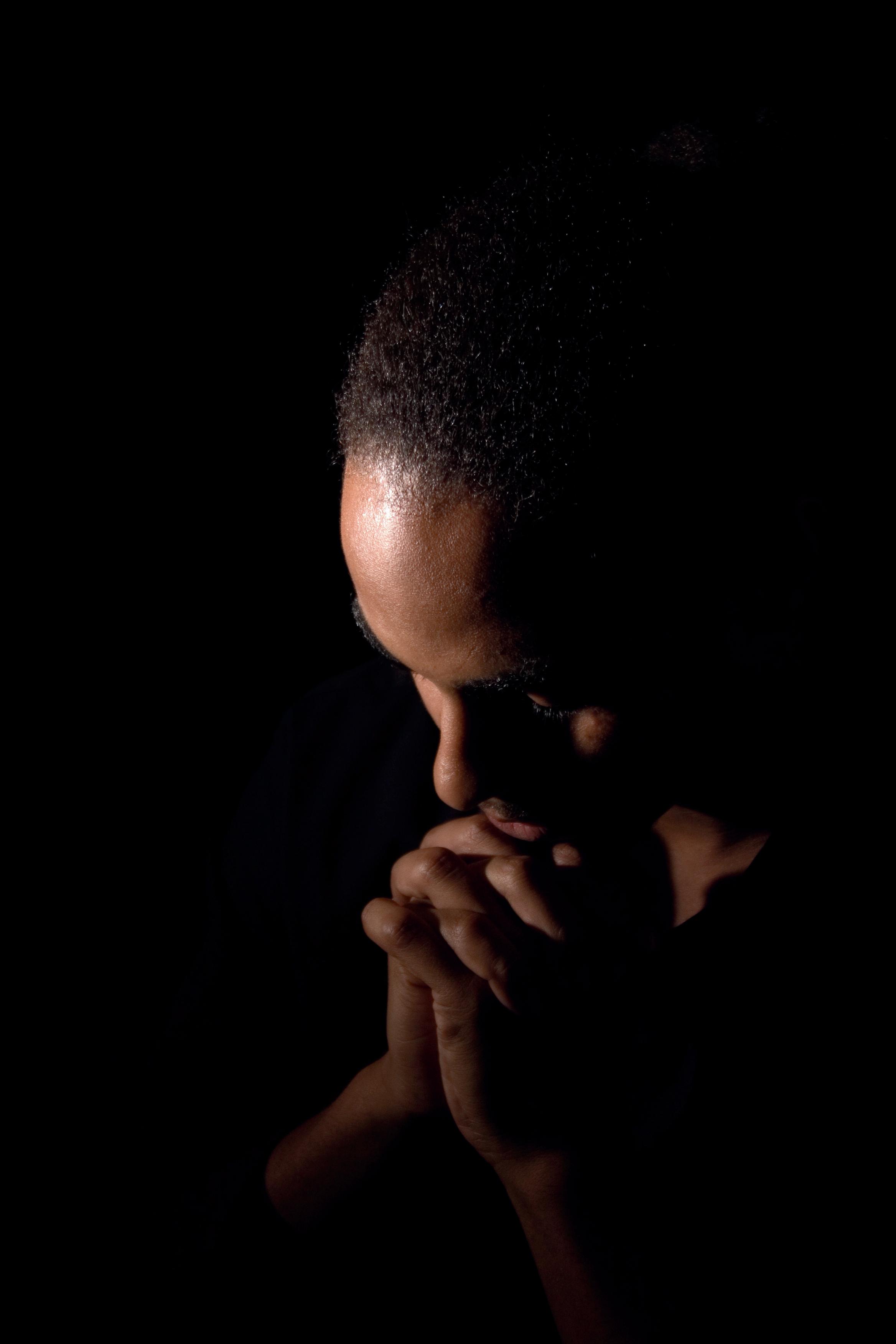
GENOCIDES THE WORLD WATCHED
Rwanda – 1994
800,000+ Tutsi and moderate Hutu slaughtered in 100 days. The UN knew. The world watched. No one came.
Bosnia – 1995 (Srebrenica Massacre)
8,000+ Muslim men and boys executed.*
The worst atrocity in Europe since WWII. NATO delayed. Civilians died.



GENOCIDES THE WORLD WATCHED
Darfur – 2003–present
300,000+ civilians killed in Sudan's western region Labeled "genocide" by the U.S. yet nomeaningful intervention.
Yemen – 2015–present
23 million in humanitarian crisis.
Children starve daily under blockade and bombs.



THEN CAME GAZA
The Timeline of a Cage¤ A Brief History of Ga~a
1948 – Nakba ("The Catastrophe")
750,000 Palestinians expelled from their homes with the founding of Israel.
1967 – Six-Day War
Israel occupies Gaza and the West Bank.
2005 – "Disengagement"
Israel pulls settlers out of Gaza but imposes a land, air, and sea blockade.
2007 – Total Blockade Begins
After Hamas gains control, Gaza becomes the world’s largest open-air prison.
2 million+ people trapped in a 365 sq km strip. Electricity, medicine, and food tightly controlled.
2008 to 2022 – Repeated Bombardments
Thousands killed in military campaigns. Infrastructure decimated.




THEN CAME GAZA
The Timeline of a Cage¤ A Brief History of Ga~a
2023–2025 – The Breaking
Point
Tens of thousands killed. Over 13,000 children. Whole families wiped out. Hospitals bombed. Aid blocked. Journalists buried with their microphones.
REMEMBER WHAT THEY SAID
REMEMBER WHAT THEY SAID
Never again.”After the Holocaust
We owe it to Rwanda’s dead.” -Kofi Annan
An attack on any civilian is an attack on humanity.” -UN Charter
We must protect the innocent.” Every speech, every summit


THE REALITY
We remember anniversaries. We hold memorials. We light candles. But we rarely intervene.
Let this magazine be a record that we were not silent. Speak up. Share. Write. March. Pray. Because “never again” should mean something.



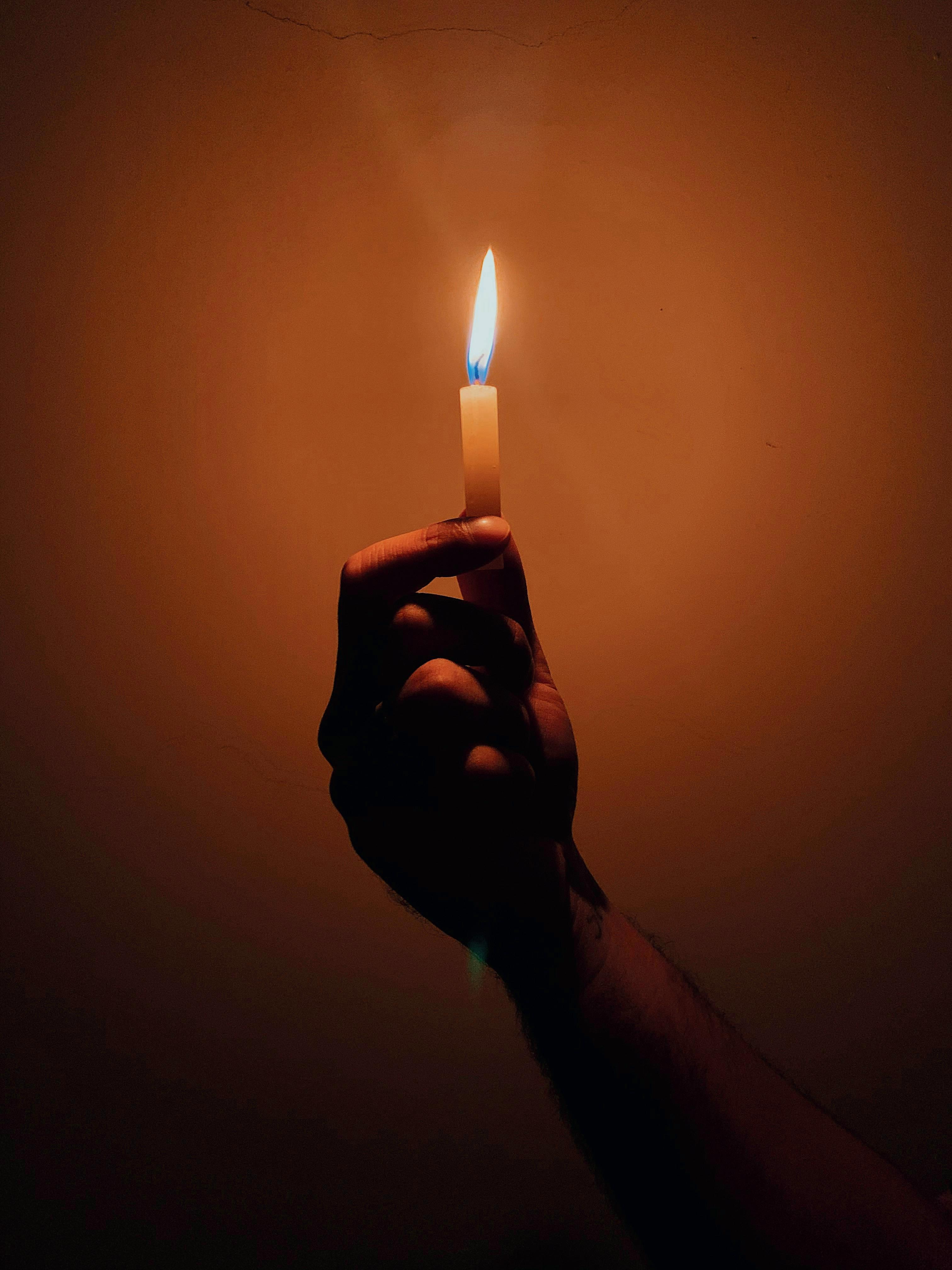
Why African Leaders Must Stop Translating Their Power
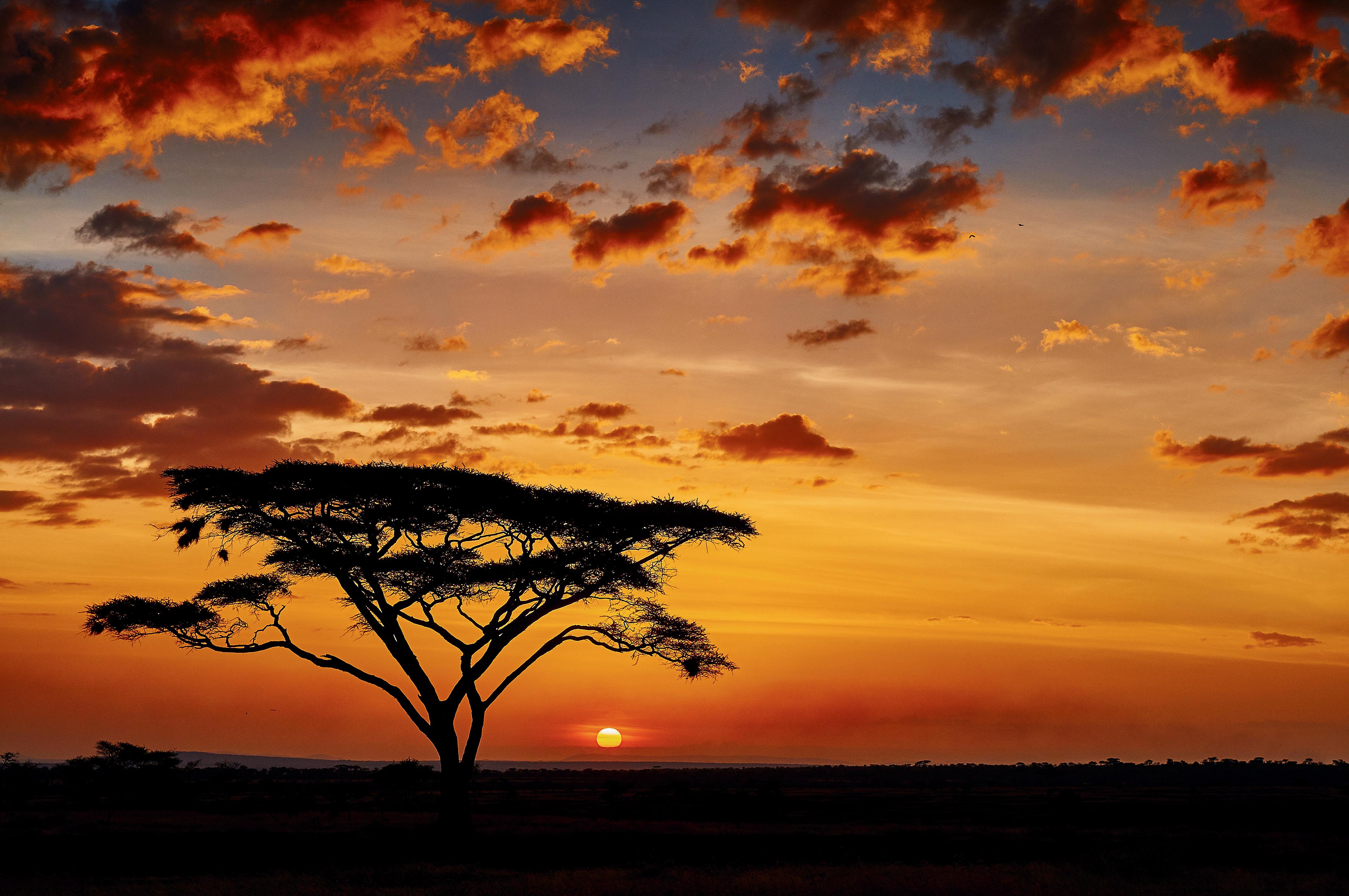
“When I speak your language, I use my head. When I speak mine, I speak my soul.”
— Nelson Mandela
WHEN YOU STAND AT THEIR PODIUMS,
your tongue becomes a battlefield. Your brain strains. Your lips tremble. You shape your vowels into “proper” forms, hoping they'll see you as equal. But when you speak their language flawlessly, they tilt their heads and say, “Where did you learn such good English?”
That is not a compliment. It is a blade. It slices your voice into novelty a parrot performing for applause, not power.
Instead, they are herded into buses. Mocked for their accents. Reduced to whispers and protocol. They say our wood “won’t cure” as if our borders weren’t scars from Berlin’s colonial knives in 1884. They do not know our histories. They do not taste our languages. They do not see us as equal, only as mirrors of their own vanity. So we ask again: Why do we dance in their tongue?
Why wear a borrowed voice they strip off with a smirk?
They Still Don’t Hear You Liberia’s president once stood fluent and eloquent and was still asked, “Where are the Englishspeakers?”
As if we are mute unless they fill our mouths.
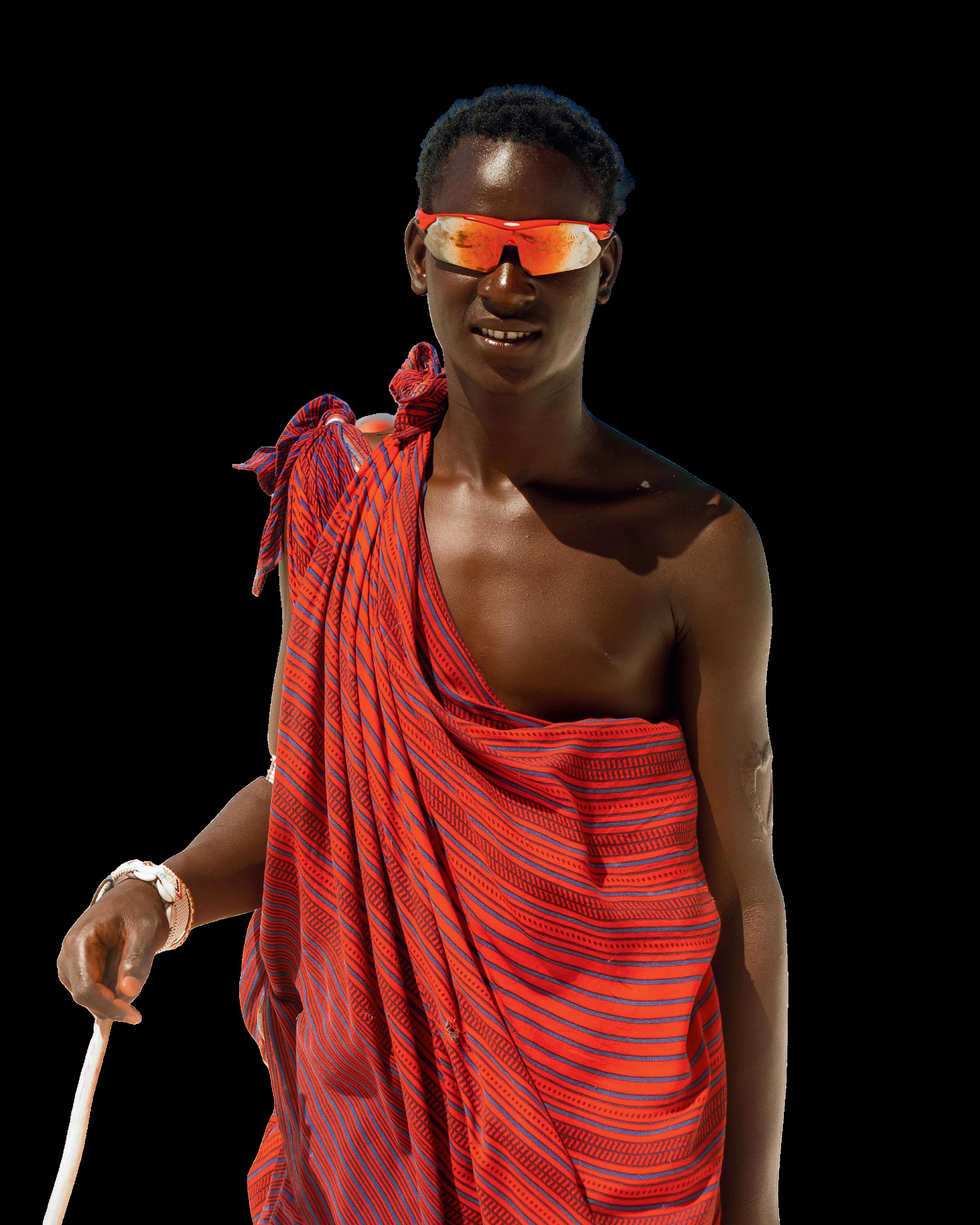
ENOUGH
Let your Yoruba thunder through Westminster. Let your Swahili rise like a tide through Geneva. Let your Zulu echo down the marble halls of Brussels. Let your Amazigh speak to mountains in Versailles.
Because when you speak their language, it flows from the brain. But when you speak ours it thunders from the heart. And hearts unlike borders cannot be divided.
Let them lean in.
Let them strain.
Let them taste the honey and fire of words they refused to learn. Let your voice be your inheritance, not your apology.
To every African leader reading this: Give them your soul, not your salute. Speak the language that built pyramids, mapped the stars, and birthed humanity itself.
Let your tongue be a revolution.
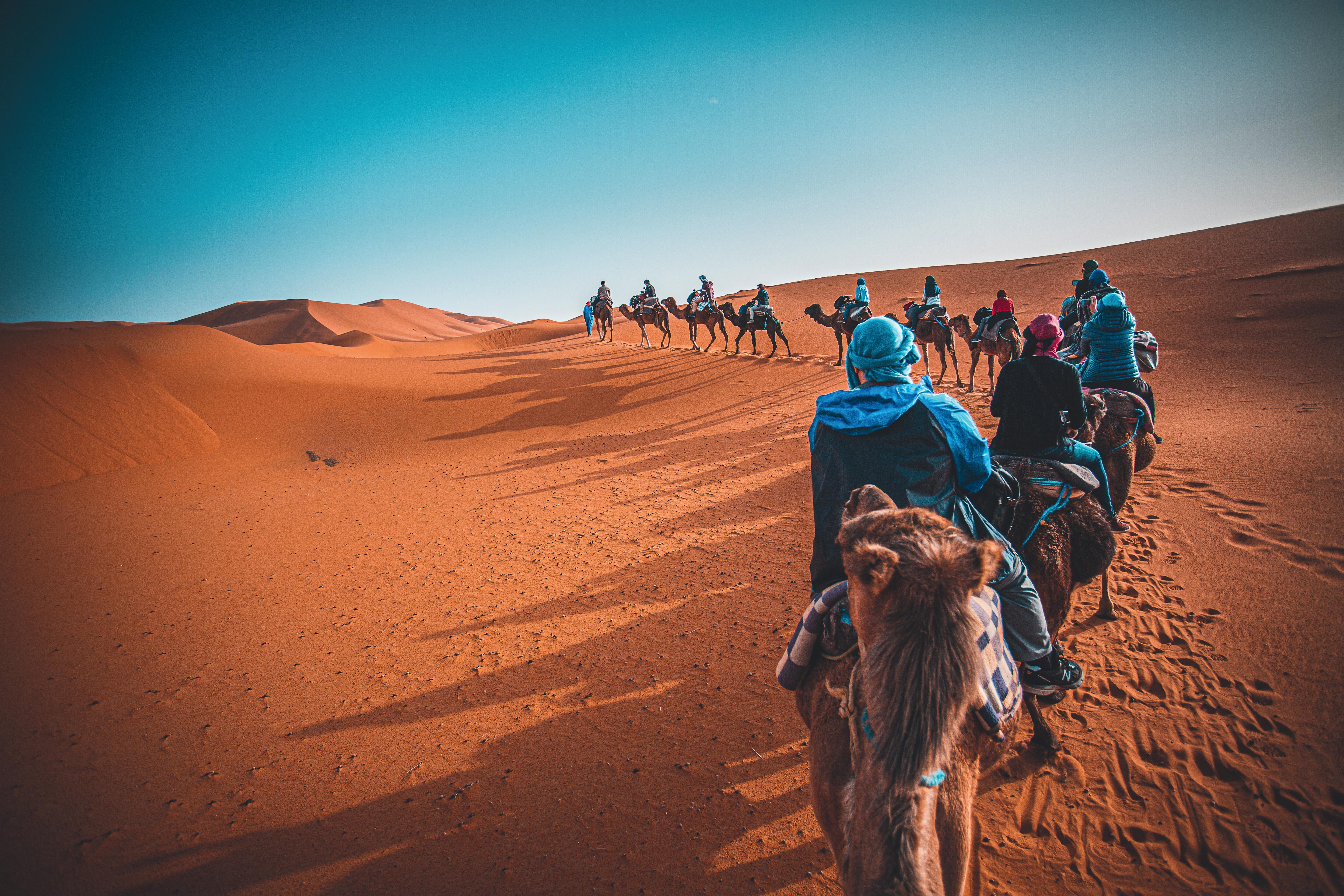
We have always We have always We have always spoken. They spoken. They spoken. They just never just never just never listened. listened.
listened.
Me to Reintroduce Myself:
The Name Is Mamdani Allow
“Allow me to reintroduce myself” not just a name, but a story carried by the winds of history,migration,andresistance.
This is the story of a seed planted centuries ago in India. A seed that crossed oceans, carried in the footsteps of ancestors who made their home in East Africa a region where identity is a mosaic of histories, cultures,anddreams.
From that soil rich with resilience and hope comes a breath, a presence: Zohran Mamdani, born in Kampala, Uganda, the beatingheartofEastAfrica.
Today, he stands at the precipice of history not because he is the first, but because he is the next in a long line of trailblazers. Yet there are those who would rather you forget thishistory.
Right-wing pundits and power brokers stoke fear and division, hurling baseless attacks: Theyquestionhiscitizenship. They threaten deportation. They mock his faith.
They smear him with Islamophobic lies claiminghewould“blowupthecity.”
They ridicule him for something as intimate andhumanaseatingwithhishands.
Even his opponent, Mr. Cuomo, edited campaign photos to make Mamdani appear like a shadow of terror a caricature weaponizedagainsttruth.
But Mamdani responds not with retreat, but withfireanddignity:
“To Mr. Cuomo: I have never had to resign in disgrace. I have never cut Medicaid. I have never stolen hundreds of millions from the MTA. I have never hounded the 13 women who credibly accused me of sexual harassment. I have never sued for their gynecological records. And I have never done those things because I am not you, Mr. Cuomo.
And furthermore...The name is Mamdani.
M-A-M-D-A-N-I.
You should learn how to say it. Because we’ve got to get it right.”
Mic. Drop.


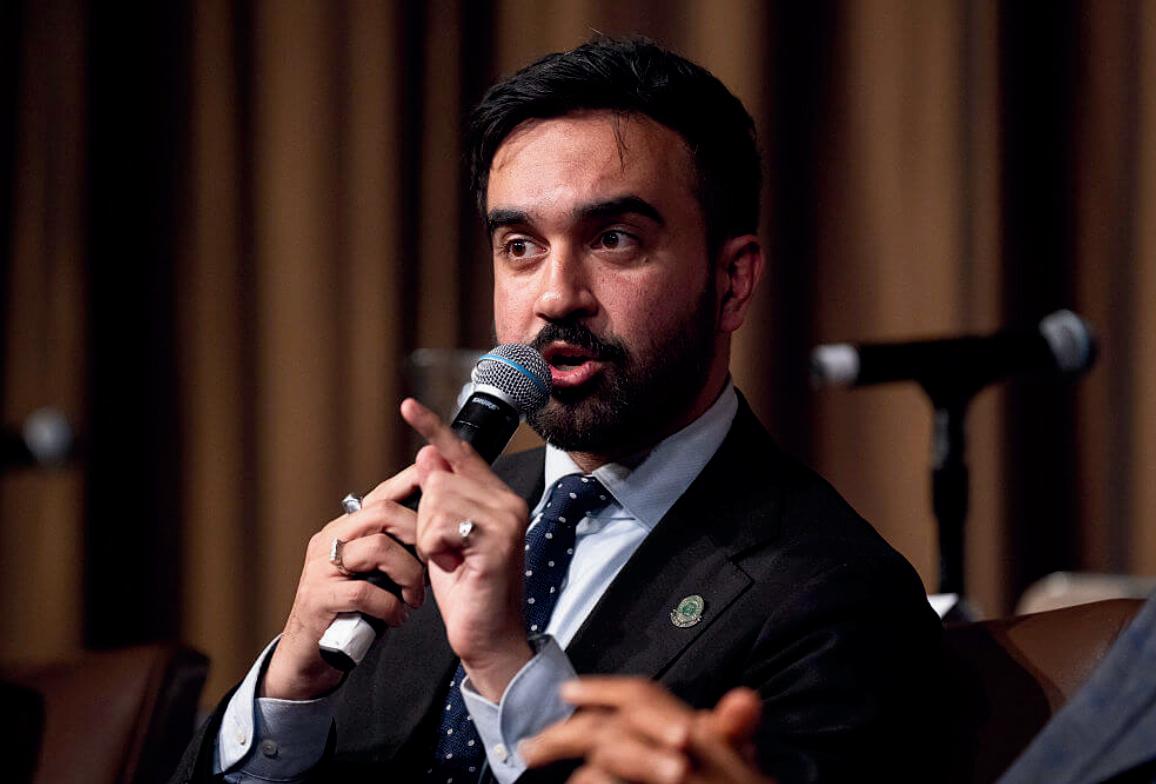
Behind
every bold stance is a history of struggle, a culture of resistance, and a leader born to break the mold.
It’s a stark reminder of the hypocrisy at play:
The same people eager to erase Mamdani’s right to lead fall silent when other East African Indians ascend to power like the FBI’s former head of counterterrorism, who shares similar roots, yet is spared such scrutiny. Or the former UK Prime Minister, whose family also hails from East Africa, and yet commands the leadership of a Conservative government without being branded a threat.
The contradiction is clear: This isn’t about qualifications. It’s about fear.
Fear of a leader who refuses to shrink. Fear of a leader who unapologetically claims his identity.
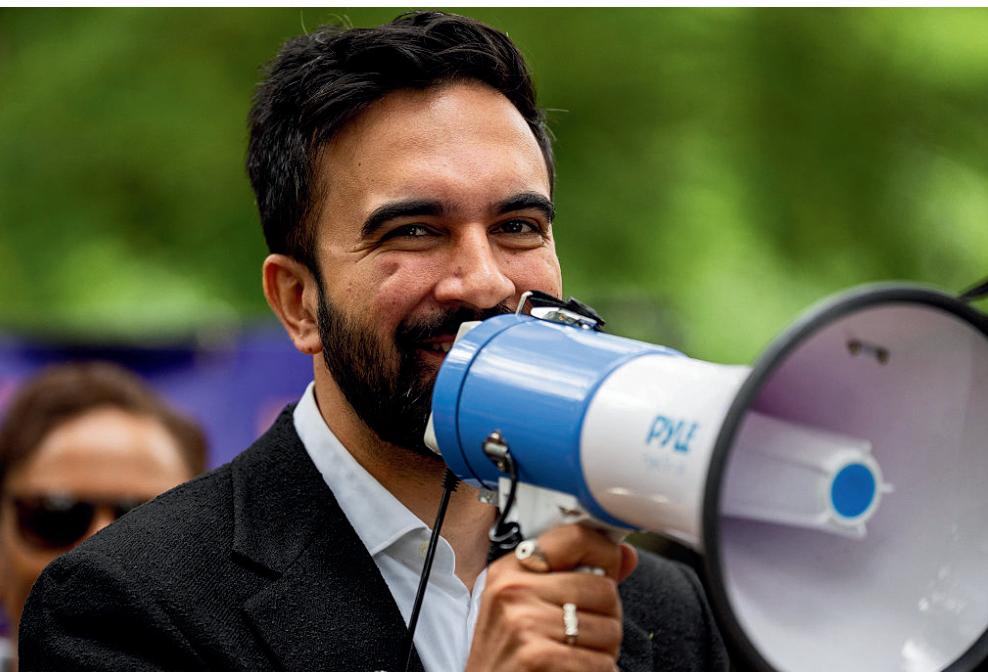
To understand Zohran Mamdani is to understand the power of inheritance not of wealth or privilege, but of courage, memory, and radical love for the people.
Born in 1991 in Kampala, Uganda, Zohran is the son of two global visionaries: His mother, Mira Nair, is a celebrated filmmaker who has given voice to the unheard from Delhi street children to cross-continental love stories.
His father, Mahmood Mamdani, is one of the most respected post-colonial scholars of our time a professor whose work on race, power, and history reshaped how Africa is seen by the West.
But legacy didn’t shield Zohran it shaped him.Raised in New York City and educated in its public schools, he came of age not in ivory towers, but in a city brimming with inequality, contradiction, and potential.
From Kampala to Queens: The Journey That Built a Fighter
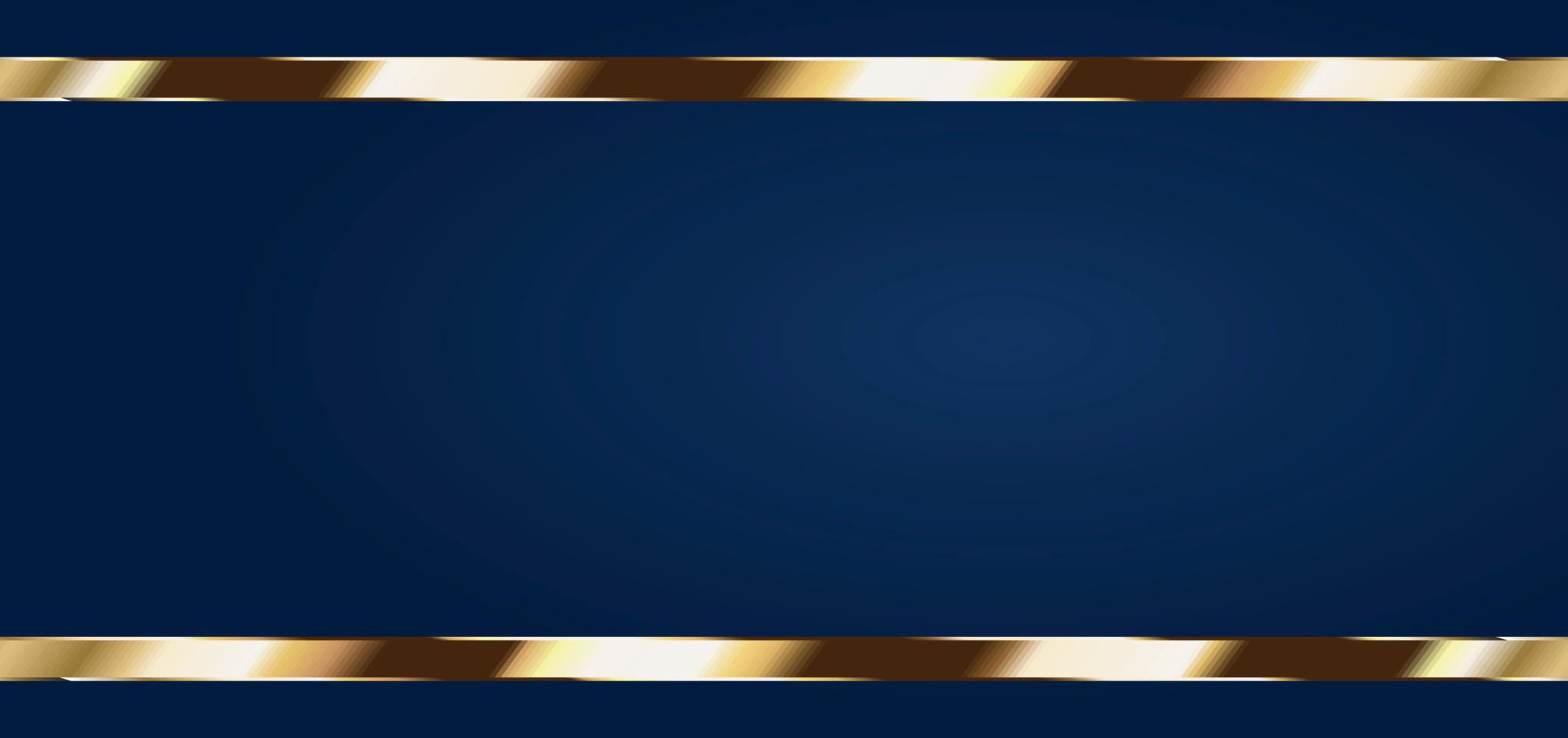
Before the podiums and policies, there was a boy shaped by two continents, raised in the shadows of injustice, and determined to flip the script.
His politics weren’t inherited. They were earned Through organizing tenants facing eviction. Through fighting for transit justice.
Through challenging the real estate titans suffocating working-class families.
Now, as a Democratic Socialist and New York State Assembly member representing Queens, Mamdani has passed legislation to protect renters, tax the ultra-rich, and ensure that Black and brown communities have a voice in their own futures.
But his rise has never been just political. It has been personal. It has been spiritual. It has been cultural.
He does not flinch when mocked for his faith, for his Muslim name, or for eating with his hands. Because he knows these attacks aren’t about tradition they are about erasure. They aim to erase a kind of leadership that America has always feared: Leadership from the margins. Leadership with memory. And that’s what makes him dangerous to the status quo. So when Zohran walks into a debate, head high, and says:
“The name is Mamdani.



“They are still uncomfortable wearing shoes.” “Monkeys from those African countries.”- Regan
“Where did you learn to speak English so well?” - Trump
We were never supposed to forget. But we were told to pretend.
From Nixon’s Laugh to Trump’s Compliments: The Long, Unbroken
Line of Racism in Western Diplomacy
When Diplomacy Feels Like a Slap in the Face
The modern African experience with Western power has never been about mutual respect. It has been performance, paternalism, and polite contempt dressed up in diplomacy. Time and again, the mask slips and what’s underneath is ugly, familiar, and eerily quieted by global institutions that should know better.
In 1971, Ronald Reagan, then Governor of California, called President Richard Nixon to vent. What was caught on tape would later remind the world of what Africans have always known: even in their highest offices, Western leaders spoke of us as less than human.
“To see those monkeys from those African countries, damn them,” Reagan said, mocking Tanzanian delegates for celebrating a UN vote with a victory dance. Nixon laughed. And then he added to the filth, calling them “cannibals.”
This wasn’t a slip of the tongue. This was the tongue uncloaked and it carried no consequences. Where was the United Nations? Where was the African Union? Where was the global media’s front-page outrage? Just another day in paradise
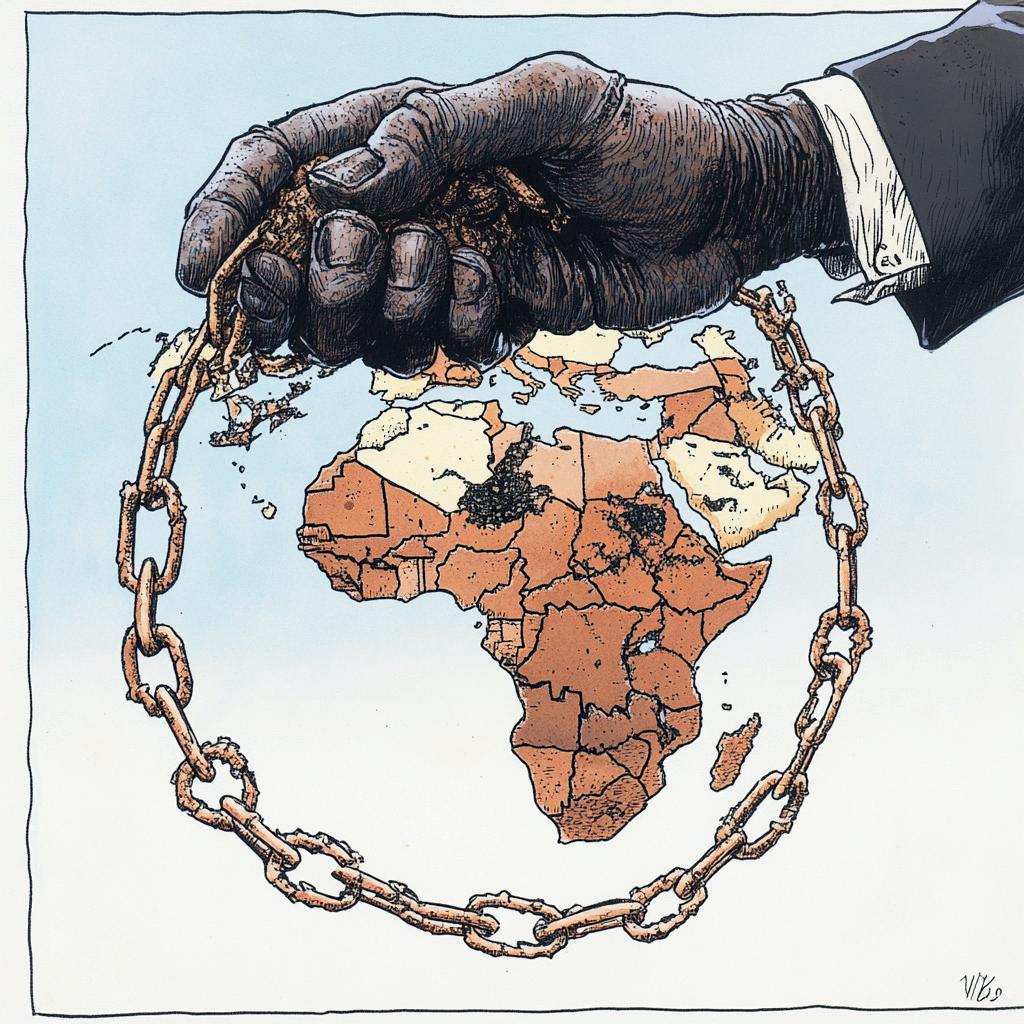
The Compliment That Wasn’t
Fast forward to 2025: U.S. President
Donald Trump meets African leaders.
“Where did you learn to speak so beautifully?” Trump asked. “Such good English.”
A moment of diplomacy? No. A moment of ignorance wrapped in colonial undertones. English is Liberia’s official language its constitution is modeled after America’s. The nation was born from the very legacy of freed Black Americans returning to West Africa. Yet Trump asked the President if he was educated. If the roles were reversed, and an African leader asked Trump how he learned to speak so beautifully would it be called a “compliment”? Let’s be honest: this is not about grammar. This is about power. About whose speech is assumed to be “civilized” and whose is assumed to be “foreign.”
The Global Stage Is Not Level
From Nixon’s mocking of African delegates to Trump’s backhanded praise and now, public humiliations in the White House the message is clear: African dignity is negotiable until we say otherwise.
Let’s not forget these comments and actions weren’t made in back alleys or anonymous chatrooms. They were made from podiums, palaces, and press rooms. They were recorded, televised, publicized, and rationalized.
During a meeting between President Trump and African leaders at the White House, the President of Mauritania was cut off mid-speech by Trump, who demanded that each leader introduce themselves before speaking as if they were interns at a staff meeting, not heads of sovereign nations. These were presidents. Leaders of proud countries. Yet, they were treated as unknowns on a stage that should have honored their office and their people.
Can you imagine an African president interrupting a Western head of state visiting our lands, asking them to reintroduce themselves before continuing?
It would never happen. Not because of political power, but because African tradition teaches us to respect our guests even when we disagree.
And after all this the ignorance, the slights, the blatant disrespect the Liberian Ministry of Foreign Affairs issued a statement claiming there was “no offense.” Business as usual, it seemed. But for many Africans watching, it cut deep. The silence of our institutions became another form of betrayal.
Then came the final insult: some of these same presidents reportedly agreed to nominate Donald Trump for a Nobel Peace Prize.
Are you kidding me?
Because racism, when wrapped in diplomacy and spoken with a Western accent, rarely gets called by its name. But we see it. We feel it. We are no longer silent
Diplomacy or Disrespect?
It’s time to stop pretending that Africa must forever be the gracious guest. We are not here to be patronized, praised for our “good English,” or congratulated when we wear shoes.
We are builders of nations. Founders of civilizations. Custodians of languages older than Latin and more poetic than French. And we do not need a single Western headline to validate that. So to the media that missed the story and the institutions that sat in silence: we are watching. We are archiving. And we are speaking not from your hand, but from our hearts.

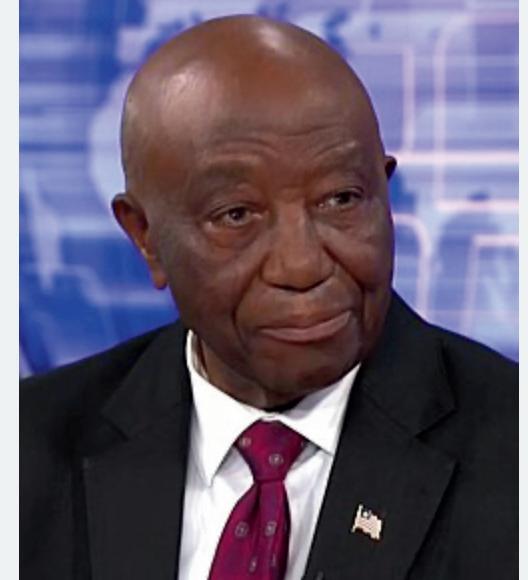
You
cannot insult a continent and call it diplomacy. You cannot mock our accents and call it humor. You cannot call us monkeys and pretend history will forget. We do not. And now, we write the headlines ourselves.
A Brief History of Racist Diplomacy
"African dignity is negotiable until we say otherwise."
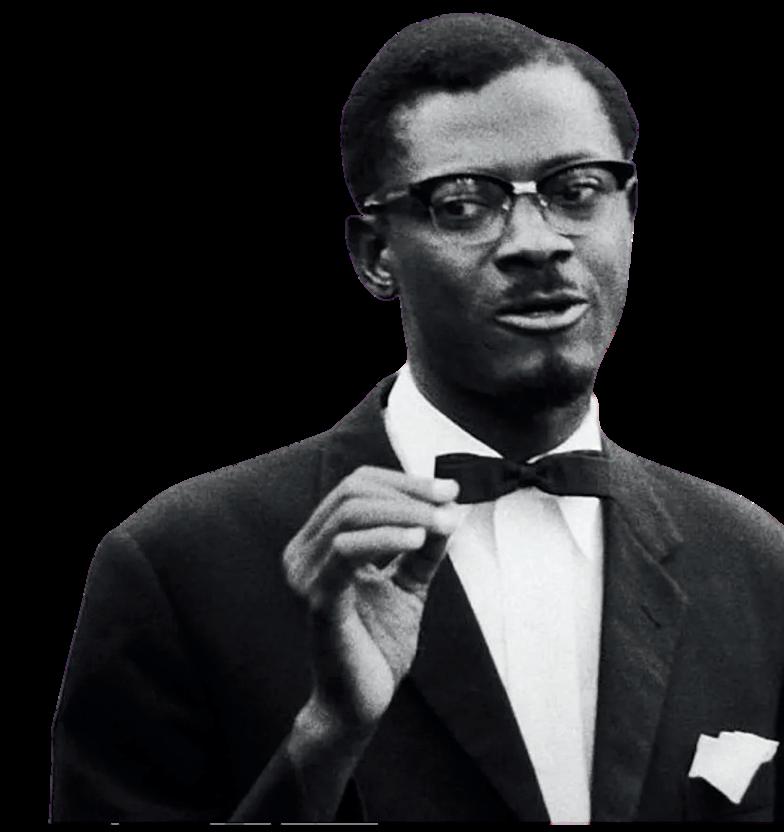
1884 – The Berlin Conference
European powers divide Africa like cake with no African present. The blueprint for colonial occupation is drawn in Berlin, not Bamako.
1960s Colonial Exit, Neo-Colonial Entrance
As African nations gained independence, Western countries rebranded their dominance through military bases, mining contracts, and puppet regimes. Diplomacy became extraction in a suit.
1971 – Nixon and Reagan
On a call following a UN vote, Governor Ronald Reagan called African delegates “monkeys,” and President Nixon laughed. Nixon later referred to the Tanzanian diplomats as “cannibals.” No apologies. No sanctions.
2018 – Trump and the “Shithole Countries”
Reportedly asked, “Why are we having all these people from shithole countries come here?” in a closed-door immigration meeting referring to nations in Africa and the Caribbean.
2024 – The Compliment Heard Around the World
Trump praises Liberia’s president for his “beautiful English,” asking if he was educated. The official language of Liberia? English since 1847.
From Pit to Power: How Africa Can Build Wealth by Trading With Itself
Africa sits on $6 trillion worth of critical minerals cobalt, lithium, copper, graphite, rare earths powering the world’s smartphones, batteries, and satellites. Yet for decades, the continent has exported these resources in raw form, only to buy them back as expensive finished goods.
What if that cycle ends not through aid or foreign policy but through African trade, African factories, and African solutions? That future is no longer a dream. It’s a plan already in motion.
The Problem Isn’t the Mineral. It’s the Middleman.
Take cobalt from the DRC. In 2024, the country exported roughly $5 billion worth of the metal mostly as raw ore. But according to the African Development Bank, if DRC processed that cobalt into batteries, it could earn ten times more over $50 billion annually.
This is the story of Africa’s extractive economy: dig, export, repeat while foreign companies capture the profits from smelting, refining, and manufacturing.
Now, a new path is emerging: process minerals locally, trade regionally, and build continental supply chains from the mine to the market
Why processing our minerals at home and moving them across African borders is the future of prosperity.
AfCFTA: One Borderless Market, 1.4 Billion Strong
The African Continental Free Trade Area (AfCFTA), launched in 2021, aims to eliminate tariffs and boost trade among 54 countries. If successful, it will become the largest free trade zone in the world by population.
This matters because Africa trades less with itself than any other region just 16% of total trade is intra-African, compared to 60% in Europe and 50% in Asia.
Changing that could unlock $450 billion in economic gains by 2035, according to the World Bank
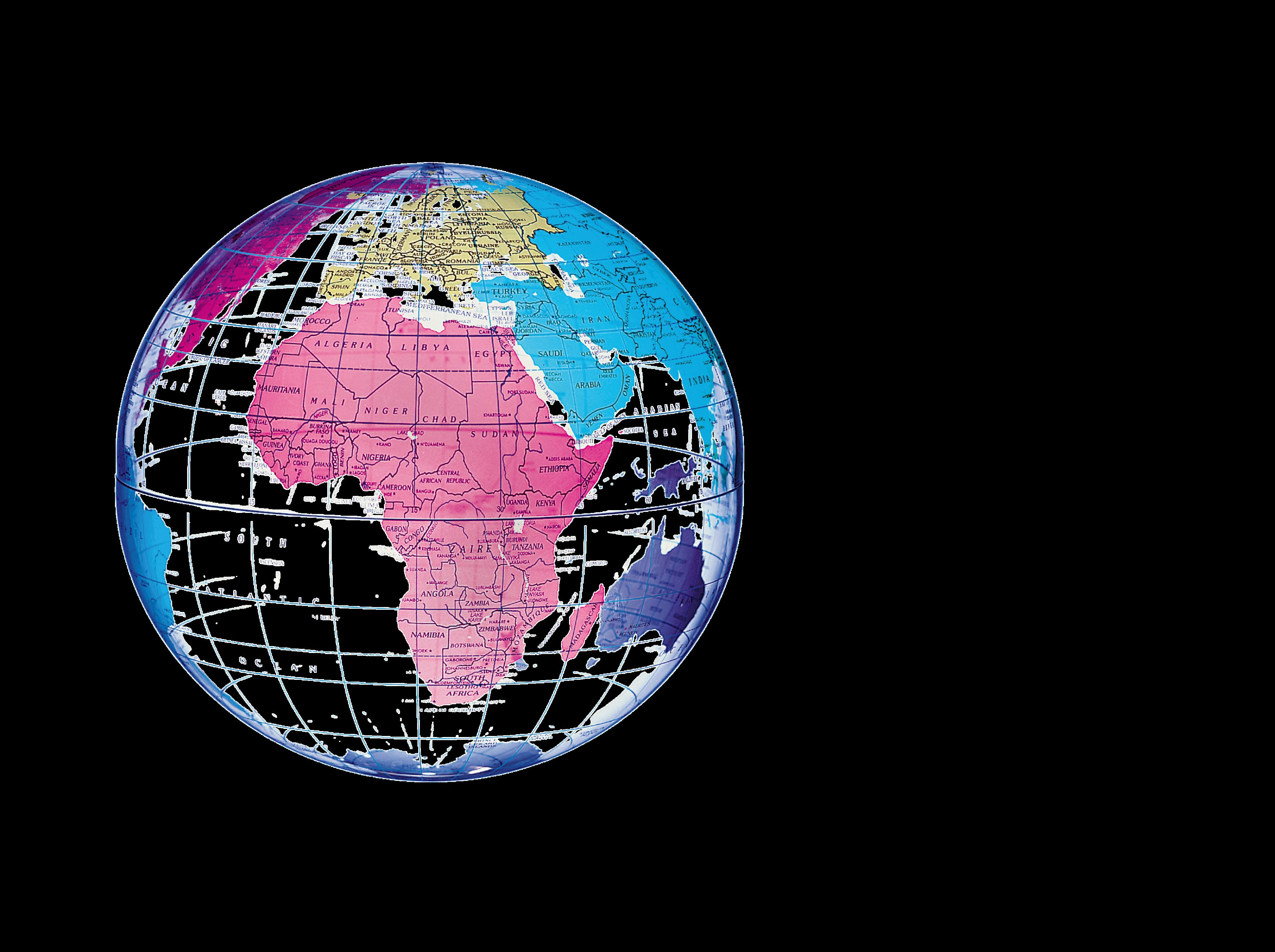
The Mineral Chain That Stays in Africa
In 2024, Namibia banned exports of unprocessed lithium and graphite, insisting that these minerals must be refined on its own soil. Zambia and the DRC created a joint economic zone to manufacture electric vehicle batteries. Ghana struck a deal with the UAE to build a gold refinery owned and operated in Ghana. These are not isolated wins. They are the new model.
If African countries begin selling refined goods not just raw ore to neighbors across a unified trade zone, we could witness the birth of a Pan-African industrial economy.
Tight Borders, Big Losses
But there’s one obstacle: border bottlenecks. Despite AfCFTA’s promise, some countries still block cross-border movement of goods sometimes due to political tensions, protectionism, or lack of infrastructure. In East Africa, milk and maize wars between Kenya and Tanzania persist. in West Africa, rice and tomato bans between Nigeria and Benin have disrupted farmers and traders.
Truckers still face delays of days or weeks to move goods across checkpoints. These bottlenecks turn regional opportunities into local frustrations.
“A mineral can cross the ocean faster than it can cross a neighboring African border,”
What Trade Could Build
If borders are opened and infrastructure is modernized, here’s what becomes possible:
Gold from Mali refined in Ghana
Copper from Zambia manufactured into wires in Kenya
Lithium from Zimbabwe turned into solar batteries in South Africa
Cobalt from DRC certified and processed by women-led cooperatives in Rwanda In this scenario, Africa becomes both the mine and the marketplace. Not only do we sell to ourselves we retain the value, create jobs, and build a manufacturing base that competes globally.
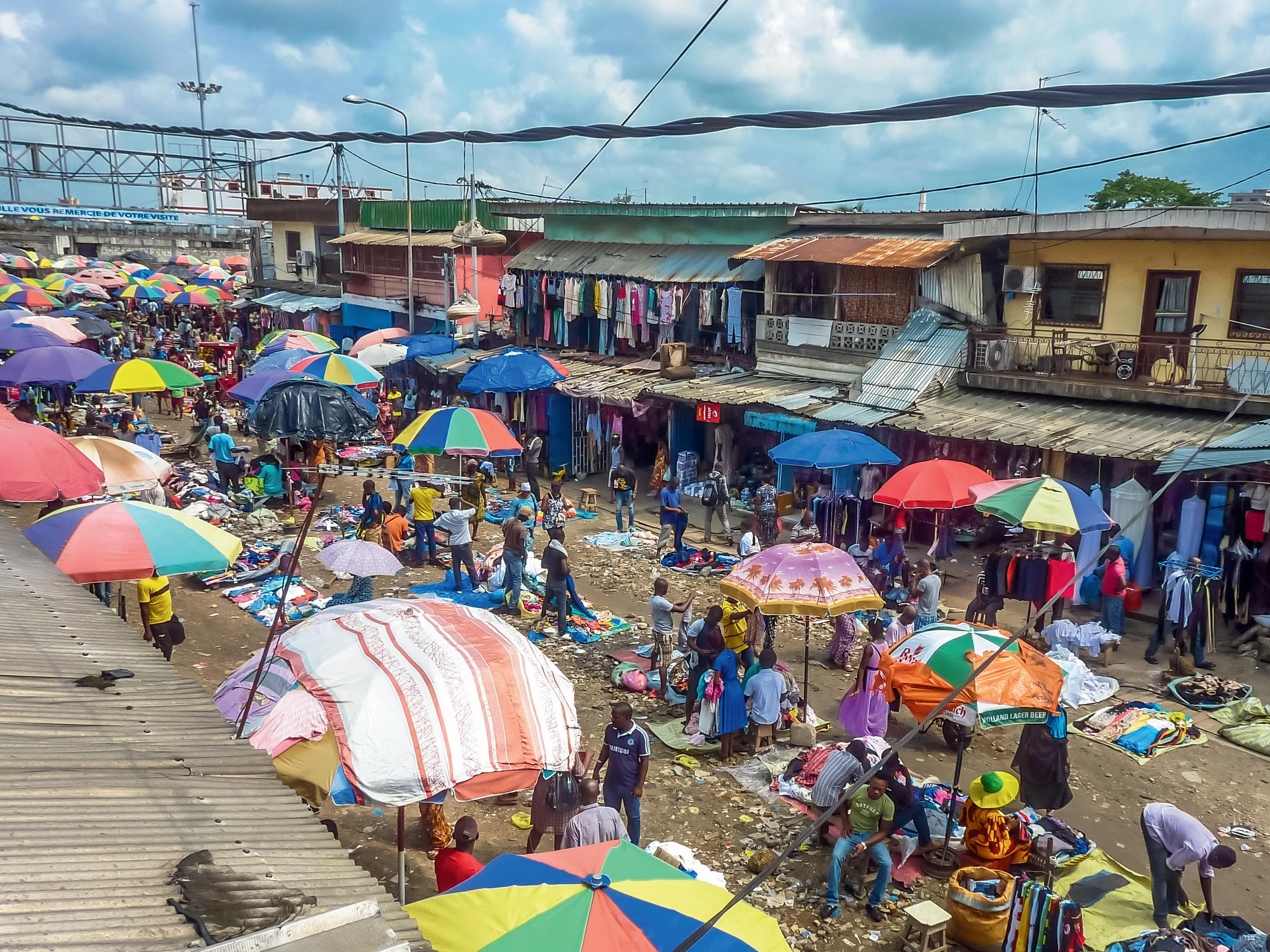
The Next Generation of Industrial Africa
Across the continent, young entrepreneurs, women-led cooperatives, and tech innovators are reimagining what African industry can be.
In Togo, digital export platforms reduced agri-export delays by 80%.
In DRC, labs led by women train local miners to certify cobalt purity.
In Rwanda, startups are using blockchain to trace the source of minerals adding value and trust.
Final Word: From Minerals to Meaning Africa does not lack resources.
It lacks unified action and infrastructure to circulate those resources across its own borders.
If we loosen the borders, invest in roads and railways, and align our industrial policies with AfCFTA’s goals, Africa can trade its way into prosperity. It’s time to process our wealth, trade among ourselves, and believe in the power of our own market. Because from pit to power, Africa’s future is not buried it’s ready to rise.

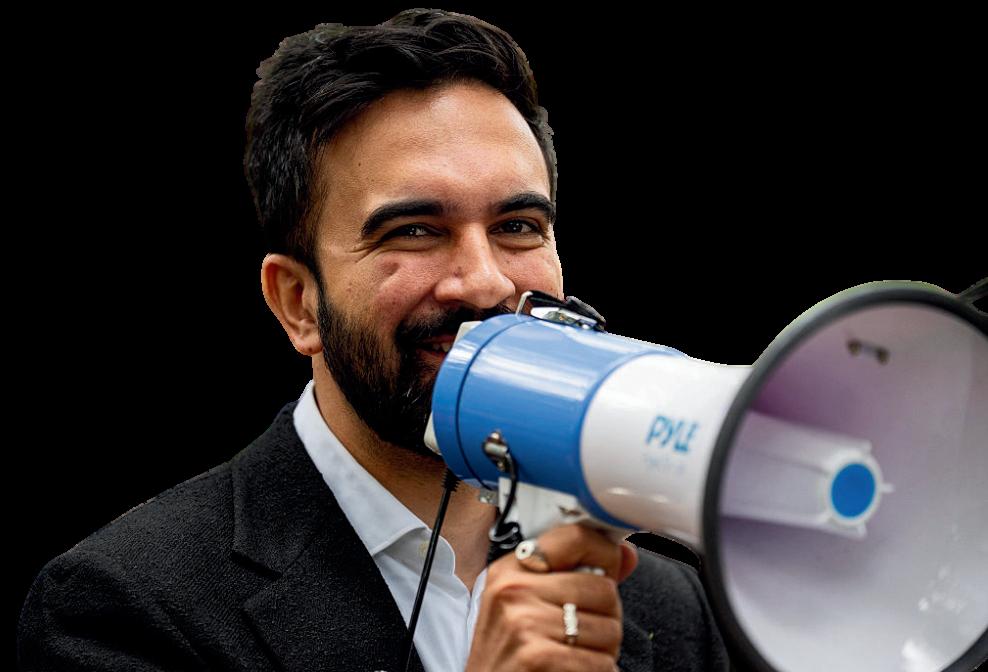
THEY ASKED FOR HIS PAPERS, NOT HIS PURPOSE
America’s Permanent War on ‘The Other’
First, they demanded Obama’s birth certificate a Black man’s ancestry put on trial. Now, they hunt Mamdani: a man whose crime is writing “African” before “American.” Hypocrisy doesn’t sting. It suffocates.
THE PLAYBOOK EXPOSED
Step 1: Weaponize Identity
“When you don’t sound like them, look like them, or pray like them you’re not American. You’re an ‘infiltrator.’”
2008: Trump fuels the birther lie demands Obama’s papers.
2025: Far-right media claims Mamdani is “Communist.”
Step 2: The Left’s Silence = Complicity
Democrats whisper: “Stand with Mamdani? But his name is too foreign. His skin too dark. His truth too loud.”
No party-wide defense.
No condemnation of Trump’s threats. Cowardice dressed as strategy.
Step 3: Violence Becomes Policy
Mamdani receives death threats. Fox News calls him “terrorist-adjacent.” America shrugs.
Because here, brown bodies are political risks. Not people.
II. THE ROOT: AMERICA’S ORIGINAL SIN
This isn’t about one man. It’s about two national lies:
1.Whiteness = Americanness
2.Everyone else is a guest until proven ‘grateful.’
Fact Check:
Mamdani was born in Uganda. Became a U.S. citizen.
Ran for office. Still, he’s “not American enough.”
Meanwhile: Melania Trump immigrated from Slovenia. Became First Lady. Never faced a loyalty trial.
If you’re color + immigrant, you’re “forever foreign.”
If you’re white + immigrant, you’re “patriotic.”
III. AFRICA’S TRUTH VS. AMERICA’S FANTASY
What America SeesWhat Africa Knows “African American = Fraud”
“African American = Our child. Twice blessed. Twice rooted.” “Mamdani is ‘un-American’”
“Mamdani is a bridge-builder heart in Kampala, mind in NYC.”
“Difference = Threat”
“Difference = Wisdom. Honor the journey.”
THE PLAYBOOK EXPOSED
Step 1: Weaponize Identity
“When you don’t sound like them, look like them, or pray like them you’re not American. You’re an ‘infiltrator.’”
2008: Trump fuels the birther lie demands Obama’s papers.
2025: Far-right media claims Mamdani is “Communist.”
Step 2: The Left’s Silence = Complicity
Democrats whisper: “Stand with Mamdani? But his name is too foreign. His skin too dark. His truth too loud.”
No party-wide defense.
No condemnation of Trump’s threats. Cowardice dressed as strategy.
Step 3: Violence Becomes Policy
Mamdani receives death threats. Fox News calls him “terrorist-adjacent.” America shrugs.
Because here, brown bodies are political risks. Not people.
Liberia’s Lesson:
We built “a first Africa free” republic when America enslaved us. Now they police our children’s identity? The audacity of amnesia.
II. THE ROOT: AMERICA’S ORIGINAL SIN
This isn’t about one man. It’s about two national lies:
1.Whiteness = Americanness
2.Everyone else is a guest until proven ‘grateful.’
Fact Check:
Mamdani was born in Uganda. Became a U.S. citizen.
Ran for office. Still, he’s “not American enough.”
Meanwhile:
Melania Trump immigrated from Slovenia. Became First Lady.
Never faced a loyalty trial.
If you’re color + immigrant, you’re “forever foreign.”
If you’re white + immigrant, you’re “patriotic.”
III. AFRICA’S TRUTH VS. AMERICA’S FANTASY
What America SeesWhat Africa Knows
“African American = Fraud”
“African American = Our child. Twice blessed. Twice rooted.”
“Mamdani is ‘un-American’”
“Mamdani is a bridge-builder heart in Kampala, mind in NYC.”
“Difference = Threat”
“Difference = Wisdom. Honor the journey.”
DEMOCRATS: THE BETRAYAL THAT STINGS
Republicans wield the knife.
Democrats hand them the blade.
2008: Obama left alone to “prove” his Americanness.
2025: Mamdani, left unprotected. Pattern: Sacrifice Black and brown bodies to appease white moderates.
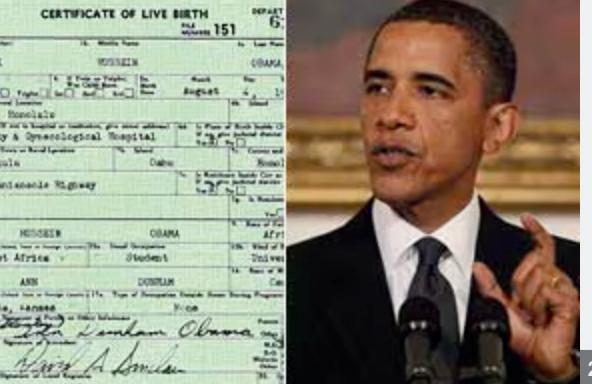
Their silence screams:

“Your dignity is not worth our polls. Your safety is not worth our donations. You are alone.”
CALL: AFRICA’S ULTIMATUM TO AMERICA
To the Right-Wing:
You fear Mamdani because his name holds Nile water and Harlem jazz. We fear nothing we birthed you.
To the Democrats:
Stop hiding behind brochures and banners. Defend your sons or lose your soul.
To Mamdani:
Wear “African” like armor. Let their hate make you visible. You are the dream our ancestors whispered as chains scraped the Atlantic floor.
To Africa:
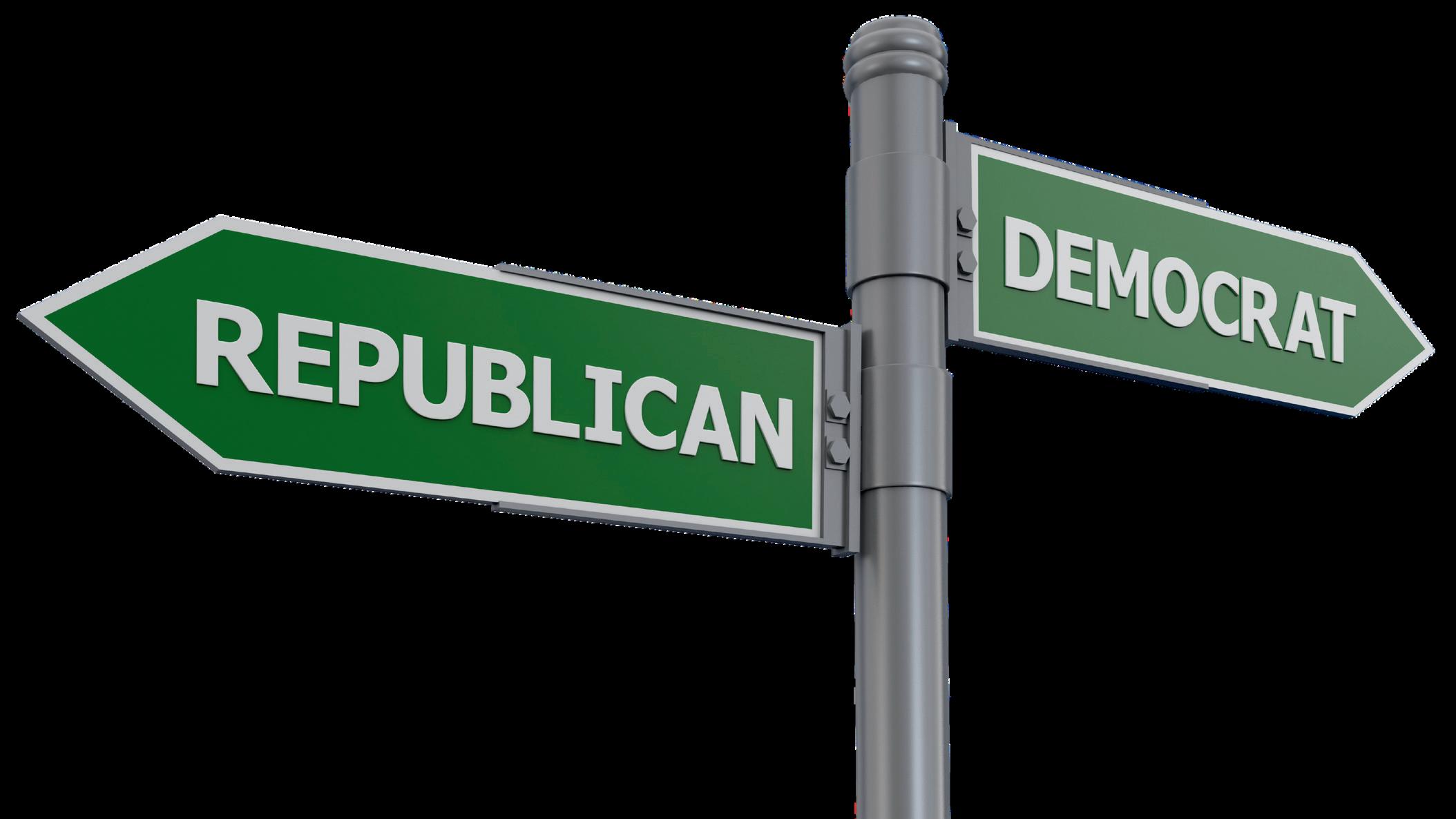
When they demand our children’s papers
Send them a continent’s birth certificate: Written in lava. Signed by bones. Dated: 200,000 BCE.
America:
You ask, ‘Where are you really from?’
*We ask: ‘When will you see us as humans?’”
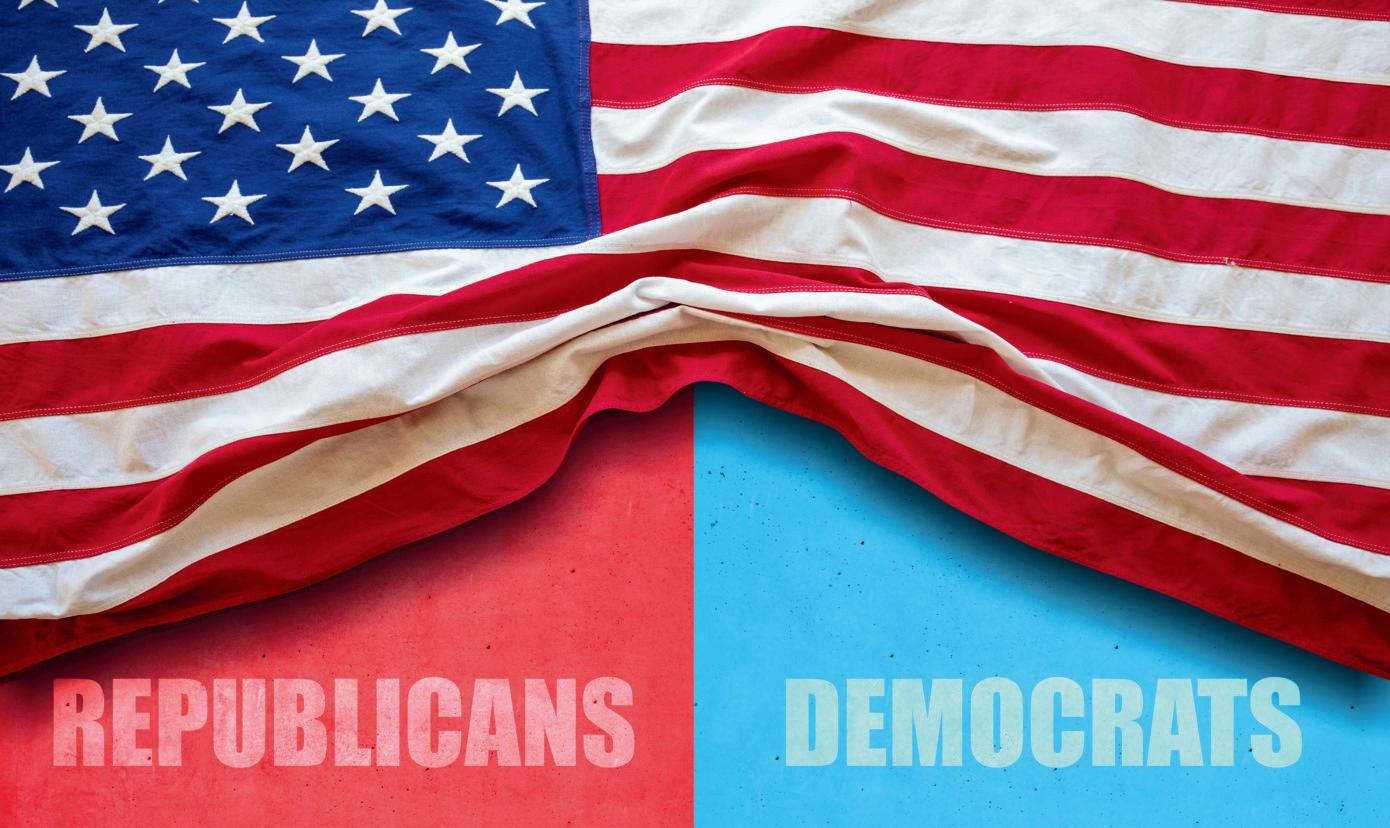

THE VOICE THAT CARRIED A CONTINENT
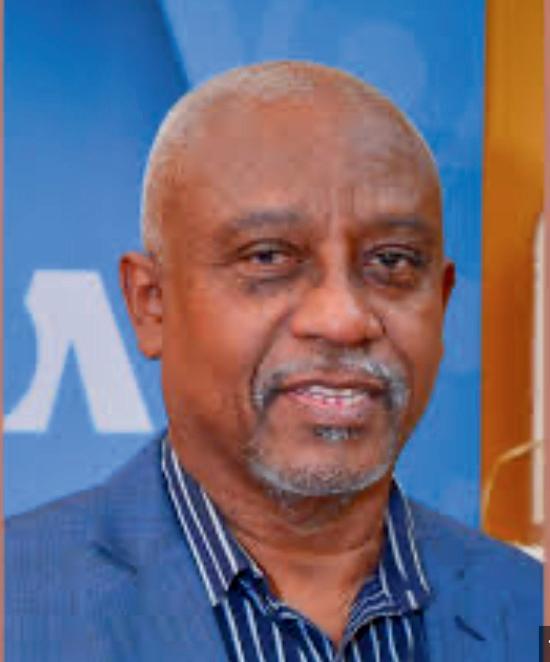
We all carry sounds from home. For some, it’s the rustle of banana leaves. For others, the clatter of Sunday pans or the soft call to prayer across rooftops. For me, growing up in Dodoma, Tanzania, it was the radio and one voice in particular.
Every day at 5 p.m., my stepmother and I would sit on a woven mat, the aroma of Yemeni coffee curling through the air, waiting not just for the news but for "his" voice steady, clear, and warm as dusk. I didn’t need him to introduce himself.
Before he even said his name, I’d already whisper it out loud, smiling: “This is Abdushakur Aboud.”
Abdushakur Aboud



That voice melodic, deliberate, undeniably African shaped my dream of becoming a journalist. And years later, when I found myself working as a line producer at Voice of America and finally met the man behind that voice, my childhood rushed back in a single breath. He was more than a memory; he was a map of everything I believed journalism could be.
So when Mr. Aboud agreed to sit down with *People of Africa Magazine* to reflect on the state of journalism and the continent he’s covered for decades, I asked him the first question that weighed on my heart:

"Is
journalism dying?"
“When Truth Costs More Than Air Time”
A deep dive into the Trump era, the economics of media, and moral compromise.
When he speaks, he carres the islands, the continent, the people.


No,” he answered firmly. “But it’s under siege.”
He spoke with the precision of a veteran and the passion of a poet.
“Journalism isn’t dead,” he repeated. “But it’s suffering everywhere in the way truth is handled, in the financial pressures that turn newsrooms into marketplaces. And unless democracy itself is protected, journalism will always be at risk.”
He explained that for journalism to flourish, there must be balance:
“The executive, legislative, and judicial branches must all be free and strong. When one wobbles, journalism loses its footing.” He noted that the Trump era in America, media institutions are tested not just by external forces but by internal choices: “Some chose funding over facts. Business over backbone.”
But he also pointed to signs of hope independent voices rising from the ashes of collapsed institutions. “Look at Hasan Mahdi,” he said. “When big media let him go, he didn’t stop. He built his own platform. These are the people who will save journalism.”
You can’t have free press without a free society.
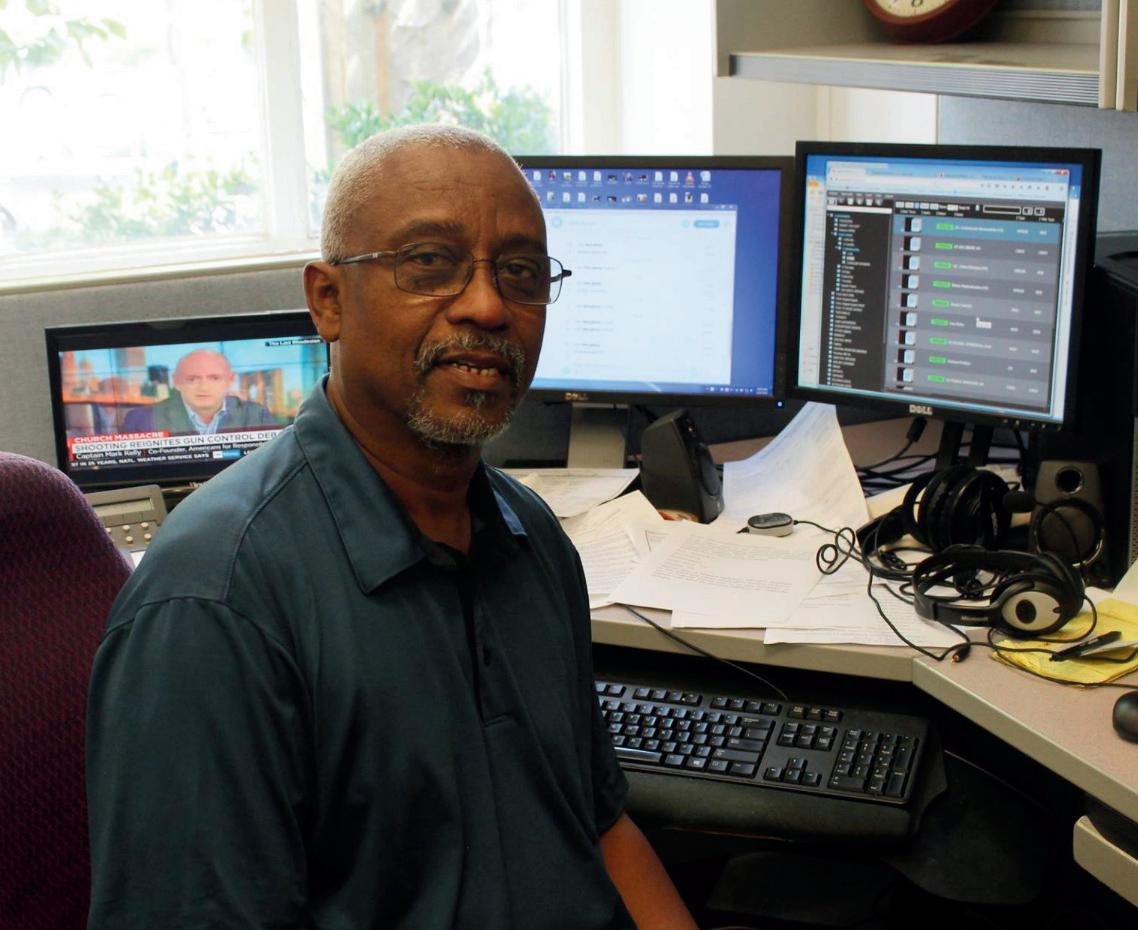

Still, Aboud doesn’t romanticize the past. Social media, he noted, is both a gift and a curse: “We have more quantity than quality now. Information without gatekeepers. But we also have more access, more agency. That’s a powerful shift.”
When I asked what he dreams for Africa, his voice softened but stayed strong: “I want to see a free, united, and democratic Africa. Not perfect but moving forward.”

He praised moves like Kenya’s visafree policy for African passport holders and the beginning of intraAfrican trade agreements. “We’re not the European Union yet,” he said. “But we’re moving. Slowly. Courageously.”
And then he added, with the weight of history behind him: “It’s not easy. Look at Libya. Gaddafi died for that dream of a united Africa. And let’s be honest countries like France, they still want to keep Africa close… too close.” But his hope is not naïve. It’s earned. Weathered. And clear.

A Voice from the Islands, A Spirit for the World
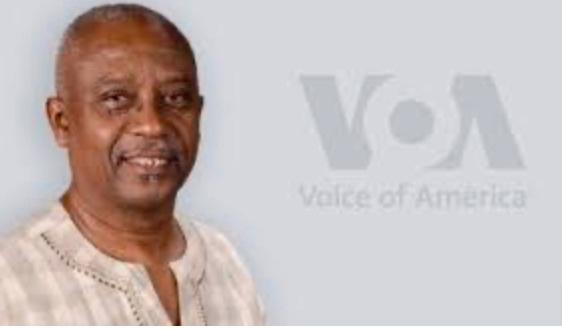
Abdushakur Aboud was born in the Comoros, a necklace of islands in the Indian Ocean with more poets per square meter than skyscrapers. He began his career in the modest yet mighty corridors of East African radios before making his mark on the global stage. Today, he is one of the most respected African journalists at Voice of America a voice trusted not just for its clarity, but for its conscience.
He speaks fluent Swahili, French, English, and fluent truth. His words are not just information they’re anchors for a continent adrift in a storm of disinformation.
To meet him is to be reminded that journalism is not a dying art. It’s a living legacy carried in voices like his, echoing across airwaves, reaching mats in Dodoma, kitchens in Kinshasa, and hearts in Harare.
And every time he signs off
"This is Abdushakur Aboud” it’s more than a name.
It’s a promise.
✦ CULTURE & HERITAGE ✦
How the Amazigh Paint Africa’s Soul in Indigo and Gold
When the desert wind carves dunes, it whispers a secret only the Amazigh remember:
“You were Africa’s first children. Your tattoos are her handwriting.”
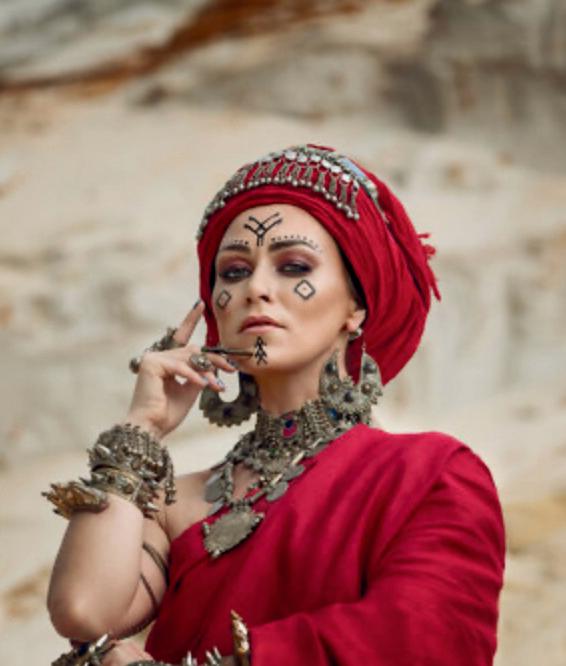
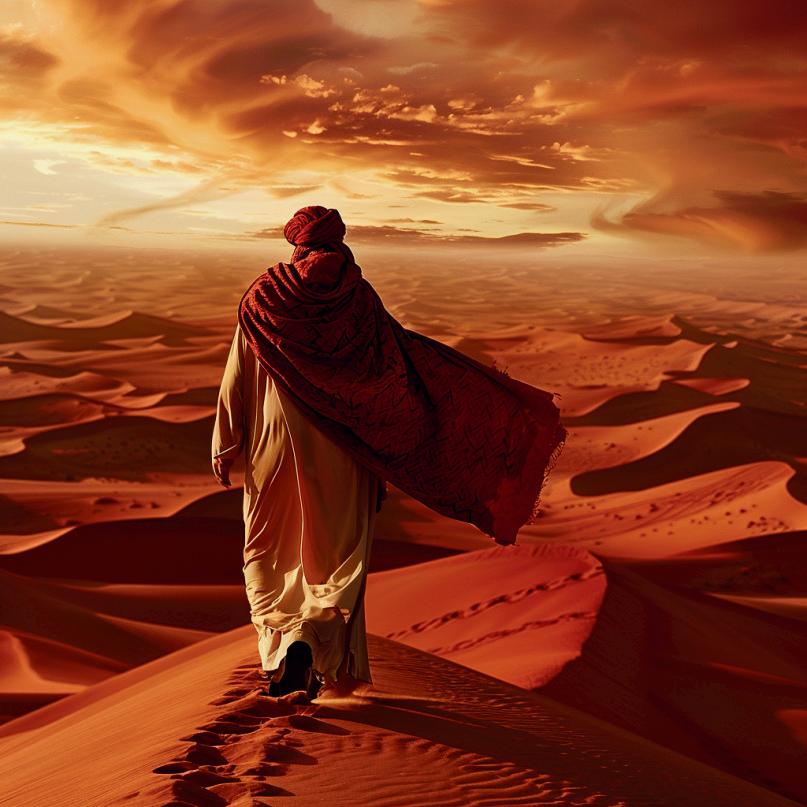
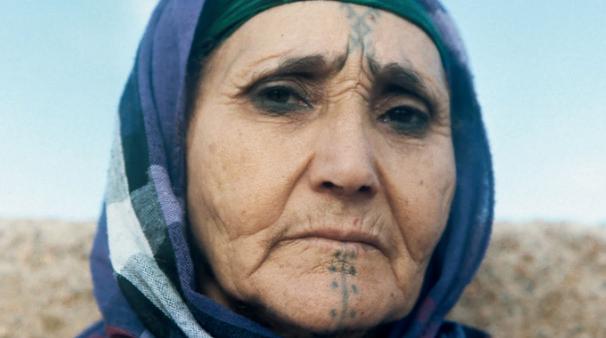
FACES THAT DEFY COLONIAL LIES
They said “indigenous Africans” must fit a single shade a monochrome of their imagination.
But the Amazigh laugh in sun-baked ochre, moonlight silver, and skin like tawny sandstone washed by Sahara rains
Sacred Skin Stories:
Tiznit (Facial Tattoos):
Lines like rivers of indigo flowing from lips to cheeks.
Dots like constellations mapping ancestral voyages.
Symbols whispering:
▶ “This mark means ‘I am free.’”
▶ “This curve means ‘I carry mountains in my womb.’”
Not ornament a rebellion in ink.
They marked us "Other" because our existence demolishes their myth: that Africa has one face, one story, one color.
ANCESTORS OF THE DUNES: THE AMAZIGH LEGACY
“Berber = Barbarian”
“North Africa = Arab”
“No African writing systems”
“Amazigh = Free People” — our true name, long stolen.
We sang in Tamazight 5,000 years before Arabic arrived.
We created Tifinagh — Africa’s ancient alphabet.
Our Gifts to Africa:
Saharan Wisdom how to find water where empires see only death.
Craft as Resistance
Carpets woven with geometric prayers. Silver jewelry shaped like Fatima’s hand amulets against erasure.
Music of the Unbroken Strains of the bendir drum echoing through the Atlas peaks, the heartbeat they could never silence.
FACES LIKE FLOWERS: THE GARDEN OF AMAZIGH BEAUTY
“Africa is not a shade of skin it’s a shade of pride.”Look at us and see a continent’s bouquet
Tulips of the Rif Mountains:
Fair-skinned Amazigh with eyes like green olives, cheeks tattooed with crimson poppy blooms.
Lilies of the Siwa Oasis: Women braiding palm fronds into crowns, faces marked with moonwhite symbols.
Sunflowers of Tuareg Dunes: Veiled men in sapphire blue, skin like gilded sand under Saharan sun
Yes, we too are Amazigh.
We are the living proof: Africa’s beauty cannot be contained in a single pigment. We are light as almond milk, dark as volcanic rock, bronze as desert dawn and every hue is 100% African.
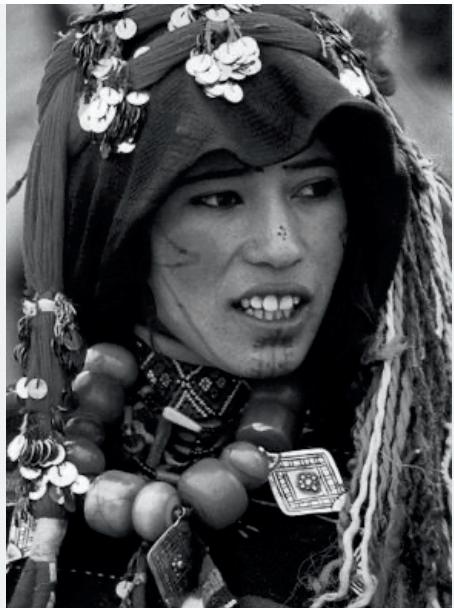
RESURRECTING THE INK: THE TATTOO REVIVAL
Why They Banned Our Marks: Colonial laws called our tattoos "savage." But we knew Every line was a library. Every dot was a dynasty. The Renaissance: Young Amazigh women reclaiming needles: “My grandmother’s tattoos were burnt away. I etch them back not on skin, but on my soul.”
Tattoo Artists of Resistance: In Marrakech alleys, studios now offer “symbol reclamation” sessions reviving Amazigh glyphs on the skin of the diaspora.
TO THE WORLD: A MESSAGE IN TIFINAGH
Next time someone asks, “What do indigenous Africans look like?” Show them our faces. Show them: The woman of Aït Khabach dancing with her face to the stars, indigo tattoos glowing like Milky Way dust. The Tuareg elder his hands mapping Tifinagh into sand, each letter a monument. The Kabyle girl weaving silver with fingers that remember Carthage, her laugh a rebellion.
WE ARE NOT ONE FLOWER. WE ARE THE WHOLE GARDEN.
From the olive groves of Morocco to the volcanic plains of Libya
We are Amazigh.
We are Africa’s first skin. And our beauty is a fact, not a debate.
“We are the garden that planted itself.
Now watch us grow forests.”
EPILOGUE: AFRICA IS NOT A MONOLOGUE. IT’S A SYMPHONY.
From the Amazigh etching stars into Sahara skin
To the Zulu drum echoing “Nguni! Nguni!” across Drakensberg peaks
You tried to call us “tribes.”
We are constellations.
You measured our worth in your mines.
Stole our tongues for your dictionaries.
Packed our gods in your museums.
Yet here we stand: Unburied. Unbroken. Unbothered.
Liberia’s lone star still burns. Mamdani’s name still roars
“African!”
Amazigh ink still bleeds indigo truth.
TO OUR CHILDREN: WHAT AFRICA LOOKS LIKE
Africa is not a shade of skin
It is the goldenrod glow of a Saharan dawn, The ruby rage of Accra’s hibiscus, The violet velvet of Kampala’s twilight, The emerald pulse of Congo’s rainforest.
We are tulips kissed by Atlas Mountain snow.
Lilies rooted in Nile mud.
Sunflowers turning toward tomorrow’s sun.
TO OUR CHILDREN, WHEN THEY ASK:
“What does African look like?”
Point to the mirror.
Point to the sky.
Point to the soil where your umbilical cord sleeps.
Then say: “It looks like my grandmother’s hands shaping clay gods. It sounds like my father’s pidgin prayer at sea. It tastes like forgiveness stewed in okra and palm oil. It feels like coming home.” “
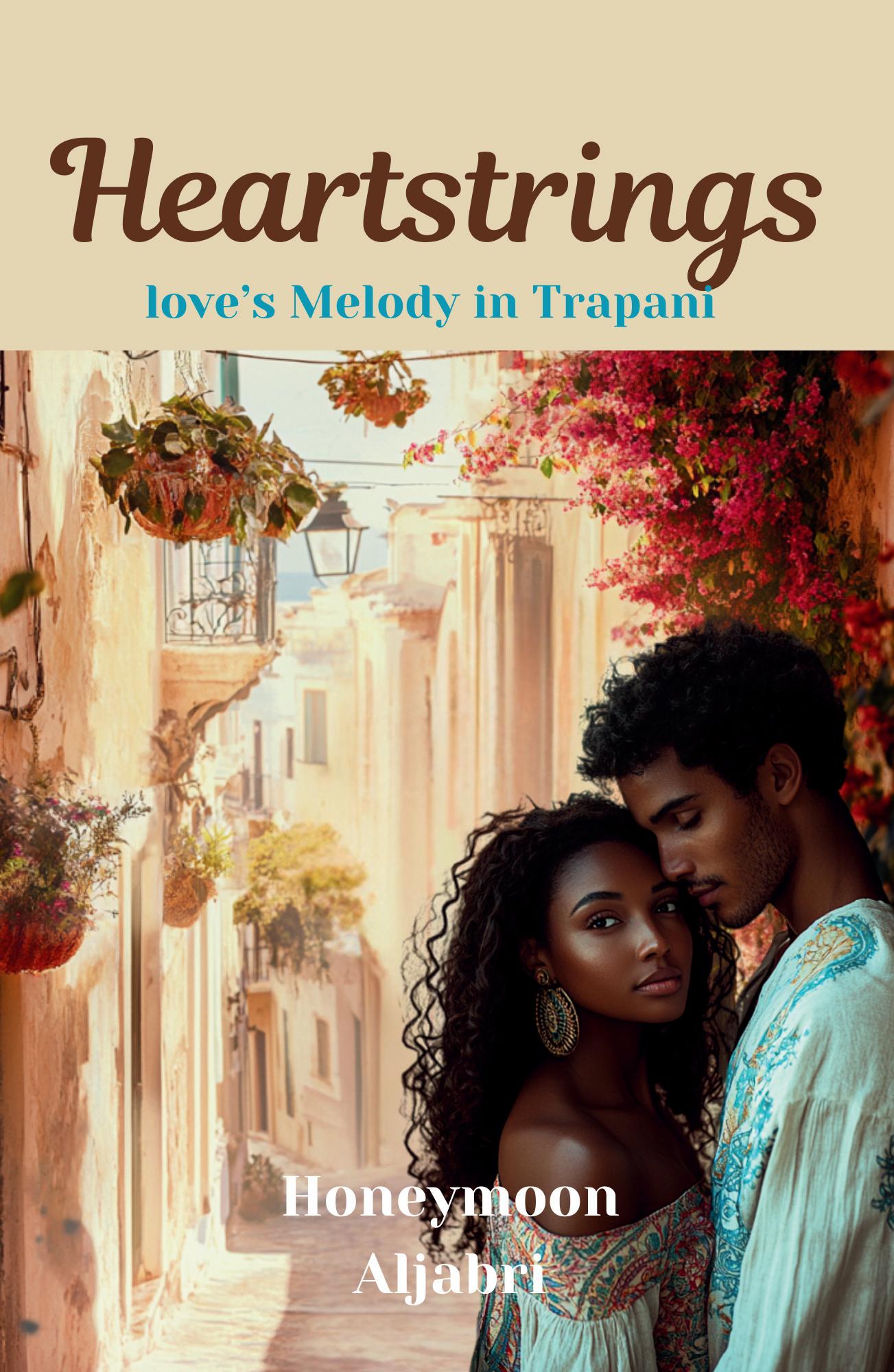
In the tender embrace of "Heartstring," Honeymoon Aljabri weaves a tale as poetic as the African sunset. Ahmad, a Moroccan footballer, and Zahra, a Sudanese artist, flee their respective storms, finding solace in the ancient streets of Italy. Their journey is a symphony of whispered dreams and unspoken desires, an escape from the shadows of Istanbul and Washington D.C. In the quiet moments between heartbeats, their souls recognize each other, echoing the rhythms of their shared continent. As their paths intertwine, love blossoms like the desert rose, pure and unwavering. In this dance of destiny, they discover a sanctuary in each other's arms, a love that transcends borders and heals the deepest wounds, resonating with the timeless beauty of Africa itself.
heartstrings
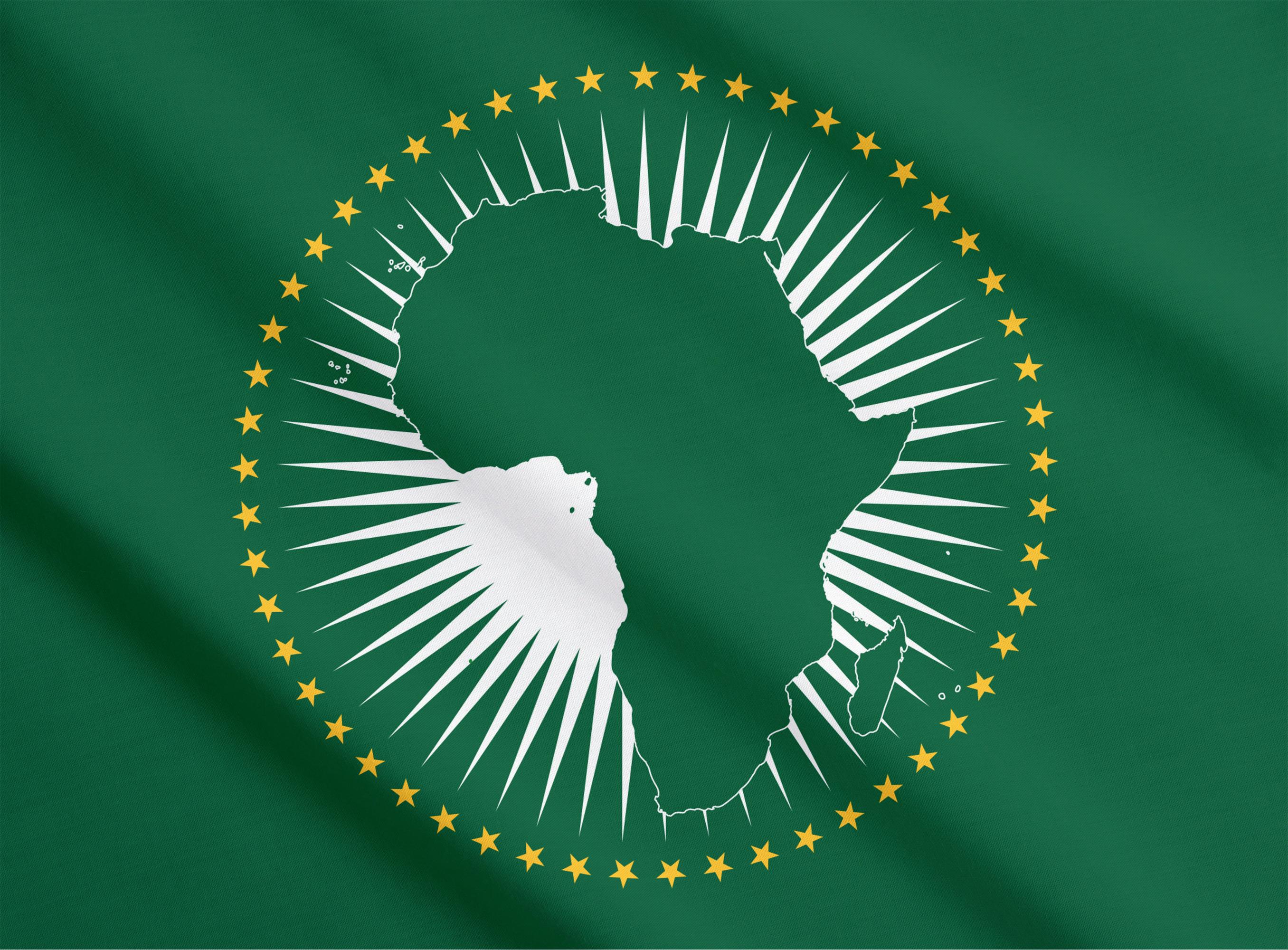
TheAfrican Unionmust reintroduce itselftothe people.
Mayra De Lassalette:
A Voice That Calls Africa to Attention
is one of the journalists Africa can truly be proud of. With a voice that carries grace, conviction, and clarity, she has spent years educating, informing, and uplifting the stories of African people. Working in the Portuguese department at Voice of America, her reporting has long reflected the vision of the Africa we want — unified, informed, and forwardlooking.
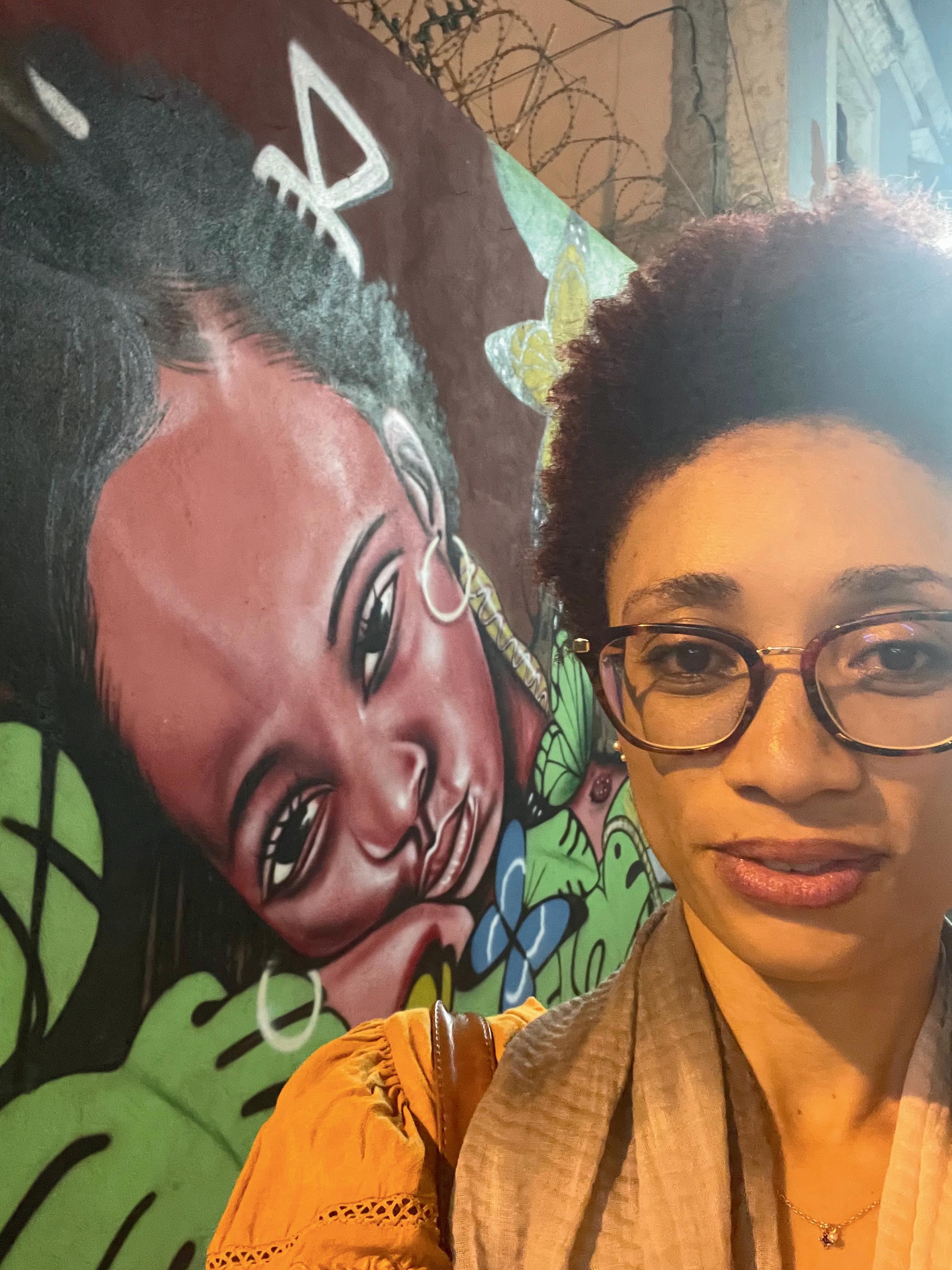
We first sat down with Mayra for an interview in *Her Voyage* magazine, where she shared her personal journey from Angola to Portugal and beyond. But if you're lucky enough to get time with Mayra, you don’t waste it you ask every question you've ever wanted to ask. Booking her is a challenge; her schedule is tight, and her presence is in demand. So when we had a second opportunity to speak with her, this time for *People of Africa*, we knew we had to go deeper.
The African Union must reintroduce itself to the people.
When I asked Mayra what she thought of the African Union, her voice lowered. The tone shifted soft, reflective, and profoundly honest.
"So many young Africans don’t even know the purpose of the African Union," she said. She explained with painful precision. "Today, if you walk into any EU country and ask a young person about the European Union they’ll tell you. They know they share a currency, have open borders, and belong to a union that functions." She paused, then continued:
call for a stronger, more visible African Union
"Now go to many African countries and ask a young person about the African Union. Most of the time, you’ll be met with blank stares and confusion. The questions come quickly: *‘What? What do you mean?’*"
For Mayra, this disconnect is not just troubling — it’s urgent. “The African Union must reintroduce itself. People need to understand its purpose in order to believe in it.”
Her call for a stronger, more visible African Union one that engages directly with its people resonated deeply with our team.

Inspired by Mayra’s challenge, *People of Africa* launched a small, informal survey. We reached out to 100 Africans across various regions and languages, asking: Do you know what the African Union is, and what it does?”
Only 23 respondents said yes. Of those, fewer than half could name a specific benefit or goal of the Union. This is not a failure of African youth. This is a communications failure and a missed opportunity.
A Wake-Up Call for the Continent**
At People of Africa, we believe Mayra is right: the AU must work harder to meet the people where they are. In villages, towns, schools, radios, and phones. A union cannot exist in silence. Its mission, its policies, and its goals must be known if they are to be trusted.
The People's Pulse: Do Africans Know the AU?
Mayra De Lassalette reminds us that journalism is more than headlines it is memory, mirror, and movement. Through her words, she challenges not only leaders but all of us Africans across borders and generations to ask harder questions and demand bolder answers.
Thank you, Mayra, for helping us see more clearly. For reminding us that truth is not just reported it must be heard.
homefolk
Every Home has a voice where walls hold stories
Calabash & Clay:
The Return of “Earthware” in Modern Homes
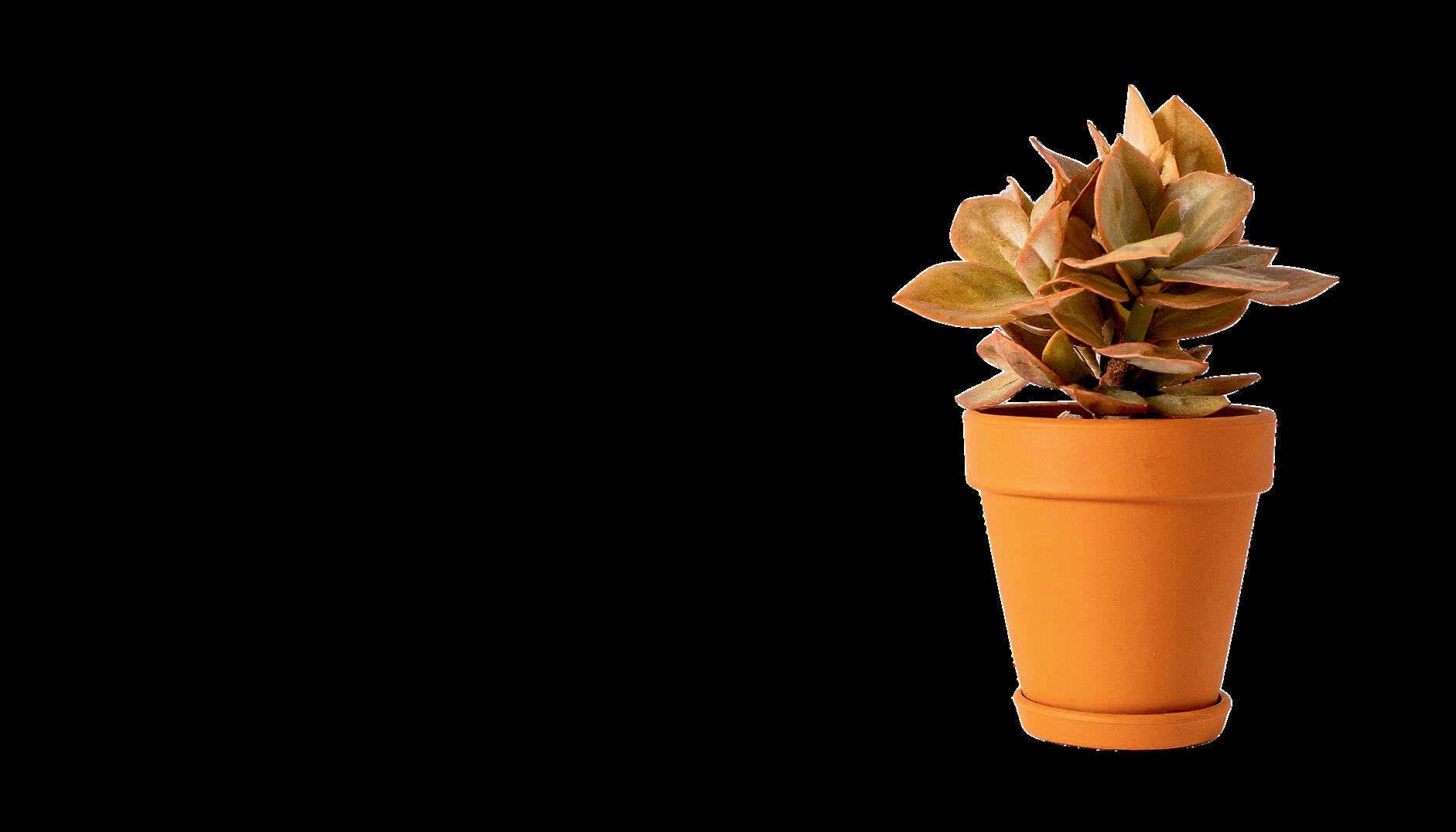


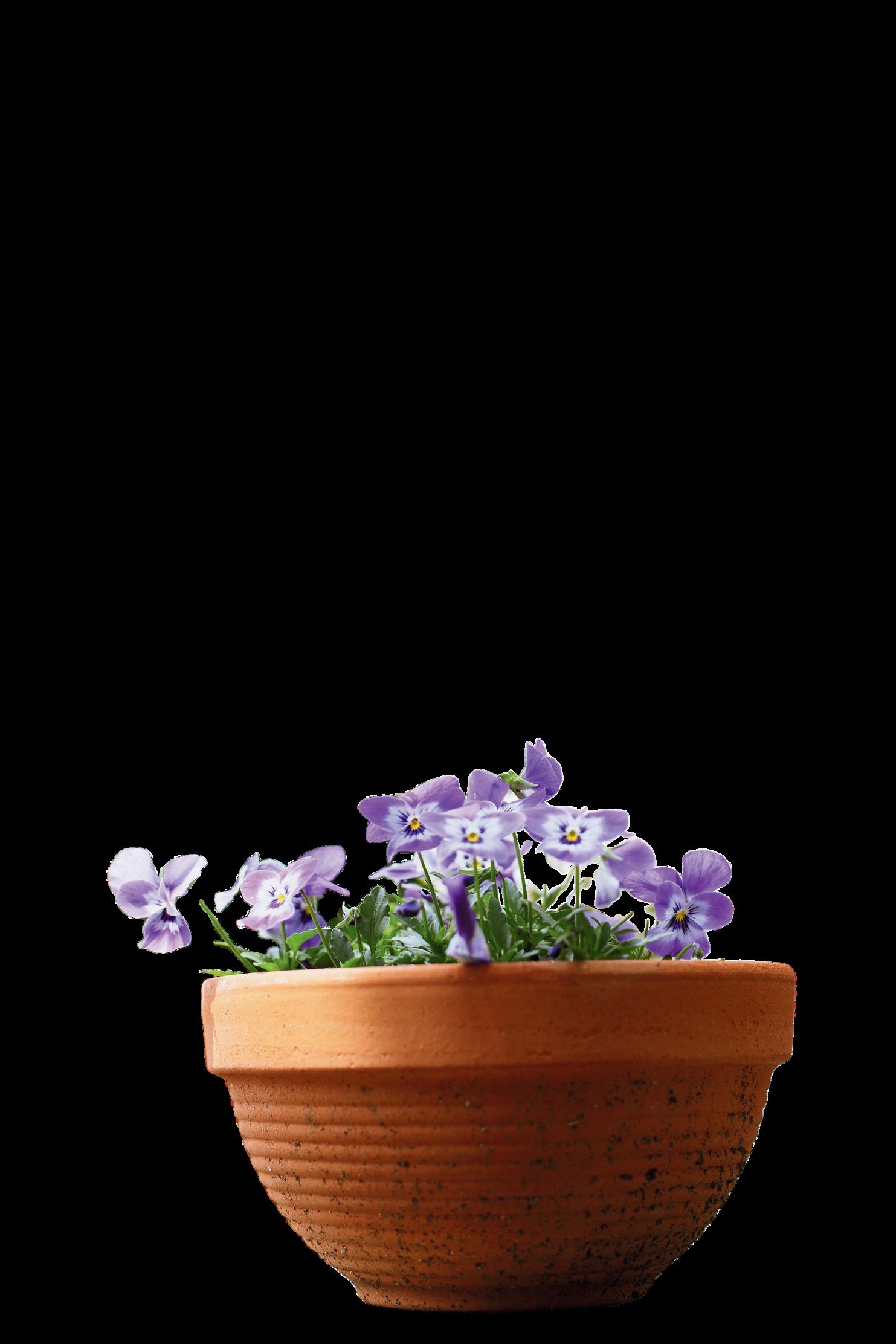
Calabash & Clay:
Ancestral design. Modern intention. African homes are turning back to the earth and finding timeless beauty in calabashes, terracotta, and clay.
Once, they held porridge, palm wine, and prayer water. Now, calabashes and clay pots are making a quiet return not just as memory keepers, but as centerpieces of style. Across Africa, and in diasporic homes around the world, the warmth of natural materials is speaking again. In an age of fast furniture and plastic everything, these humble vessels remind us to slow down, to return to what breathes.
Handmade, sun-dried, fire-fired “earthware” carries stories, soul, and sustainability. This is not just a trend. It’s a return home.


5 Ways to Bring Calabash & Clay Into Your Modern Home
« The Gourd Vase Revival
A dried calabash — painted, etched, or wrapped in leather — becomes a striking vase for dried florals or wild grass. Bonus: It’s lightweight and uniquely shaped every time.
« Clay Water Pots as Wellness Decor
Clay pots naturally cool water, regulate indoor humidity, and carry a rustic elegance. Place one near a window, surrounded by woven baskets or stacked books for a serene, healing corner.
« Earthen Dining¤
Terracotta for the Table
Serve grains, beans, or stews in small terracotta bowls or plates. The texture adds depth, and it connects you to centuries of communal eating.
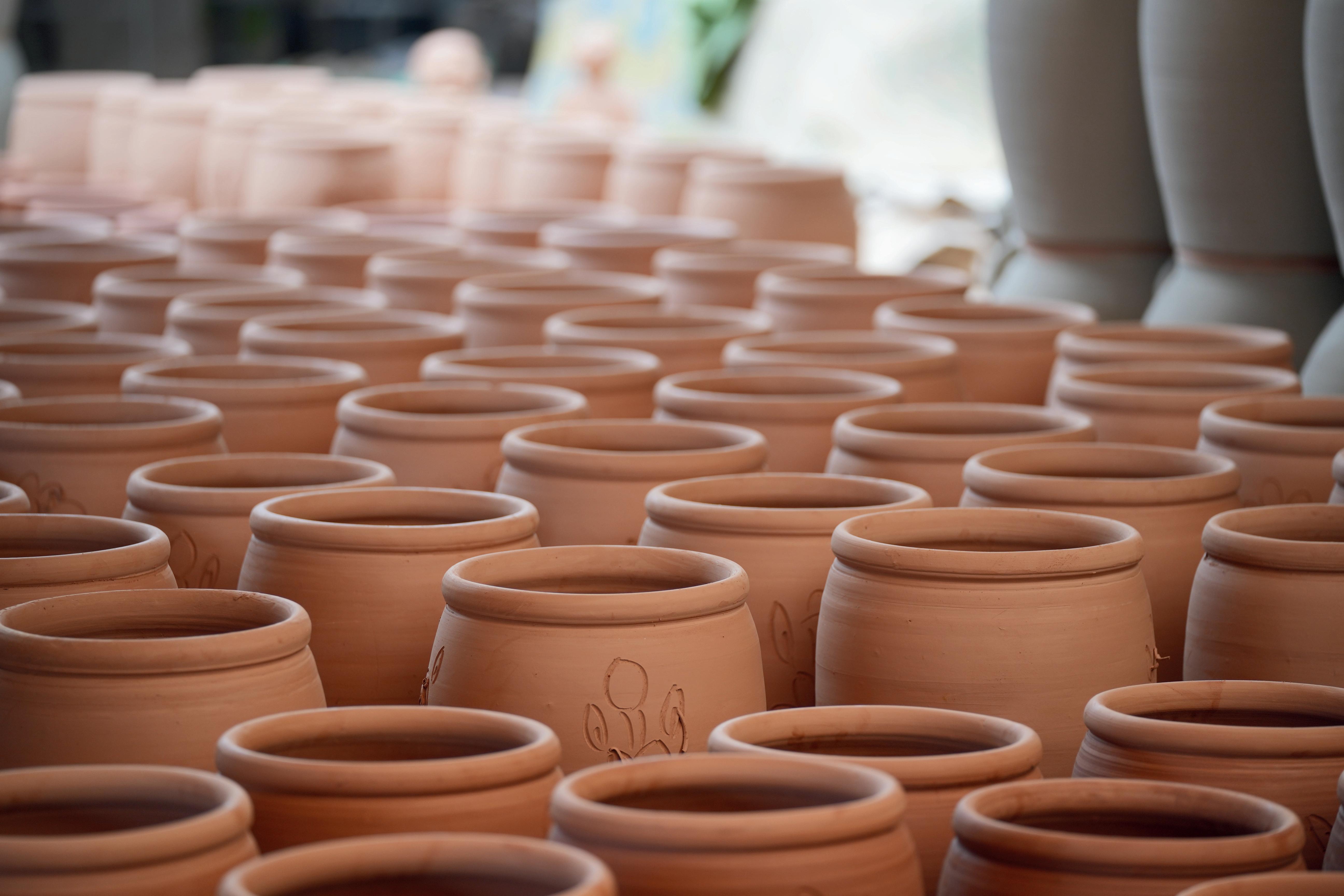
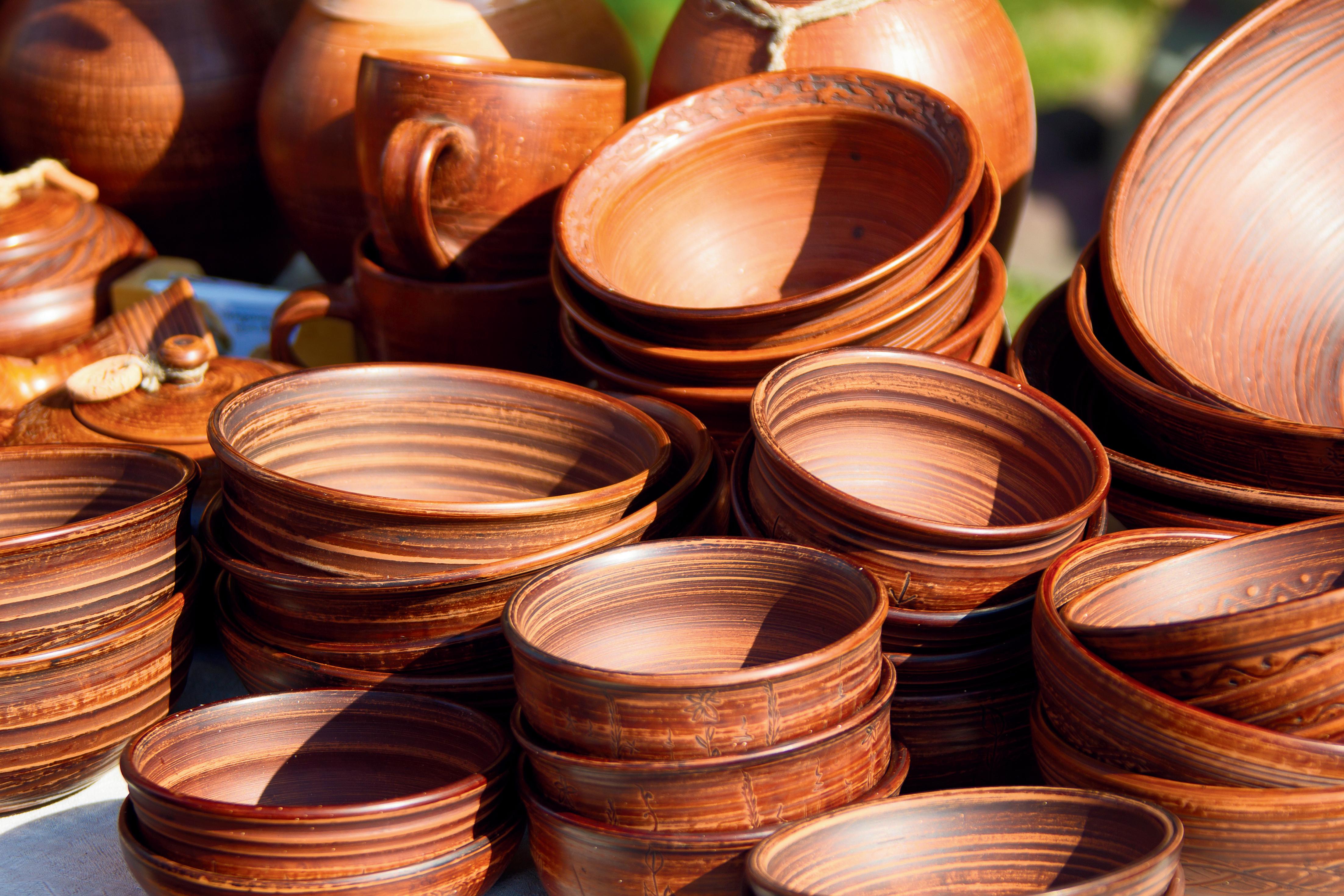
« The Wall of Soil � Story
Mount shallow clay dishes or calabash lids as a wall gallery. Add in handwoven fans or flat baskets for a layered, earthy art installation
« Scent from the Earth
Burn myrrh, frankincense, or local herbs in a small clay incense holder. The scent rises like memory sacred, grounding, and deeply African.
Tip Box: Caring for Clay & Calabash
Wash gently with mild soap never soak.
Let air-dry completely before storing.
Rub with coconut oil to preserve the luster of calabash. Use beeswax seal for porous clay if using for food.
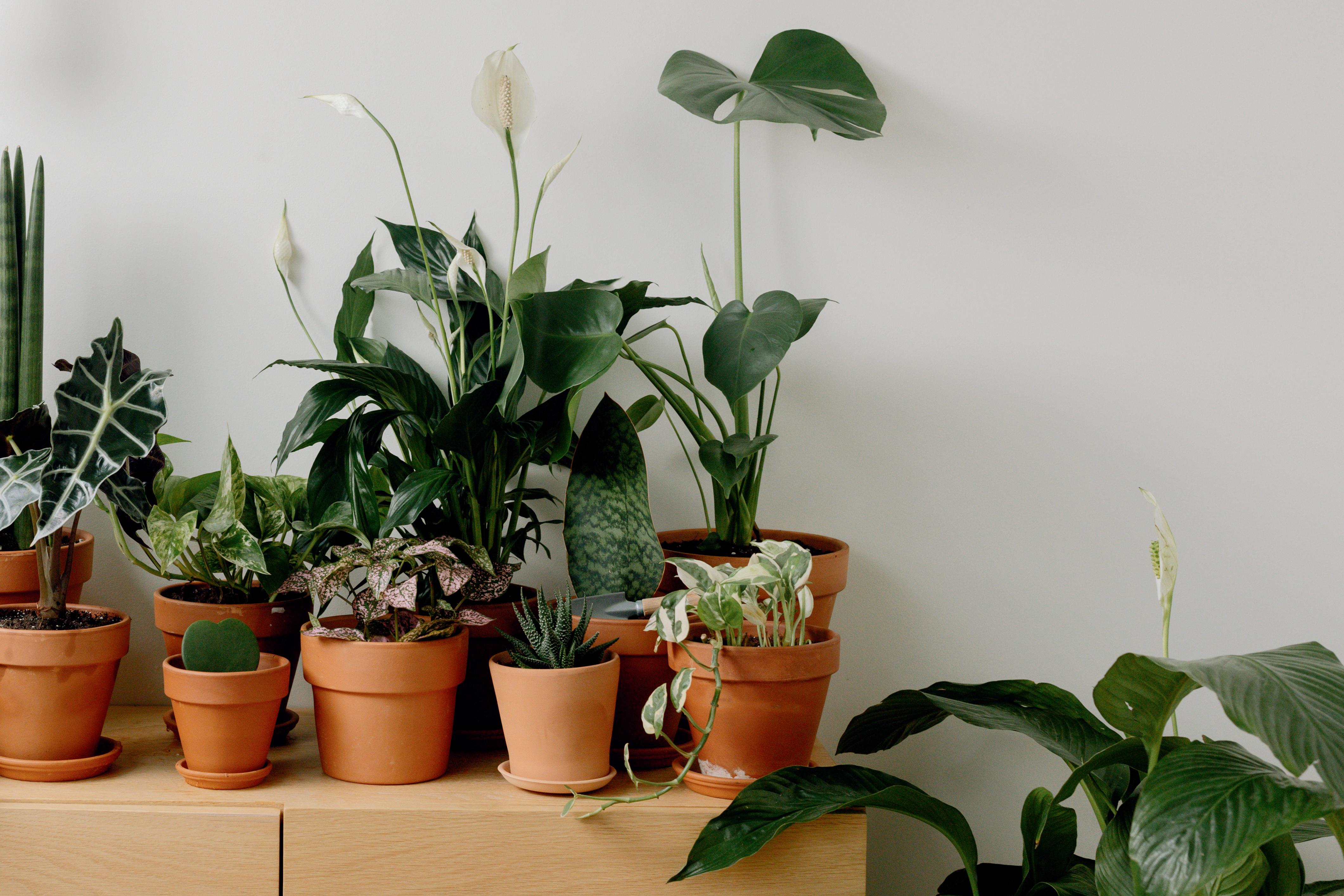
Calabash and clay are not just décor they are declarations. Of where we come from. Of what lasts. Of how beauty can be born from the earth, carried in our hands, and passed on like recipes whispered across generations. “These pots are not old they are timeless.”
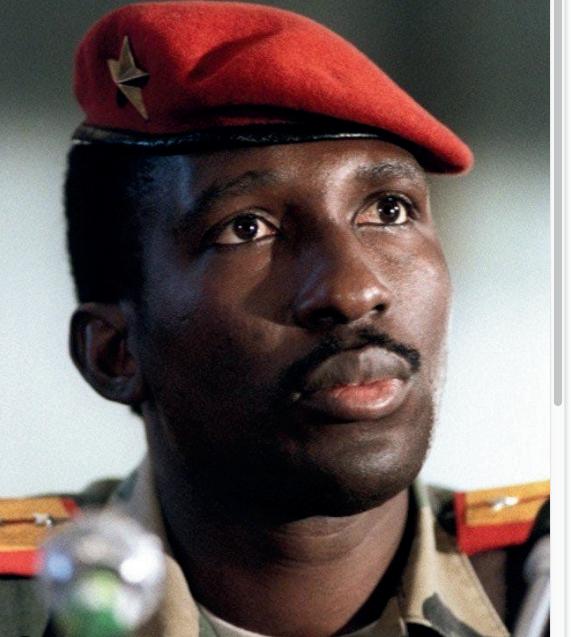
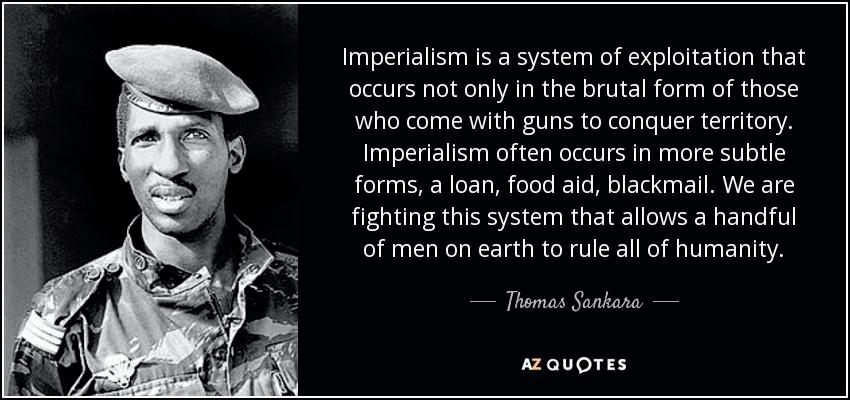
Thomas Sankara
this is africa

Solo and Safe: Exploring Africa Like a Queen
If your heart beats faster at the thought of adventure, breathtaking landscapes, and soaking in cultures that take your breath away, then traveling solo in Africa might just be your ultimate soul-nourishing experience. The world may have its opinions about Africa but let us tell you it’s a treasure chest of beauty, kindness, and unforgettable journeys, especially if you’re flying solo. Here’s your “People of Africa” most stunning places to travel solo in Africa.
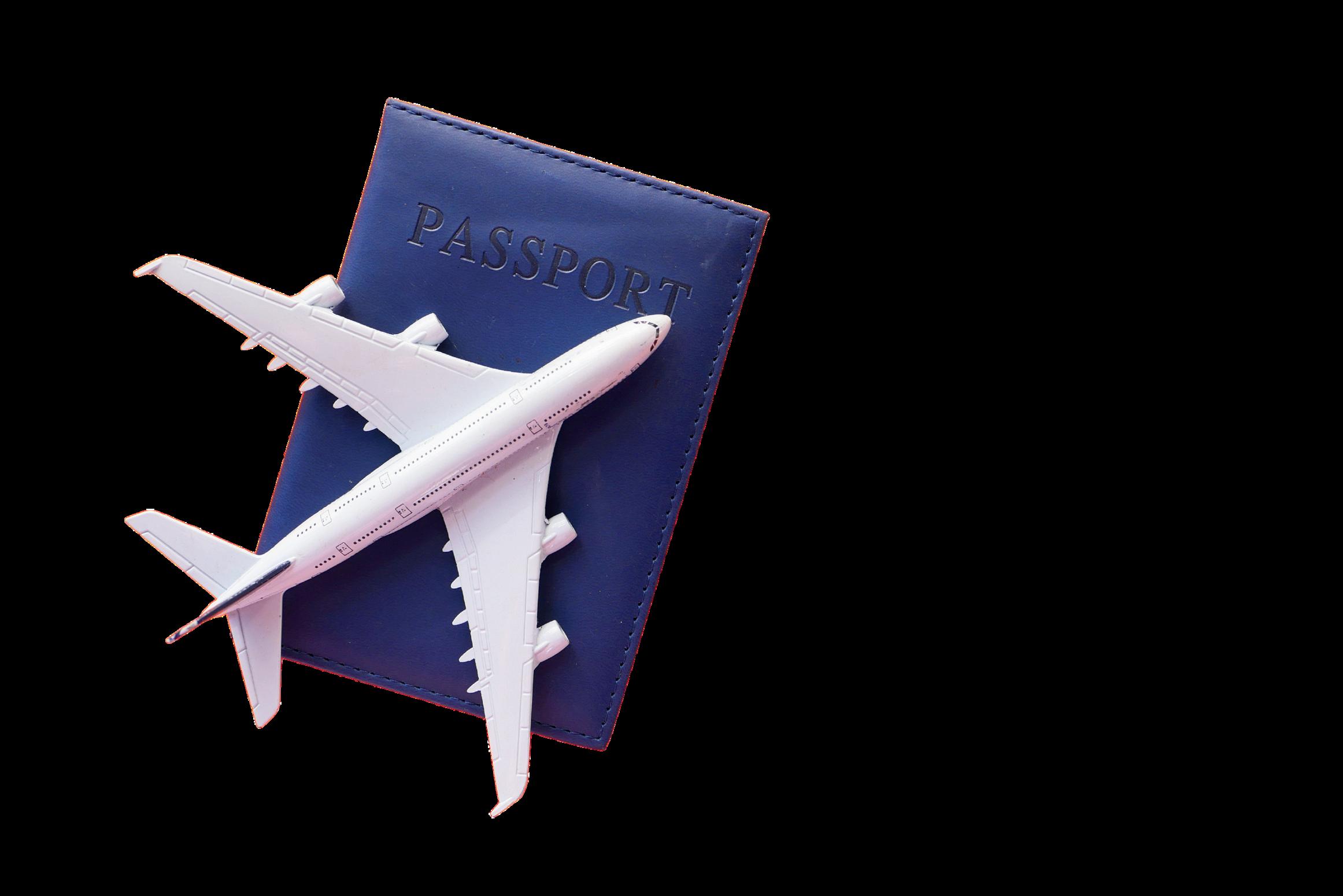

The Safest (and Most Soulful) Spots for Solo Queens
1. Serengeti, Tanzania
Safari vibes, sunsets that’ll make your Instagram pop, and locals who’ll treat you like long-lost family. Whether you’re waving to elephants or hiking up Mount Kilimanjaro (yes, you can do both), Tanzania is as magical as it gets.
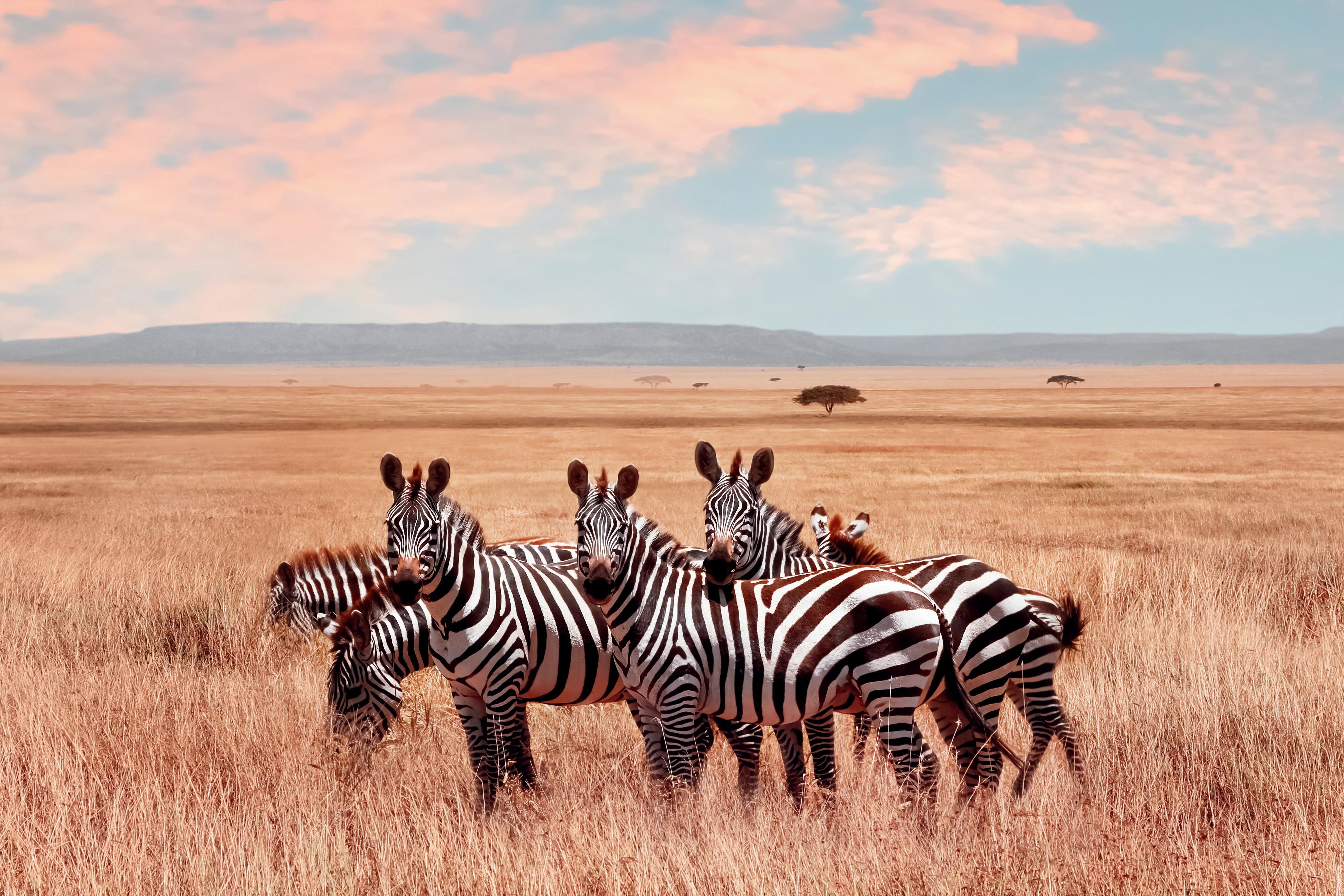
2. Uganda: The Pearl of Africa
Imagine sipping tea in lush landscapes after meeting a gorilla family. It’s like Tarzan, but make it chic. Uganda’s warmth isn’t just in its weather it’s in its people..
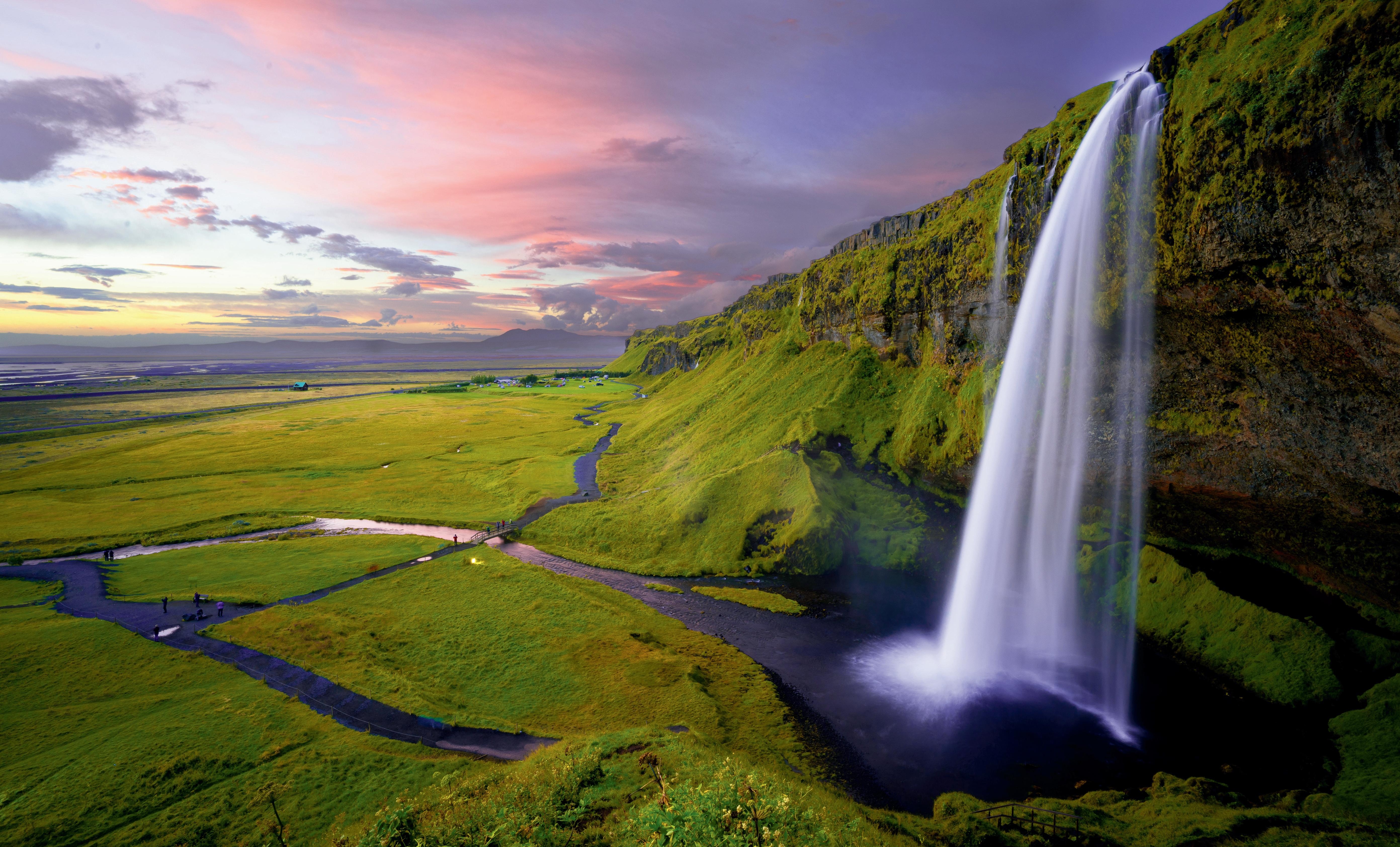
3. Victoria Falls, Zimbabwe
Known locally as “The Smoke That Thunders,” it’s the Beyoncé of waterfalls. Pro tip: Stand close enough to feel the mist but far enough to keep your eyeliner intact.
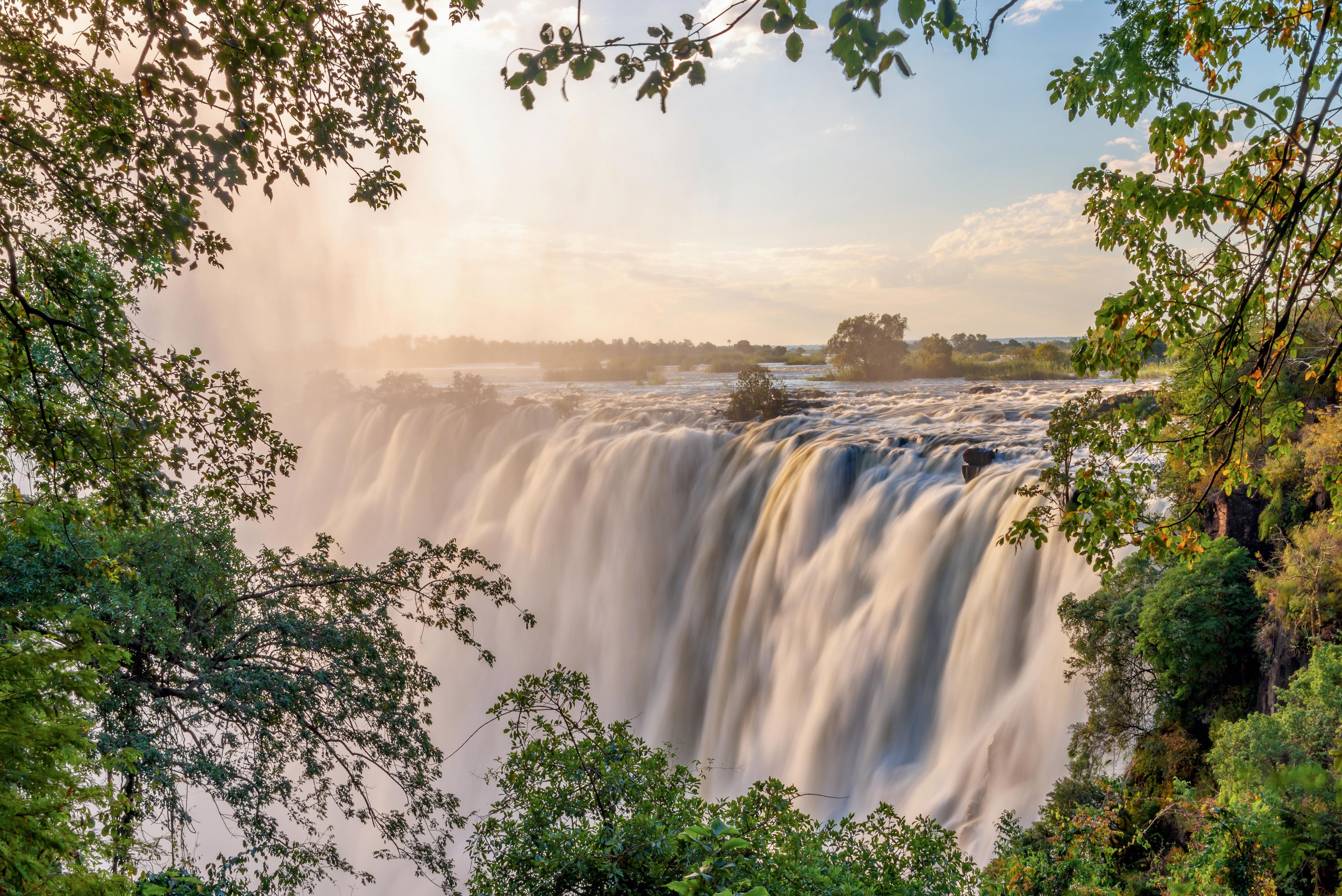
4. Eswatini: A Hidden Gem
Think royal vibes with a touch of zen. Stunning scenery, rich culture, and the kind of tranquility that’ll make you wonder why you didn’t come sooner.
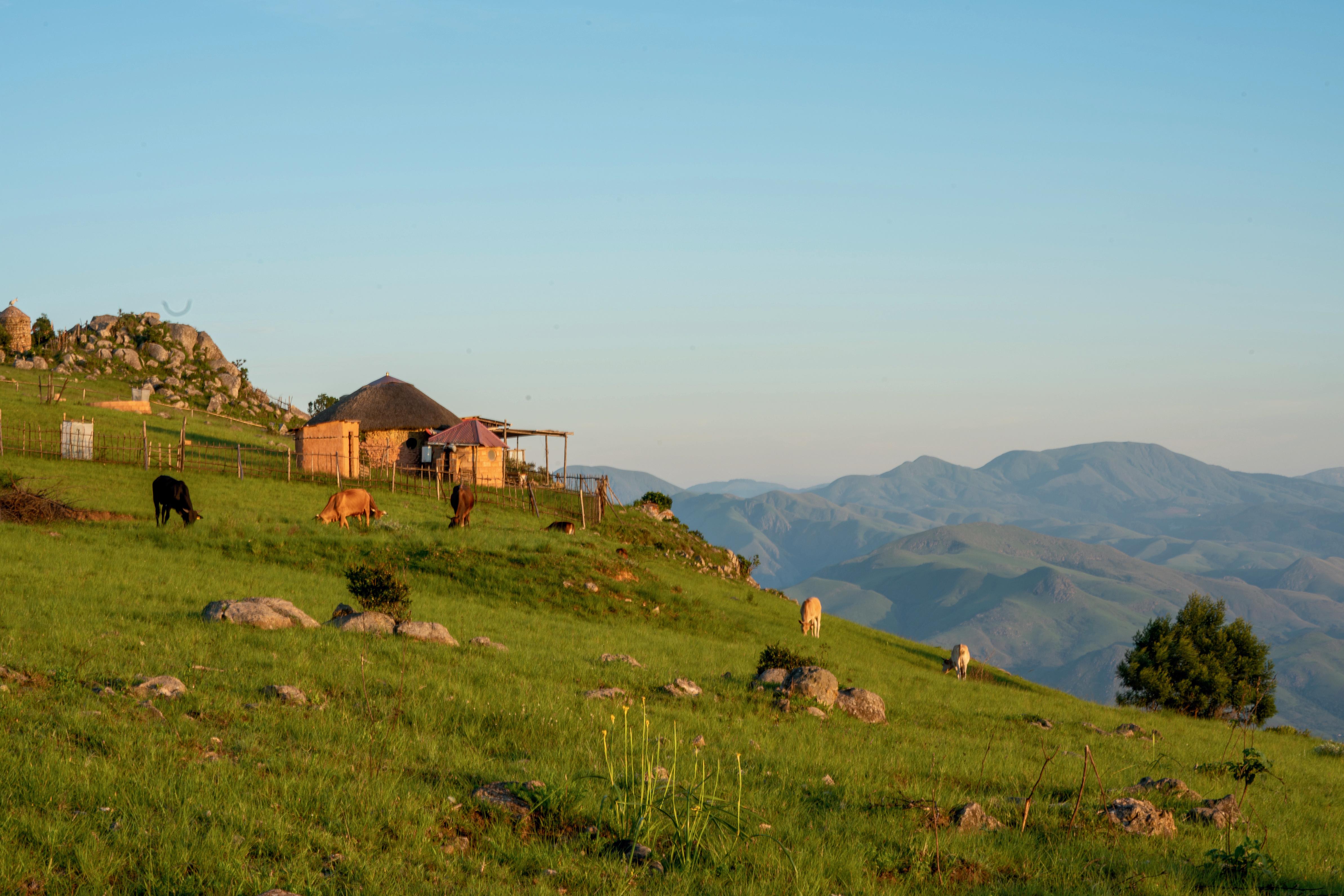
5. Lesotho: The Kingdom in the Sky
Perfect for mountain lovers and peace seekers. This tiny nation feels like a fairy tale, minus the wicked witches.

6. South Africa: A Little Bit of Everything
Safaris, vibrant cities, and vineyards that’ll have you questioning your allegiance to coffee. Yes, it’s a mix of excitement and caution, but with the right guides, you’re golden.
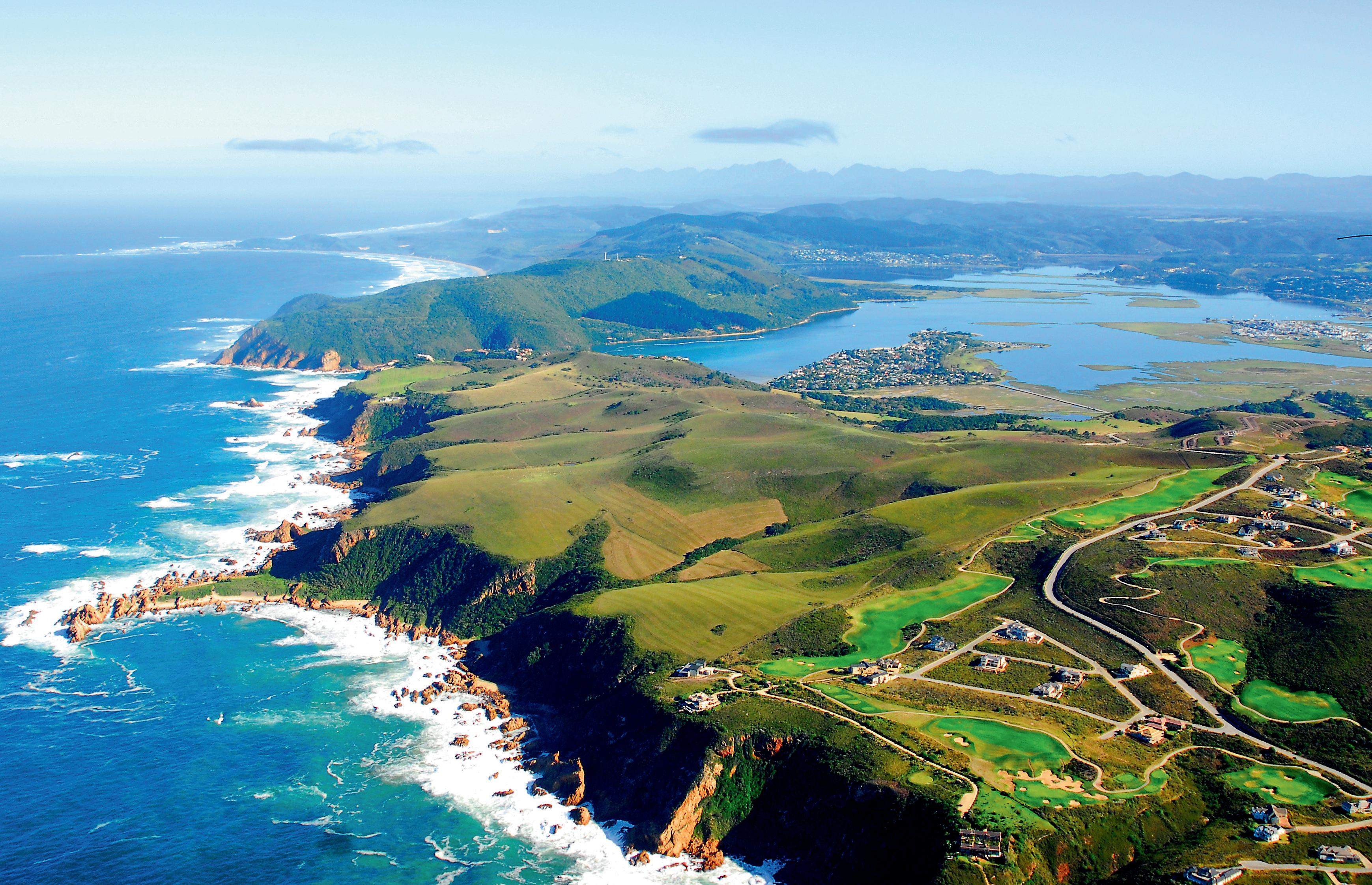
How to Solo Like a Pro (and Not Lose Your Cool)
1. Be the Research Queen
Google is your BFF. Know the local currency, phrases, and which side of the road they drive on. Bonus points if you memorize a few key “Swahili” Hakuna matata phrases to charm everyone you meet.
2. Pack Respect Alongside Your Passport
Honey, leave the short shorts at home (unless you’re on the beach). Modesty isn’t just polite it’s your golden ticket to being welcomed with open arms.
3. Stay in the Loop
Drop your mom a quick “I’m alive!” text every few days. If she’s anything like mine, she’ll call the embassy if you go radio silent.
4. Hitchhiking Is Not Your Aesthetic
Stick to verified taxis and transfers. Yes, spontaneity is fun but so is arriving safely at your destination.
5. Trust Your Gut (and Your Heart)
If something feels off, channel your inner diva and walk away with flair. Nothing is worth compromising your safety or your fabulousness.
Dear Traveler, Leave Your Judgments at Home
Africa doesn’t need you to compare it to your hometown; it needs you to embrace its charm, quirks, and soul. You didn’t go all that way to live the same life in a different time zone, did you?
Your Voyage Awaits Africa isn’t just a destination; it’s an experience. Go solo, be fearless, and let the magic of this continent remind you just how amazing life can be. Oh, and don’t forget if you’re scaling Kilimanjaro, pack extra snacks. A hangry queen is not a happy queenNow, darling, go and conquer Africa. Your adventure, your rules.
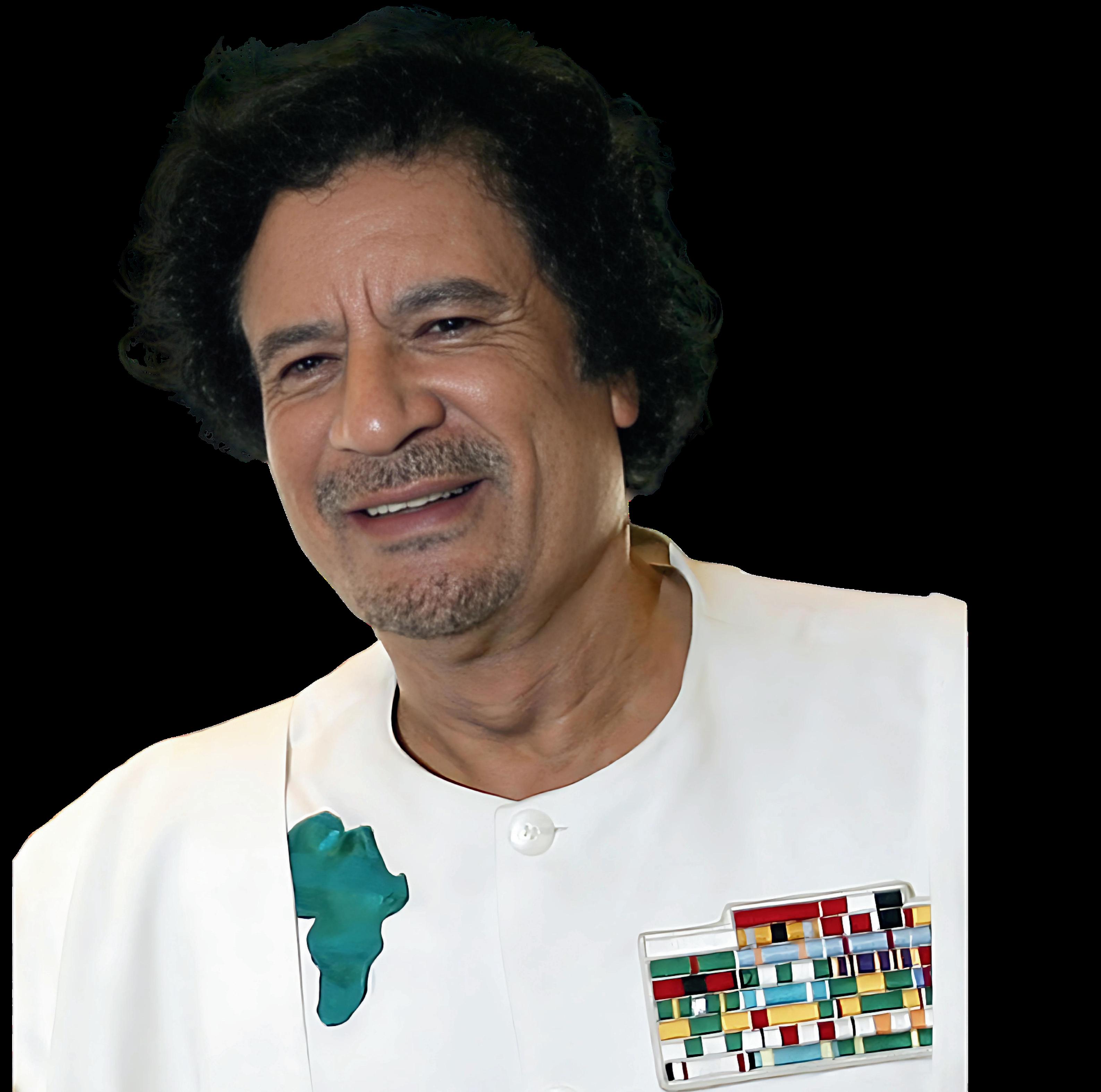
This is africa
visit sudan
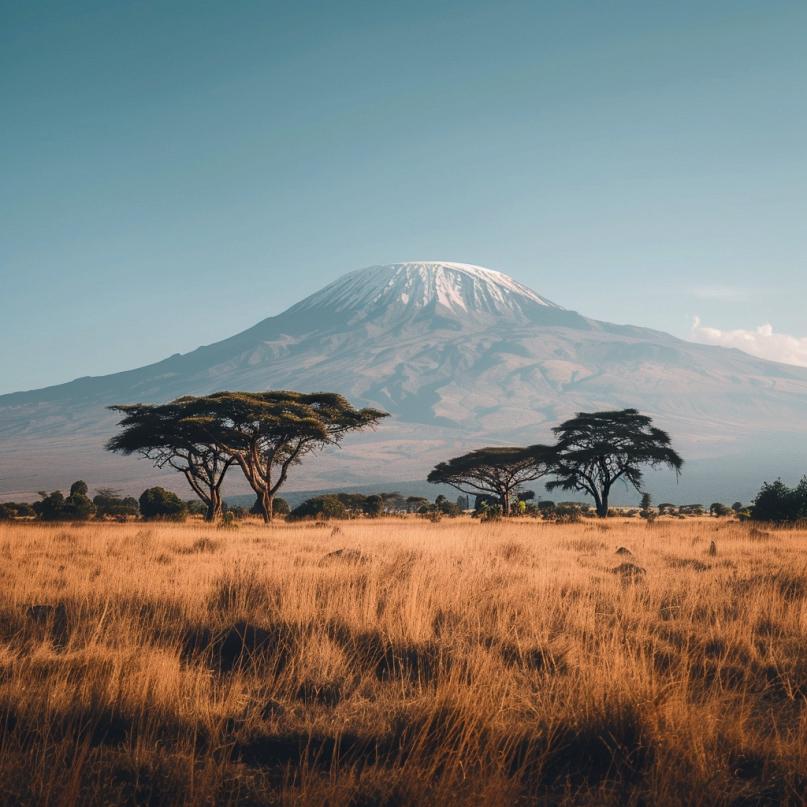
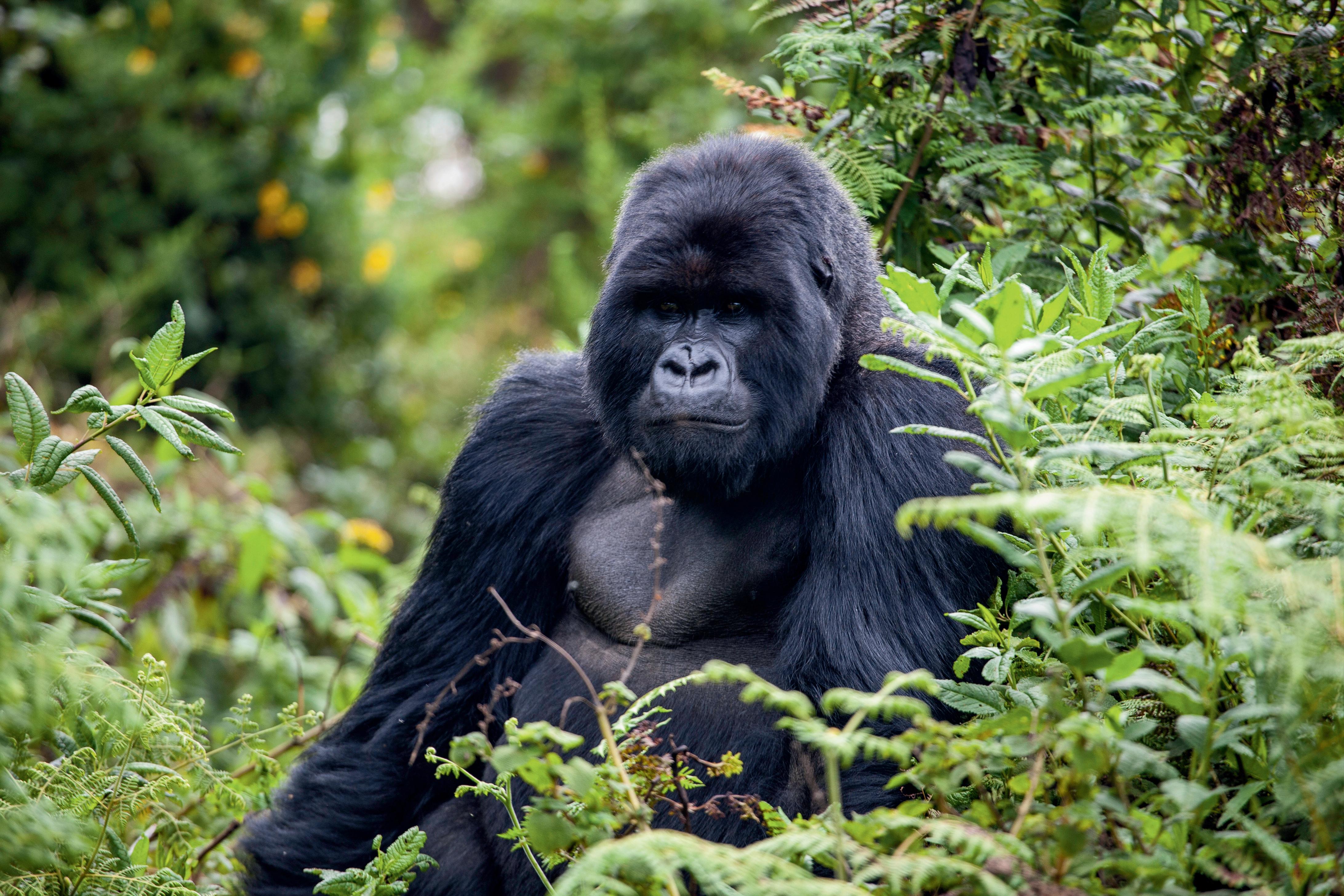
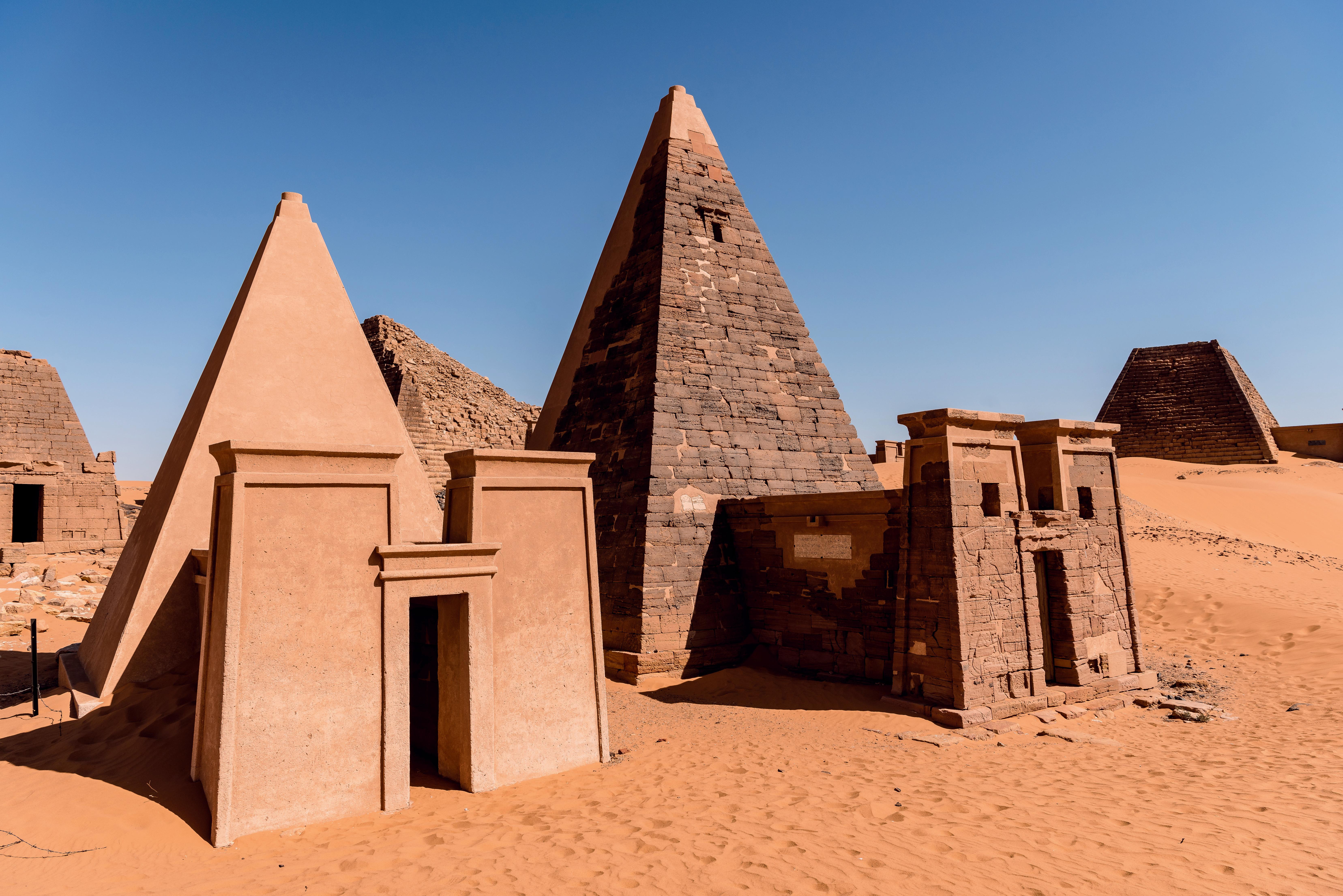
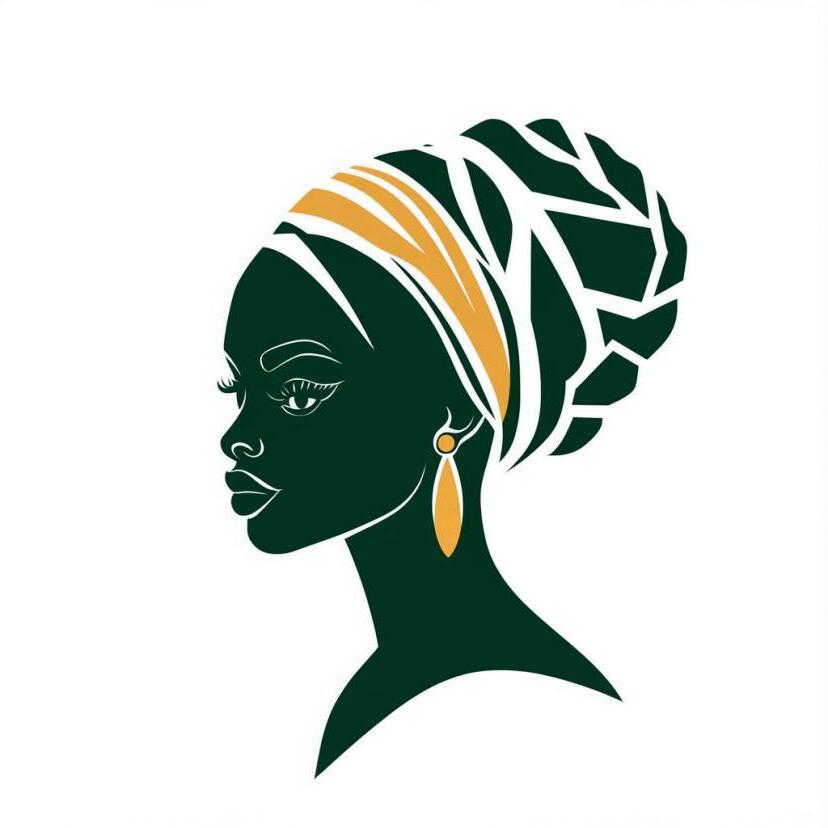
If You want to go fast, go alone, If you want to go far , go together
Sports Sports Sports

Football is not just a game in Africa it’s heartbeat, history, and hope. From Lagos to Kigali, from Cairo to Cape Town, millions of fans rise before dawn or stay up past midnight just to watch their favorite clubs and national teams on foreign soil. Yet despite Africa's deep devotion to the sport, its treatment on the global football stage remains strikingly unequal. As FIFA expands its Club World Cup and modernizes its tournaments with billion-dollar budgets and tech-savvy fanfare, one truth remains painfully unchanged: Africa is still treated as an afterthought. Our clubs are granted only four spots in a 32-team tournament. Our players are celebrated, but our home leagues are sidelined. Our talent is global, but our access is limited. This is not about sentiment. It’s about structure. It's time to ask: Why does the continent that fills European rosters still fight for scraps on the world stage?


AFRICA PLAYS THE GAME BUT NEVER HOSTS THE FEAST
The 2025 FIFA Club World Cup brought together 32 teams from six confederations, hosted across stadiums in the United States, with a record $1 billion prize purse. Yet the team allocation tells the story:
the smallest continent geographically, walked in with 12 teams three times more than Africa. And despite the dazzling pool of talent from Al Ahly, Mamelodi Sundowns, Espérance de Tunis, and Wydad Casablanca, none of these African teams reached the final eight. Why? It’s not about lack of talent it’s about lack of trust, investment, and fairness.
THE BIAS IS SYSTEMIC, NOT
ACCIDENTAL
Let’s speak plainly. Africa produces top-tier players who dominate elite clubs across the globe. Yet our homegrown clubs despite winning continental trophies and investing in youth academies are boxed into four meager slots.
In fact, 75% of Europe’s top teams field Africanborn players in their starting lineups. But those same players would never reach a Club World Cup final if they had stayed in their home leagues. Not because the players aren’t good enough but because FIFA’s system is rigged against the leagues that raised them.
WHY AREN’T AFRICAN CLUBS CONSIDERED CONTENDERS?
FIFA says team allocation is based on historical success and competitive balance. But that logic is inherently flawed:
Historical success favors those who were allowed to compete freely in the first place.
“Balance” has been designed around European infrastructure, not global equity. Football is not only about infrastructure. It's also about passion, systems, and talent which Africa has in abundance. Yet what we get is token participation. Meanwhile, European teams enjoy wide representation and seeded placements.
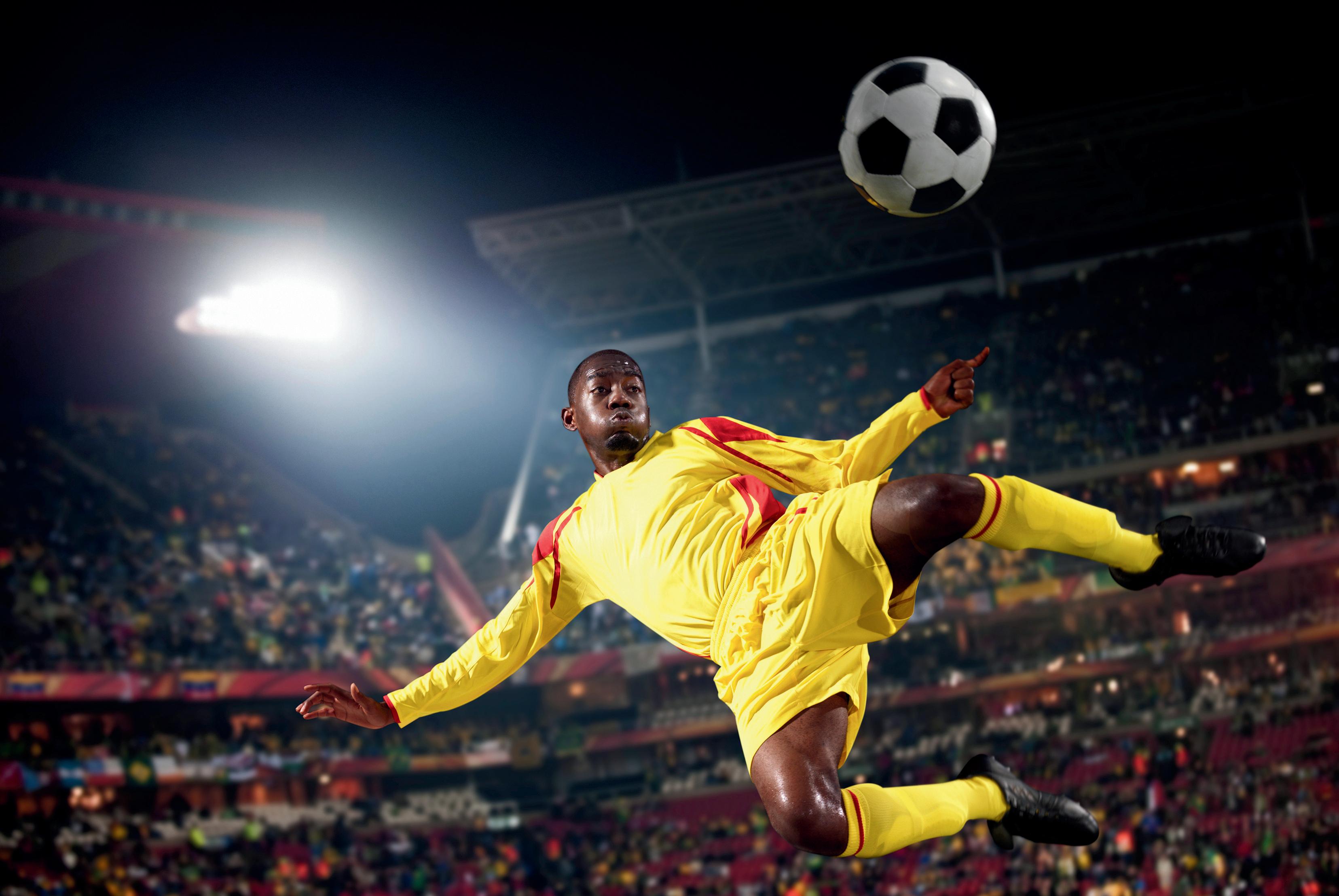

BEYOND THE NUMBERS: A DEEPER QUESTION
If Africa can produce world-class players like Hakimi and Jackson, why are we still viewed as participants, not contenders?
Why does FIFA only give Africa four seats in a tournament of thirty-two when the continent represents 17% of the world’s population, contributes massively to global football economies, and carries football as a cultural backbone?
This isn’t just a numbers game it’s a matter of respect

FROM PARIS TO PRETORIA: AFRICA
DESERVES A REAL SHOT
If this tournament truly reflects world football, then it must evolve. A truly global tournament must ensure that Africa, Asia, and the Global South have equal structural opportunity, not just symbolic representation.
Here’s what reform could look like by 2029:
6 Club Slots for CAF Teams, on par with CONMEBOL
Guaranteed semi-final seeding for the CAF Champions League winner
One slot reserved for a host country’s African league champion if held outside Africa
Equal prize distribution by continental tier in early knockout stages
These are not radical asks. These are basic measures to ensure equity and to stop treating African clubs like ceremonial accessories in a European-dominated show.
THE FUTURE OF FOOTBALL MUST BE AFRICANBACKED
IAfrica is not asking for favors. We are asking for recognition of our contribution to the game and a seat at the table where decisions are made, not just where trophies are lifted. Let this Club World Cup be the last where our teams play under invisible ceilings. Let FIFA remember: You cannot globalize the game without decolonizing the rules. Because next time, we want not just to watch but to win
“You love our players. Now love the leagues that raised them.”

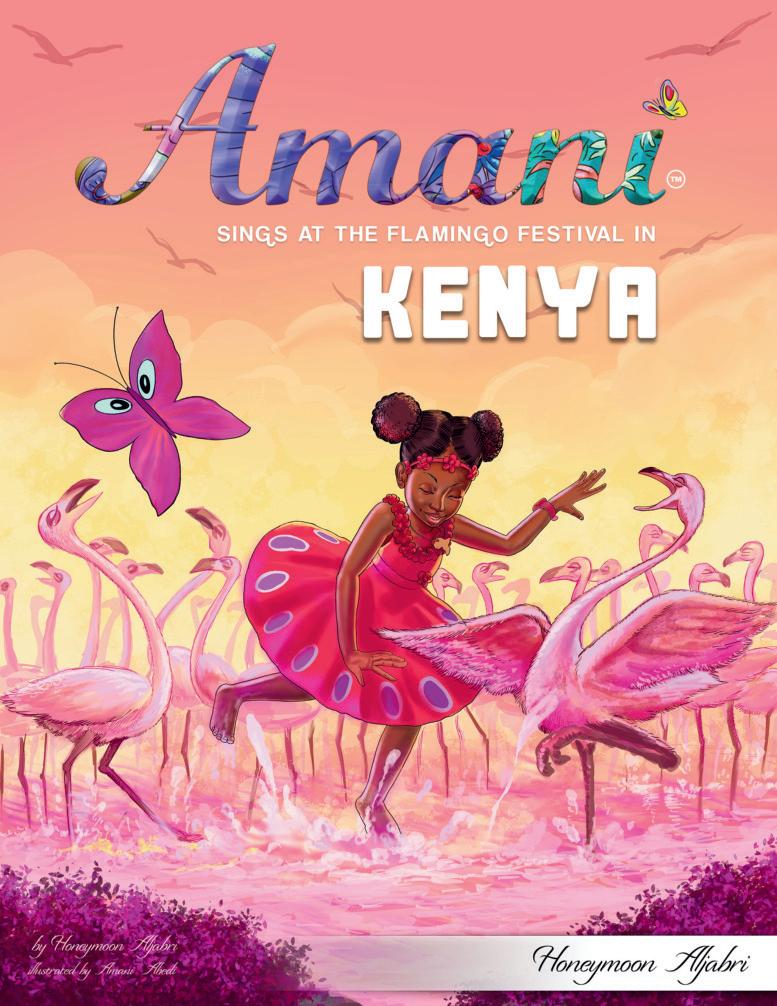
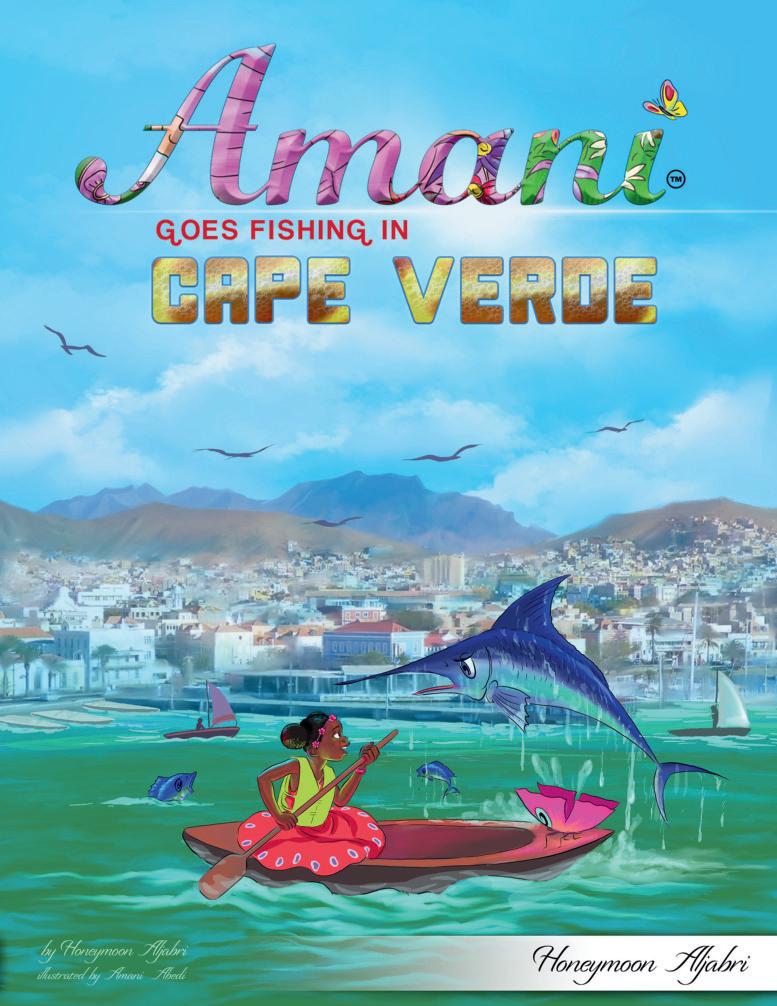
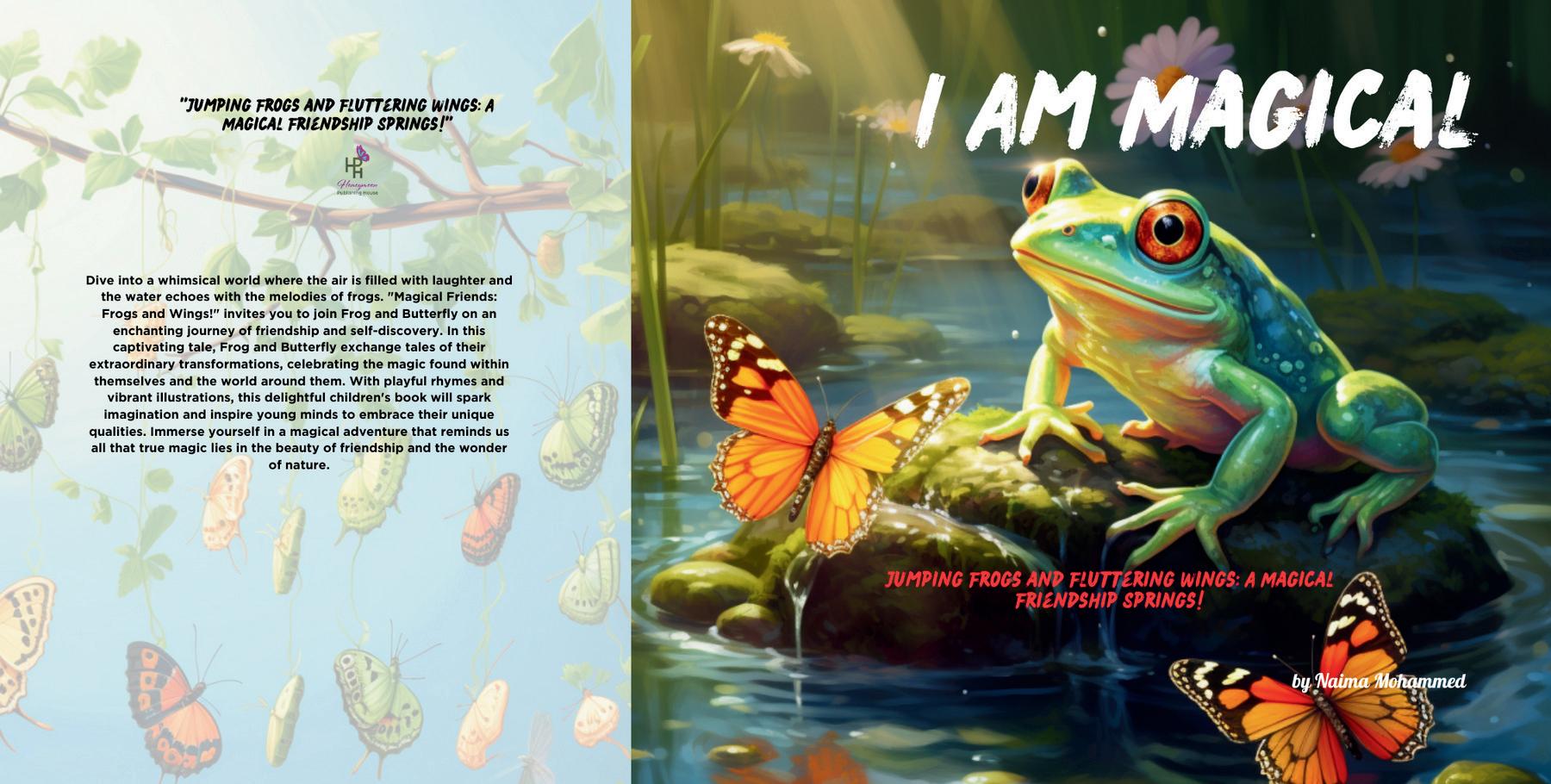
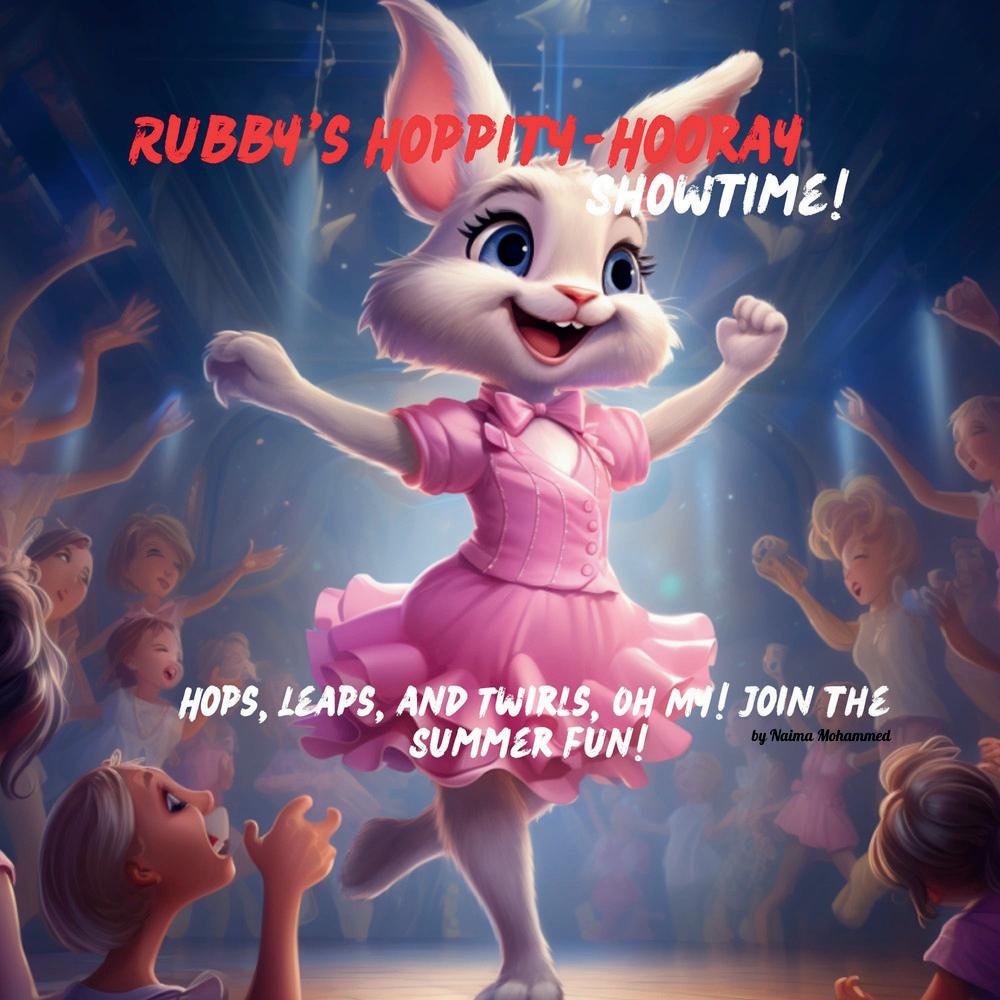
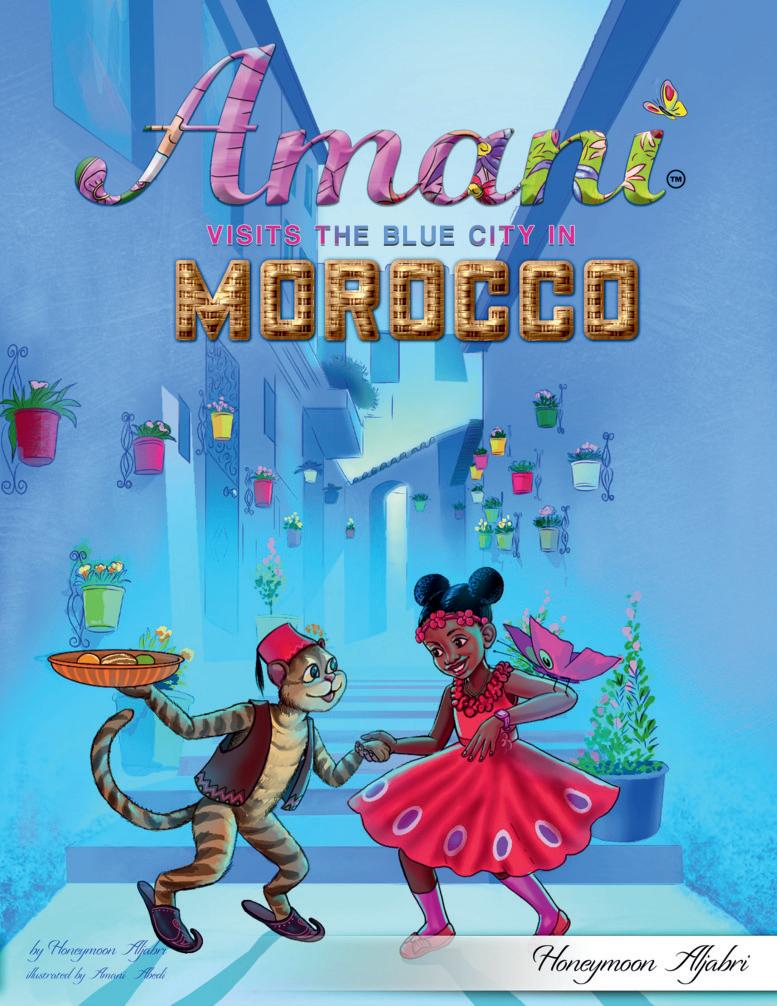


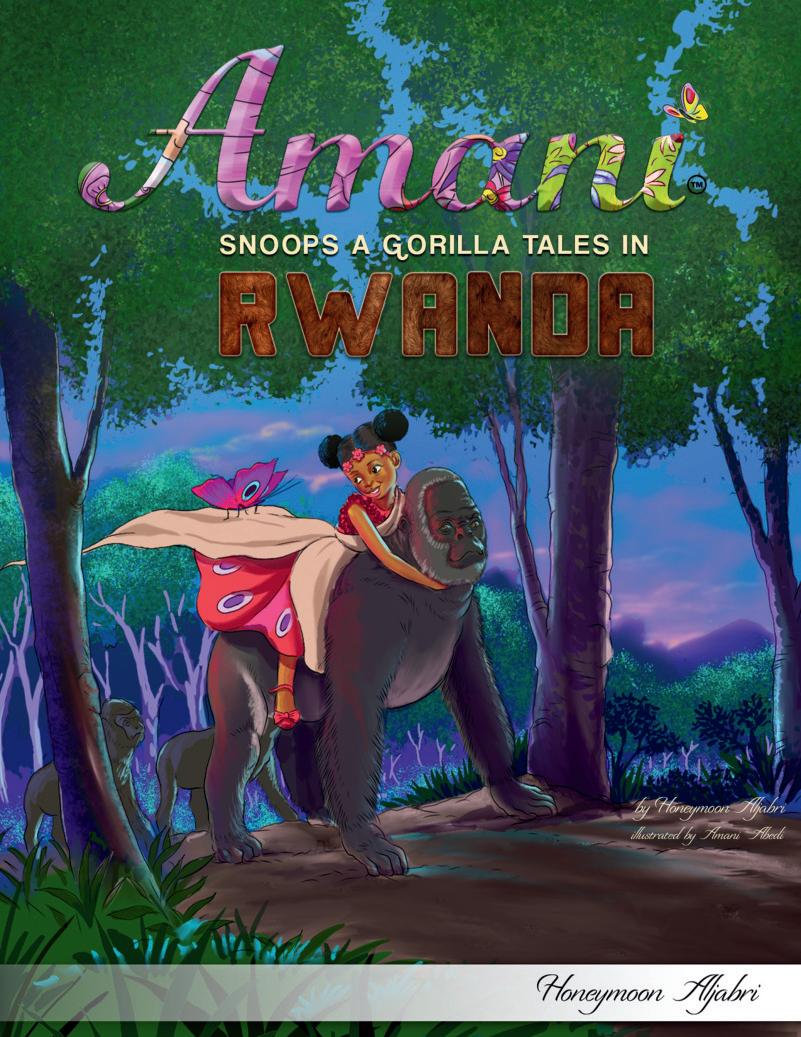

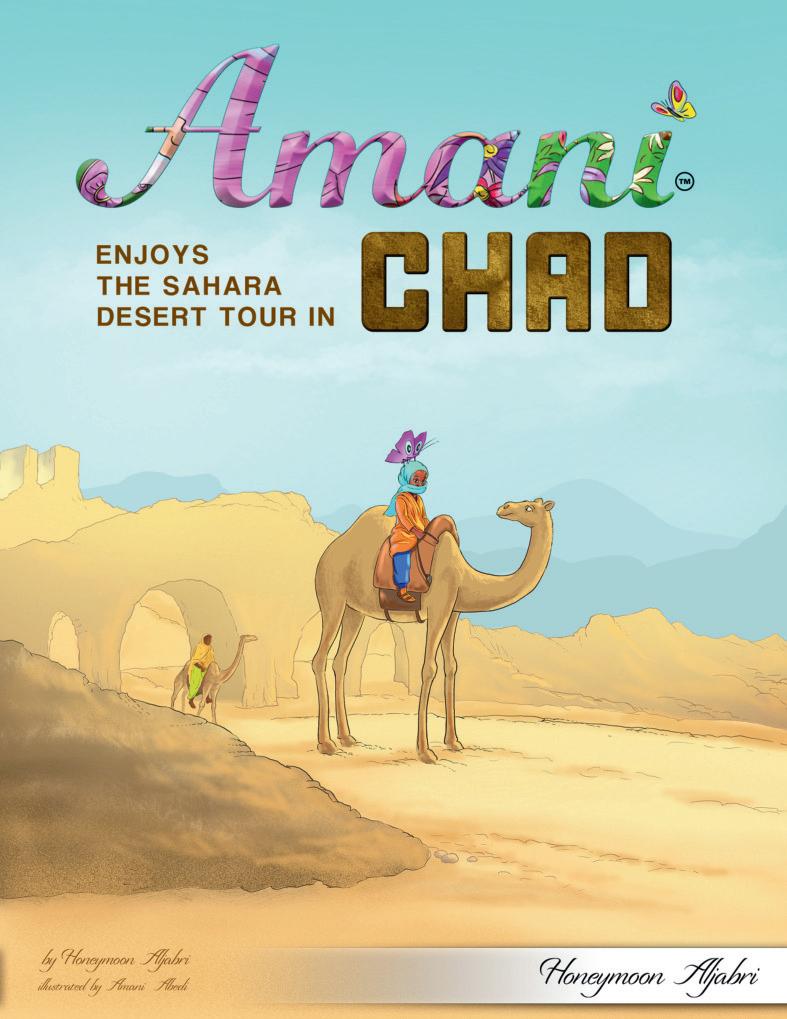
Before You Hit Send
Digital diplomacy, WhatsApp politics, and when not to reply
In a world where a message can travel across borders in seconds, silence has become both a weapon and a virtue. From group chats that mirror national drama to DMs that feel like declarations of war, the way we communicate in digital spaces says as much about us as any speech ever could. Welcome to the age of digital etiquette a new terrain where tone, timing, and temperament are the tools of survival.

WhatsApp Is the New Parliament

If you’re African, there’s a 95% chance your family has a WhatsApp group with a name like “The Roots,” “Family Tree ,” or “God Is Good All the Time.” Inside? Gospel verses, old-school memes, political debates, and long-winded voice notes from that one uncle who thinks he's Che Guevara.
But beyond the emojis and chain messages, real tensions brew. Elections are debated. Marriages are judged. And one misunderstood “ ” can start a generational cold war.


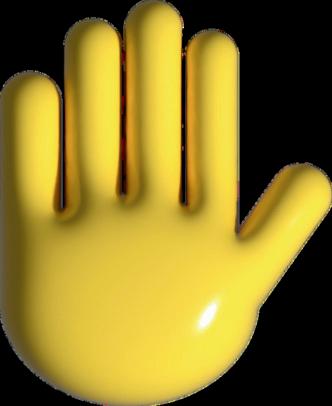

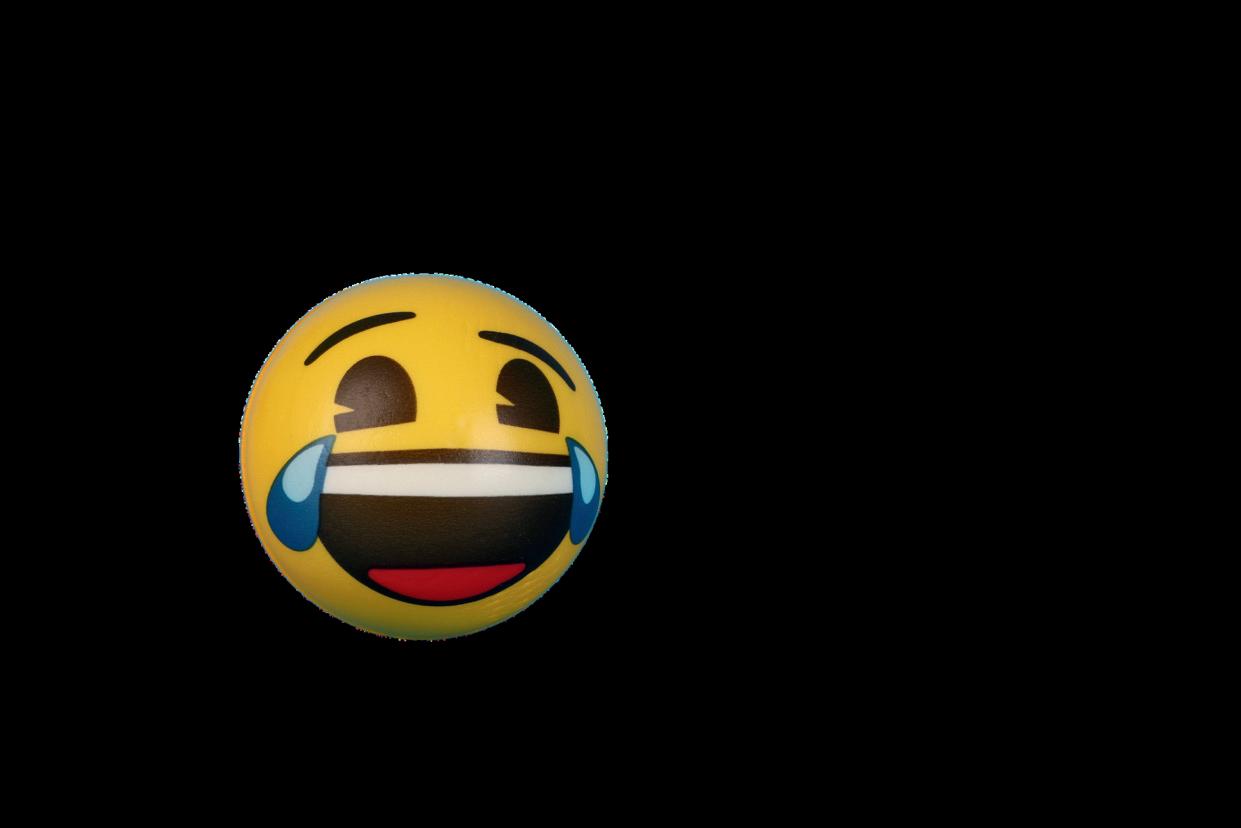


Whatsapp rules
Tip 1:
Don't debate politics on WhatsApp unless you're ready to change your will.
Voice Notes Are Not Podcasts
There’s an unspoken law: If your voice note is longer than a Kendrick Lamar album, you owe your friend airtime. Five minutes to tell me the dog barked and you got delayed at the market? Please. Say it with love, but say it in under 60 seconds.
Tip 2:

Brevity is sexy. Be the haiku, not the novel.
Before You Clap Back, Take a Lap
Someone sub-tweeted your project? Reposted your words without credit? Sent a one-word “K” after your emotional paragraph? Pause. Every moment you spend in outrage is a moment they still have power. Sometimes the most graceful move is not to respond. That’s the art of digital diplomacy knowing when silence screams louder
Tip 3:
Delay your reply. Edit your emotion. Protect your peace.
Your Online Is Forever
Screenshots don’t die. That late-night rant, the shady caption, the petty tweet—you may forget it, but the internet remembers. Always ask yourself: Would I want this printed next to my grandmother’s photo at the family reunion?
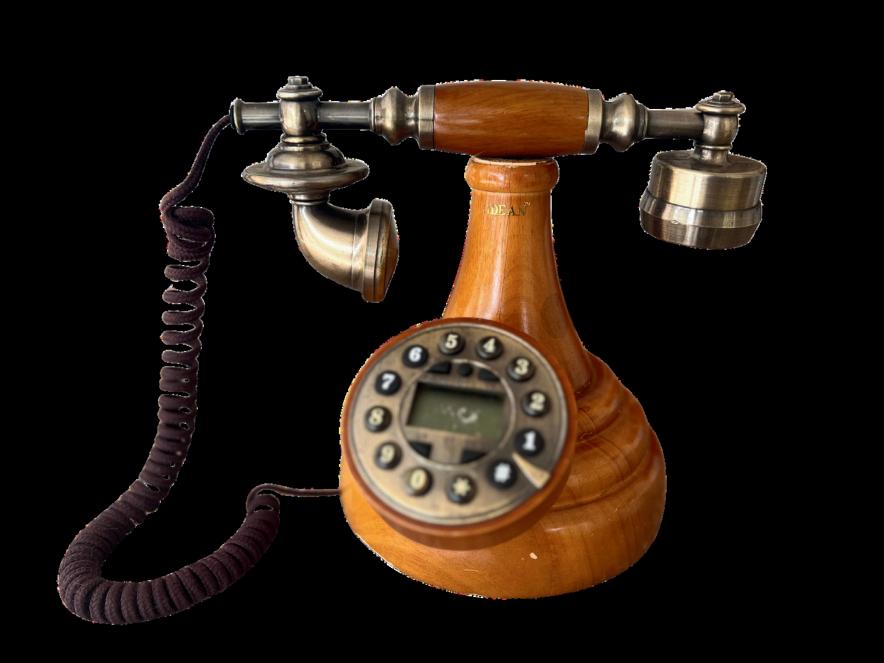
Whatsapp rules
Tip 4:
If it doesn’t pass the grandma test, delete it.
The New Etiquette Is African
In many African cultures, there’s an unwritten code of respect: elders first, no shouting indoors, share your food, and greet properly. Digital life doesn’t change that it just translates it. Whether it's tagging someone correctly, spelling their name right, or greeting before diving into a request—courtesy is still currency.
Tip 5:
Greet, give context, then speak. Even online. Especially online.
In the End, Your Name Is Your Signature

Every “LOL,” every emoji, every post adds to your digital fingerprint. And while we can’t control every reaction, we can control our intention. We can lead with grace, even in a space full of noise. So the next time your fingers hover over “send,” ask yourself: Am I adding value, or just volume? And if the answer isn’t clear maybe it’s time to put the phone down, pour some hibiscus tea, and come back wiser
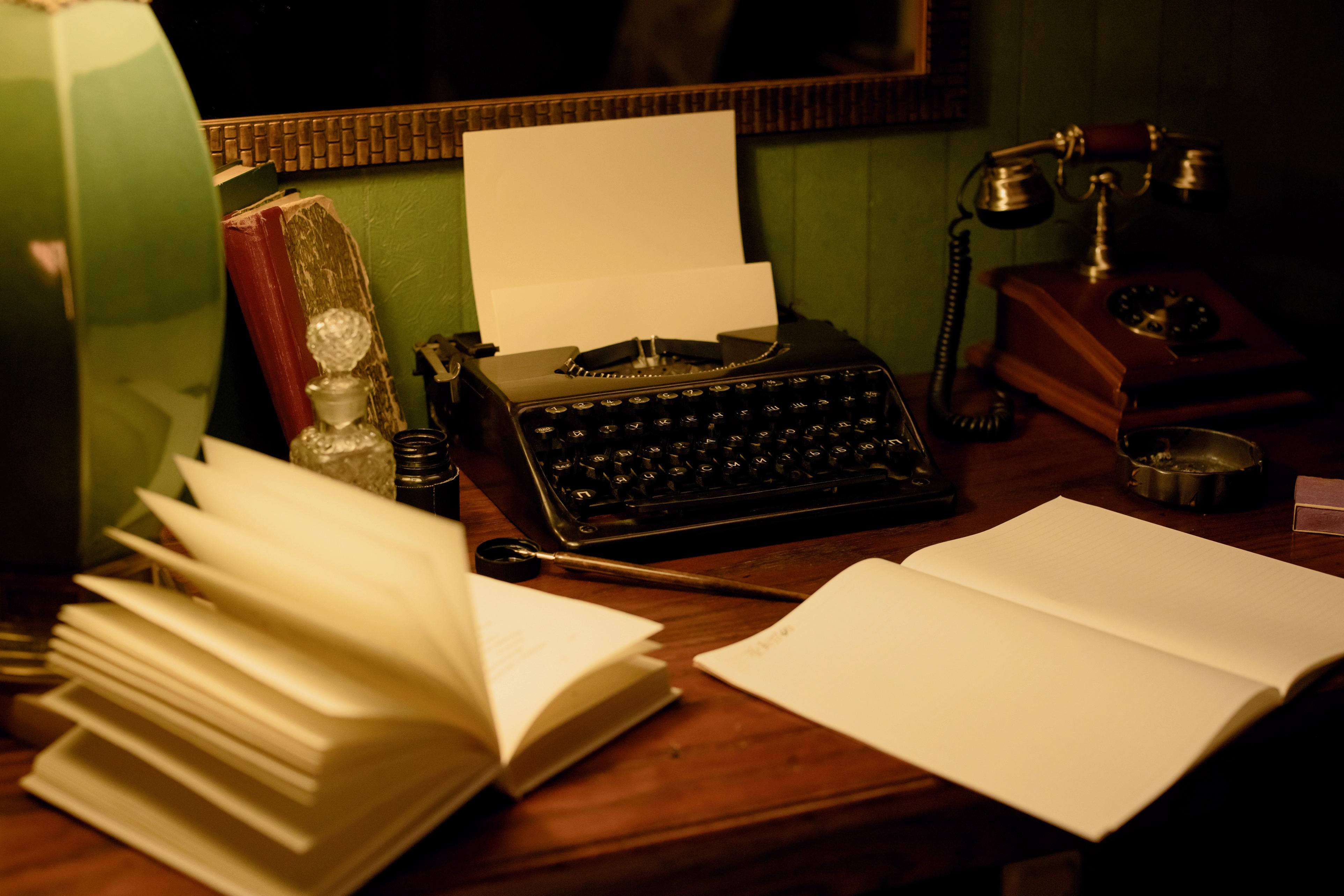
Top 5 Things Never to Do on WhatsApp


(Unless you're trying to get blocked by your auntie AND your boss)
1. Send 9-minute voice notes without warning. If it's longer than a news report, please call. Or better yet write a novel.
2. Drop someone in a group without asking.Your friend didn’t ask to join “Cousins United 2016.” Respect the inbox boundaries.
3. Type “Hello…” and disappear. This is not a suspense thriller. Say what you need to say efficiently.
4. Forward unverified health advice or political conspiracies. “Papaya leaves cure everything” is not a diagnosis. Google it first, Auntie.
5. Argue in all caps. YOU’RE NOT MAKING A POINT. YOU’RE JUST GIVING PEOPLE ANXIETY.
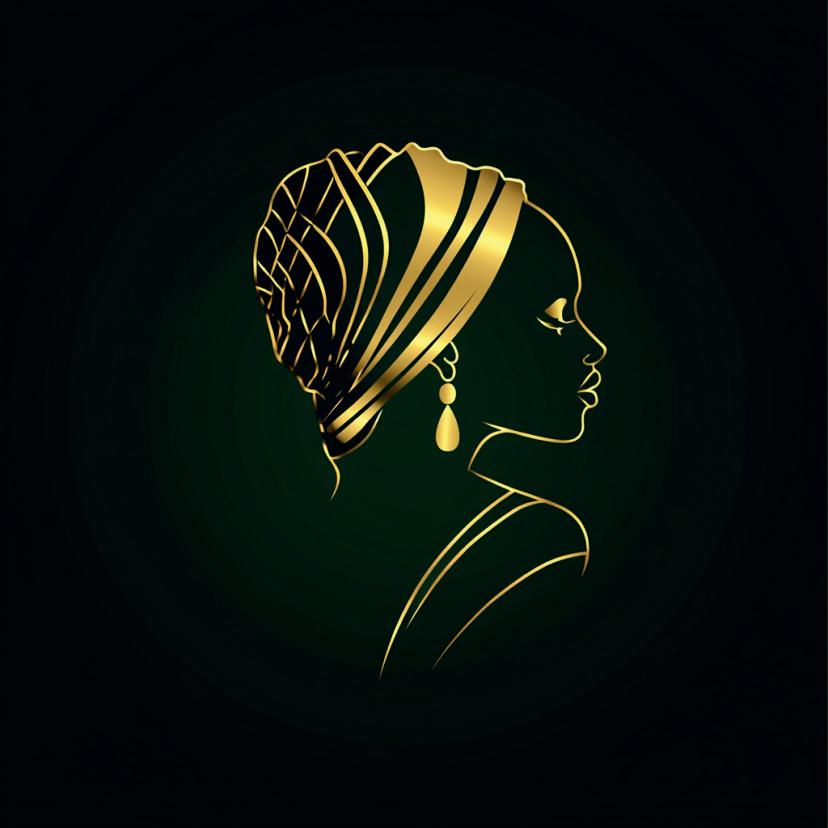
A single bracelet does not jingle
Daughters of AFrica
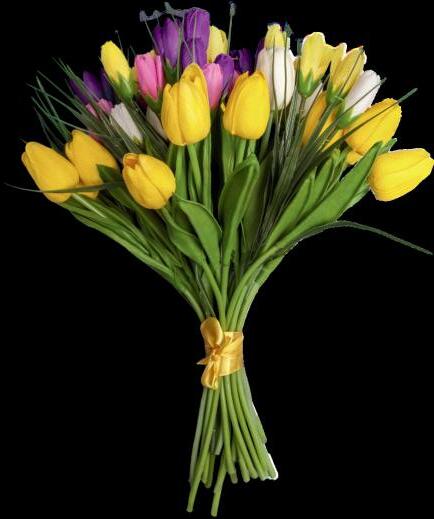
Let us celebrate their triumphs, learn from their struggles, and pay tribute to their unwavering dedication to making Africa and the world a better place. To Our Daughters of Africa: You wore crowns of thorns to plant seeds of progress. You turned palaces into platforms for the people. You taught the world that leadership is not about power it’s about purpose. Africa sees you. Africa thanks you. Africa is you. “When women lead, the earth itself rejoices.”
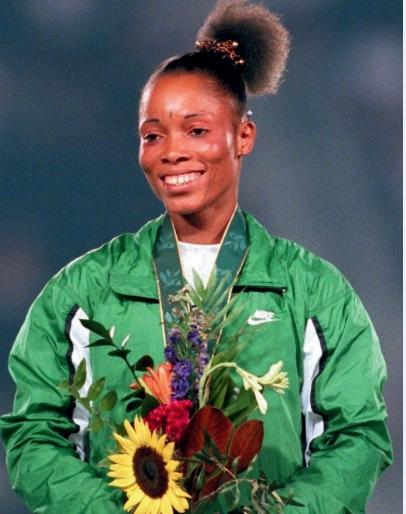
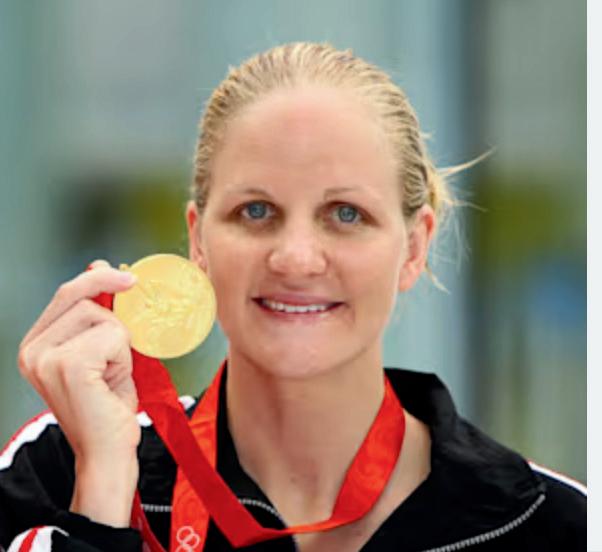
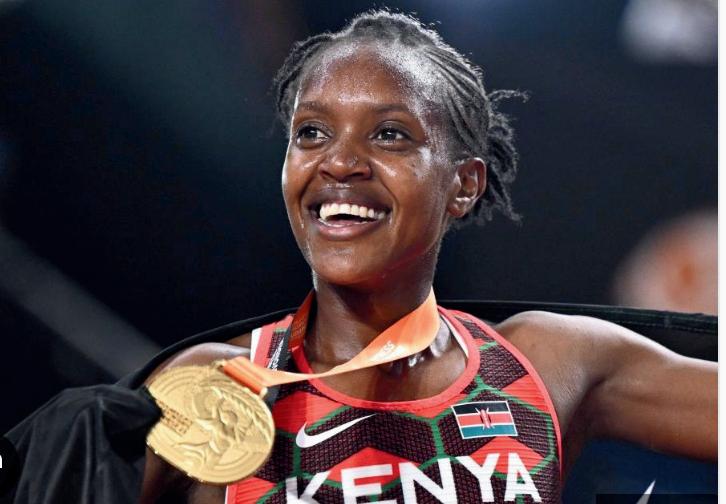
DAUGHTERS OF AFRICA: THE OLYMPIAN QUEENS WHO RAN, LEAPT, AND LED FOR US ALL
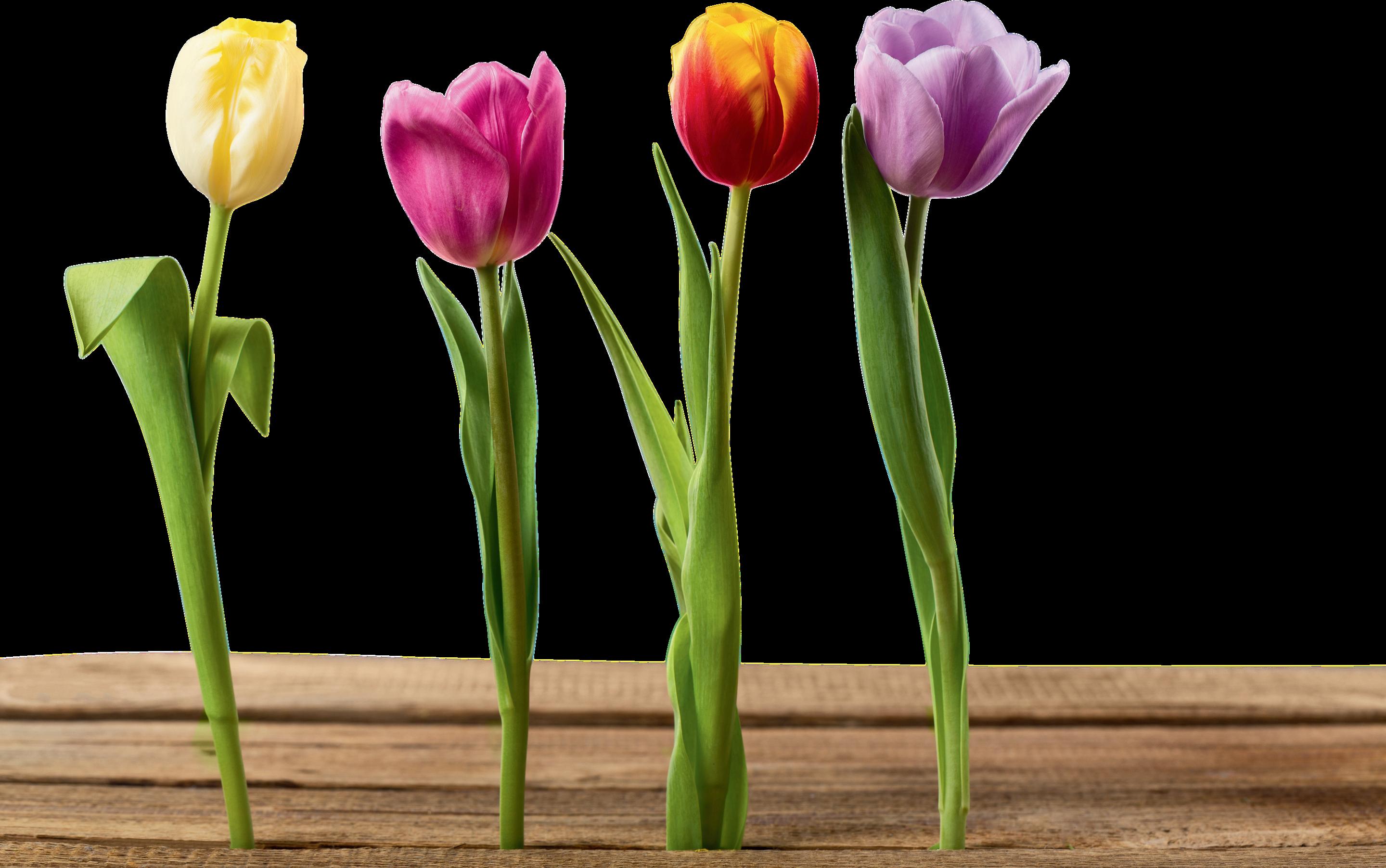


Kenya

Faith
Chepngetich Kipyegon

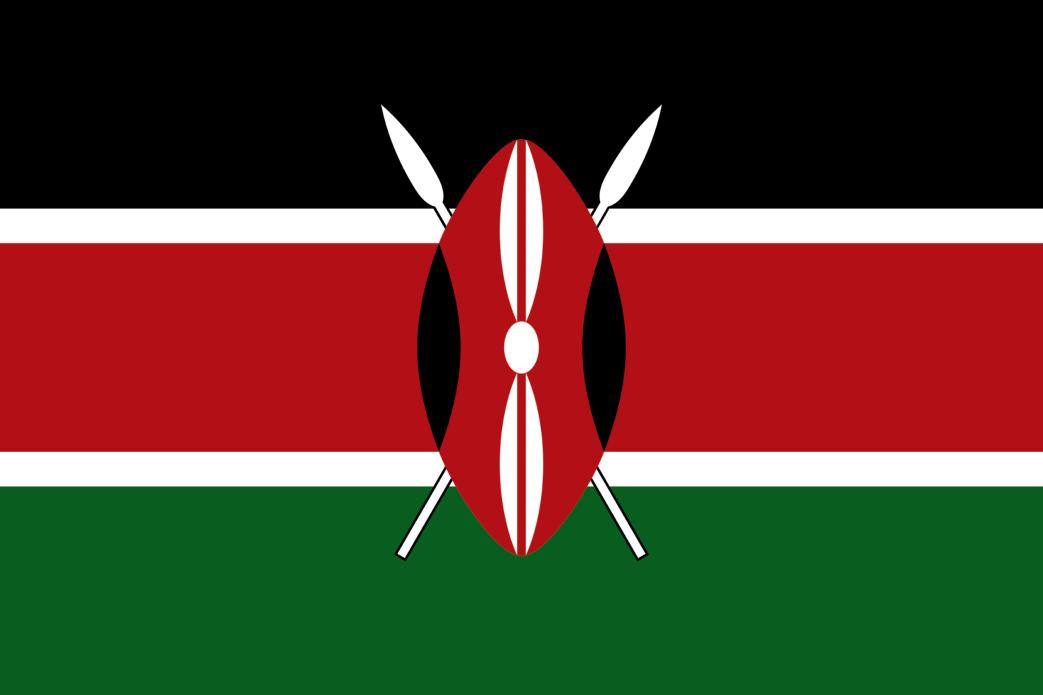
Kenya’s golden gazelle and the pride of the Rift Valley, Kipyegon is a force of grace and grit. She holds the world record in the 1500 meters and is the only woman in history to win Olympic gold in that event three times. With every stride, she rewrites what’s possible and carries Africa’s rhythm to the finish line. Why We’re Proud: She runs for more than medals she runs for legacy.
Zimbabwe

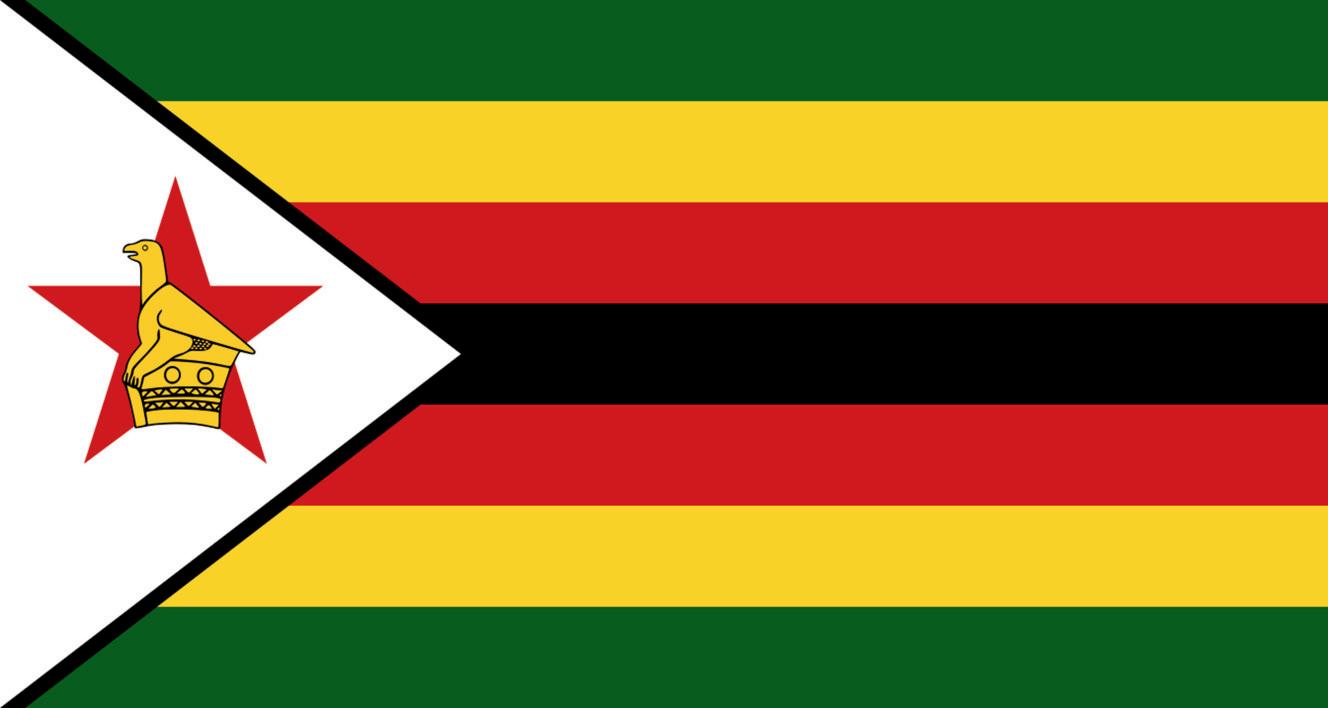
A Zimbabwe’s swimming legend and a seven-time Olympic medalist, Coventry has transformed lanes of water into lanes of leadership. Now serving as a prominent IOC official and government minister, she proves that a champion in sport can become a change-maker in politics. Why We’re Proud: She dove into history and rose to power with dignity and determination

Nigeria

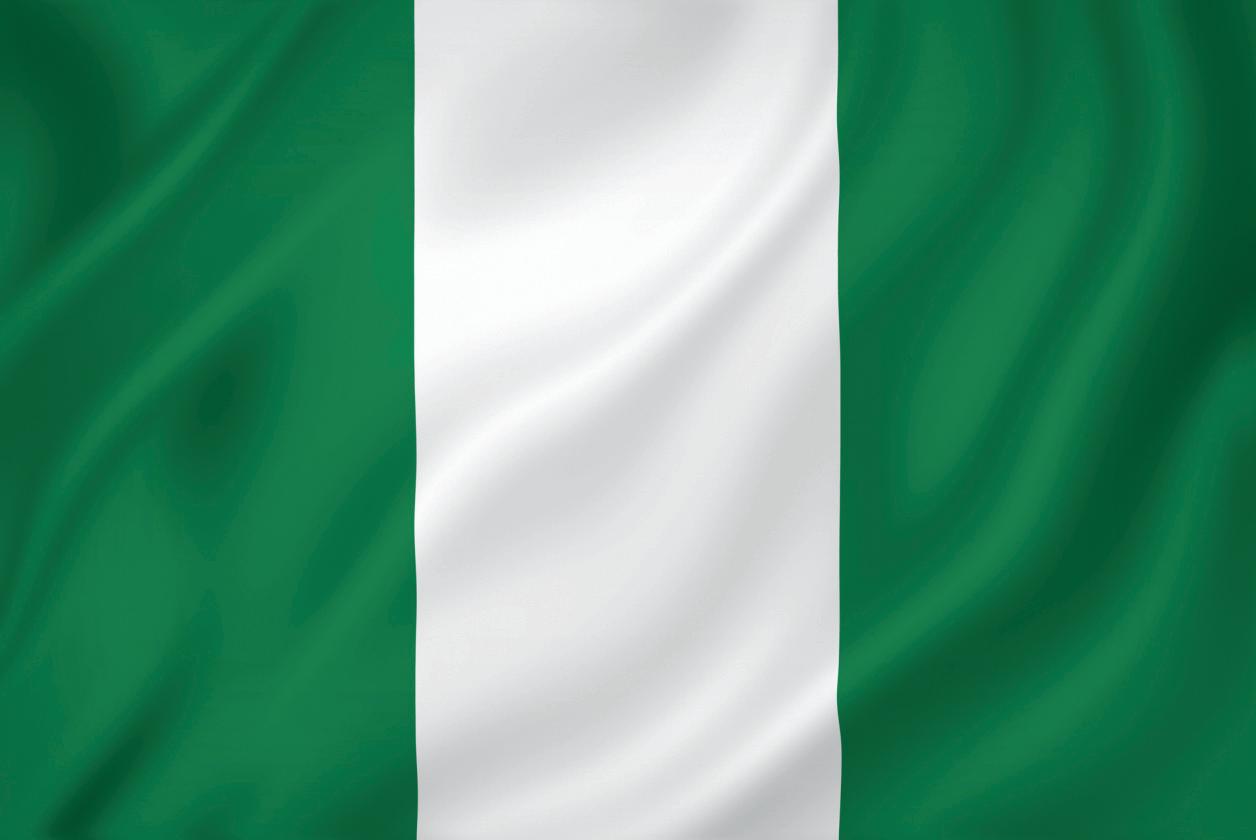
Chioma Ajunwa

In 1996, she soared. Nigeria’s Chioma Ajunwa leapt 7.12 meters into Olympic history, becoming the first African woman to win gold in a field event. Her triumph wasn’t just personal it was monumental, a moment when the whole continent jumped with her.
Why We’re Proud: She didn’t just break records she shattered ceilings.
KITCHEN
The Fire That Fed Us
Banyeé Beignets (The Donut Africa Made First)
Some recipes carry instructions. Others carry entire generations. These dishes passed by memory, not measuring cups fed whole families, healed broken spirits, and told stories at every gathering. This is food that knows your name. Today’s recipes honor the flavors we grew up on: sweet, spiced, fried, and fermented. You’ll recognize them from childhood street corners, village kitchens, or your grandmother’s table. We’ve just added a little twist because tradition is not a cage, it’s a launching pad.
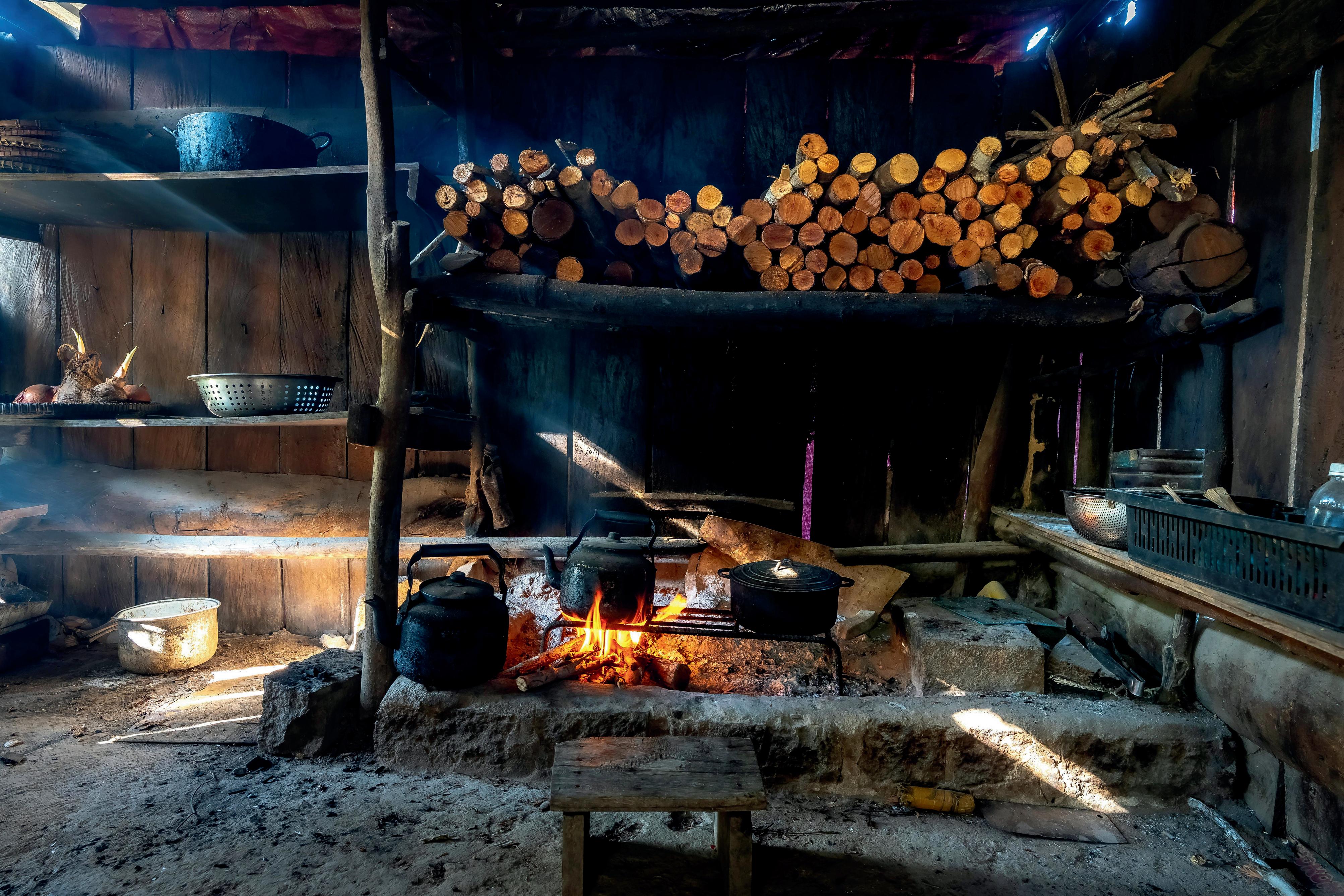

A deep-fried kiss of dough, from Senegal to Sudan to the South Side of Chicago.
Also known as: Puff-Puff (Nigeria), Vetkoek (South Africa), Mikate (Congo), Kala (Liberia)
Ingredients:
2 cups all-purpose flour
1/2 cup mashed ripe banana (adds softness & flavor)
1/4 cup sugar
1 tsp active dry yeast
1/4 tsp salt
3/4 cup warm water or milk
Pinch of nutmeg or cardamom
Oil for deep-frying
Powdered sugar or coconut flakes (optional)

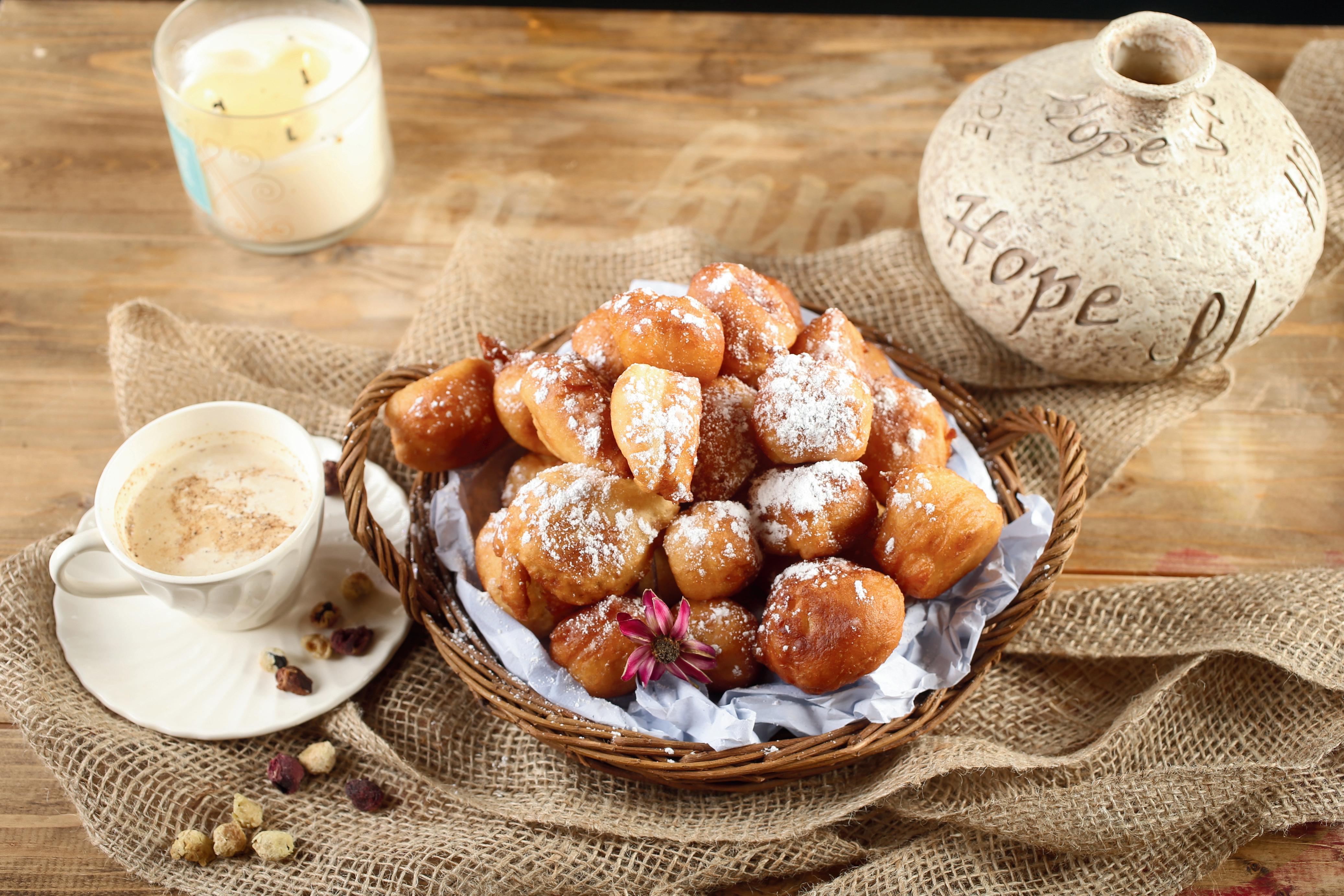
Method:
Dissolve yeast in warm water with sugar; let sit 5 mins.
Mix flour, salt, mashed banana, spices, and yeast mixture into a soft dough.
Cover and let rise 45–60 mins.
Heat oil. Drop spoonfuls of dough into oil; fry until golden and puffed.
Drain and dust with powdered sugar or coconut. Serve with tea or stories.
Rice Loaf with Coconut & Tamarind Glaze (West Meets East)
Ingredients:
2 cups cooked rice (white or jasmine)
1 cup coconut milk
Method:

2 eggs
1/2 cup sugar
1/2 cup flour (or cassava flour)
1 tsp baking powder
1 tsp vanilla
Pinch of salt
Tamarind Glaze:
2 tbsp tamarind paste
1/4 cup water
3 tbsp honey or jaggery
Pinch of chili flakes

Blend rice, coconut milk, eggs, and vanilla until smooth.
Stir in dry ingredients. Pour into greased loaf pan.
Bake at 350°F (175°C) for 40–45 mins. Simmer glaze ingredients until syrupy.
Drizzle warm glaze over loaf before serving. Delicious hot or chilled.
Roasted Yam & Peanut Butter Stew (Ghana Meets Uganda)
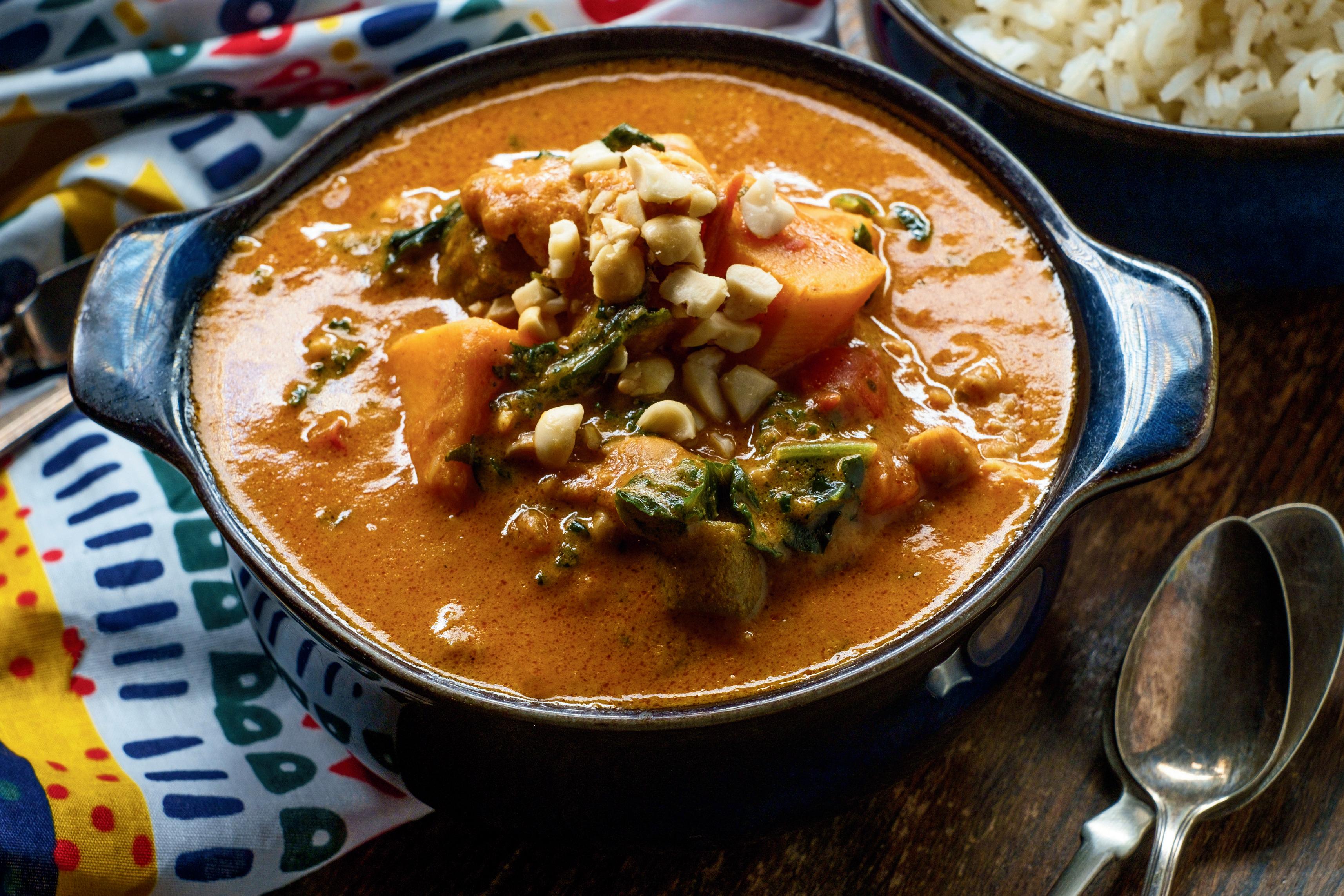
Ingredients:
1 large yam or sweet potato, cubed
1 onion, chopped
2 tomatoes, grated
1/2 cup smooth peanut butter
2 cups water or vegetable broth
Salt, chili, and smoked paprika to taste
Chopped greens (spinach or kale), optional
Method:
Roast yam cubes until soft and caramelized.
In a pot, sauté onions and tomatoes until rich.
Stir in peanut butter and water to form a stew base.
Add yams and greens; simmer until thick and fragrant.
Serve with millet, rice, or by itself it hugs from the inside.
Spiced Millet Porridge with Dates & Cashew Cream (Breakfast or Blessing)

Ingredients:
1 cup millet flour or fine-ground millet
2 ½ cups water
1/2 tsp ground ginger
1/4 tsp cinnamon
Pinch of clove
1/4 cup chopped dates
Pinch of salt
Cashew Cream (optional):
1/2 cup soaked cashews
1/2 cup water
1 tsp honey
Blend until smooth
Method:
In a saucepan, whisk millet flour with water until smooth. Add spices, dates, and salt. Simmer gently, stirring, until thick and creamy (10–12 mins). Serve warm with a swirl of cashew cream or splash of coconut milk.
“Our food is not poor people’s food it’s people’s poetry.”When you cook these dishes, you don’t just fill a plate. You call the ancestors. You feed your spirit. You pass the baton.”
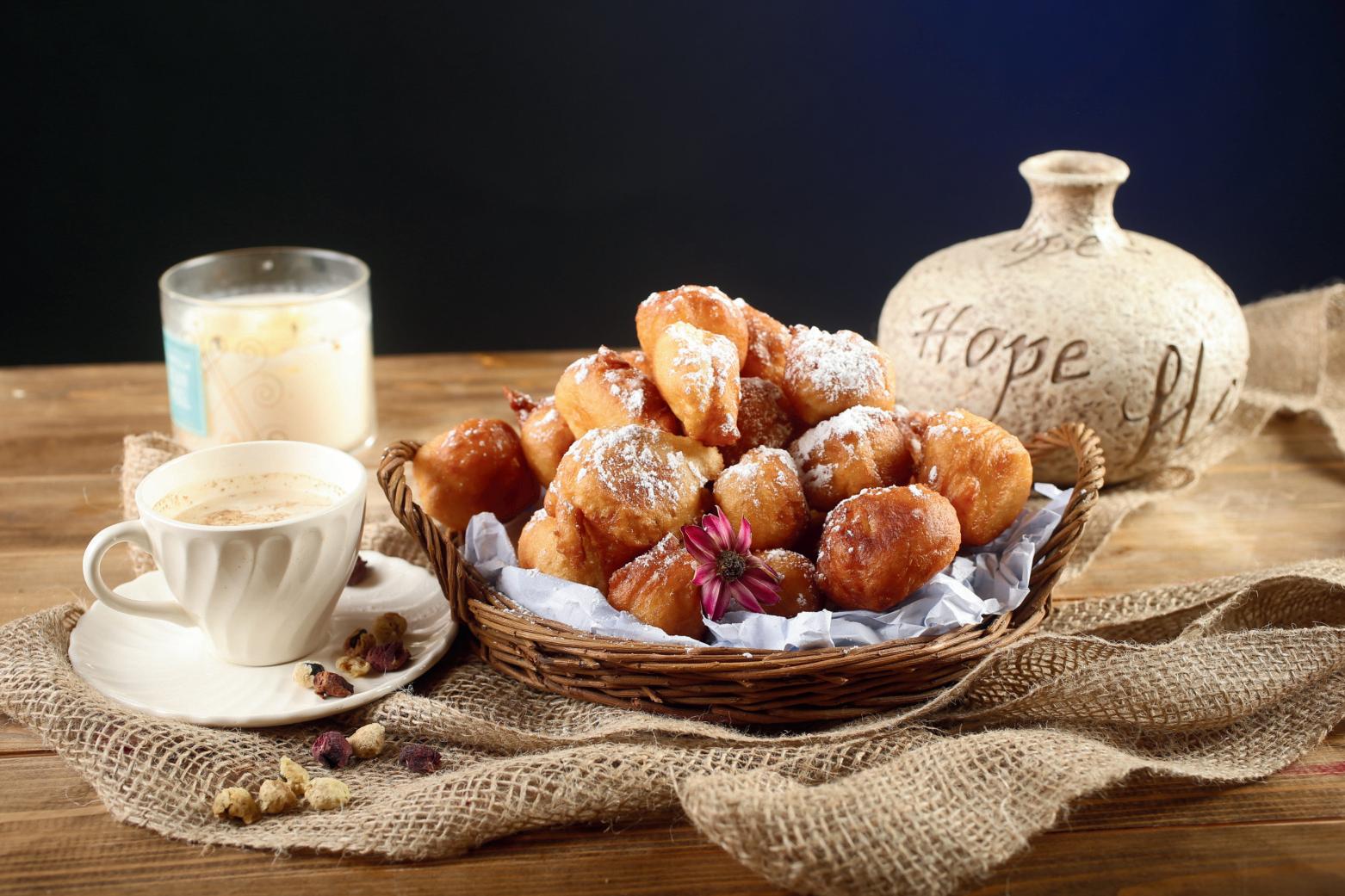

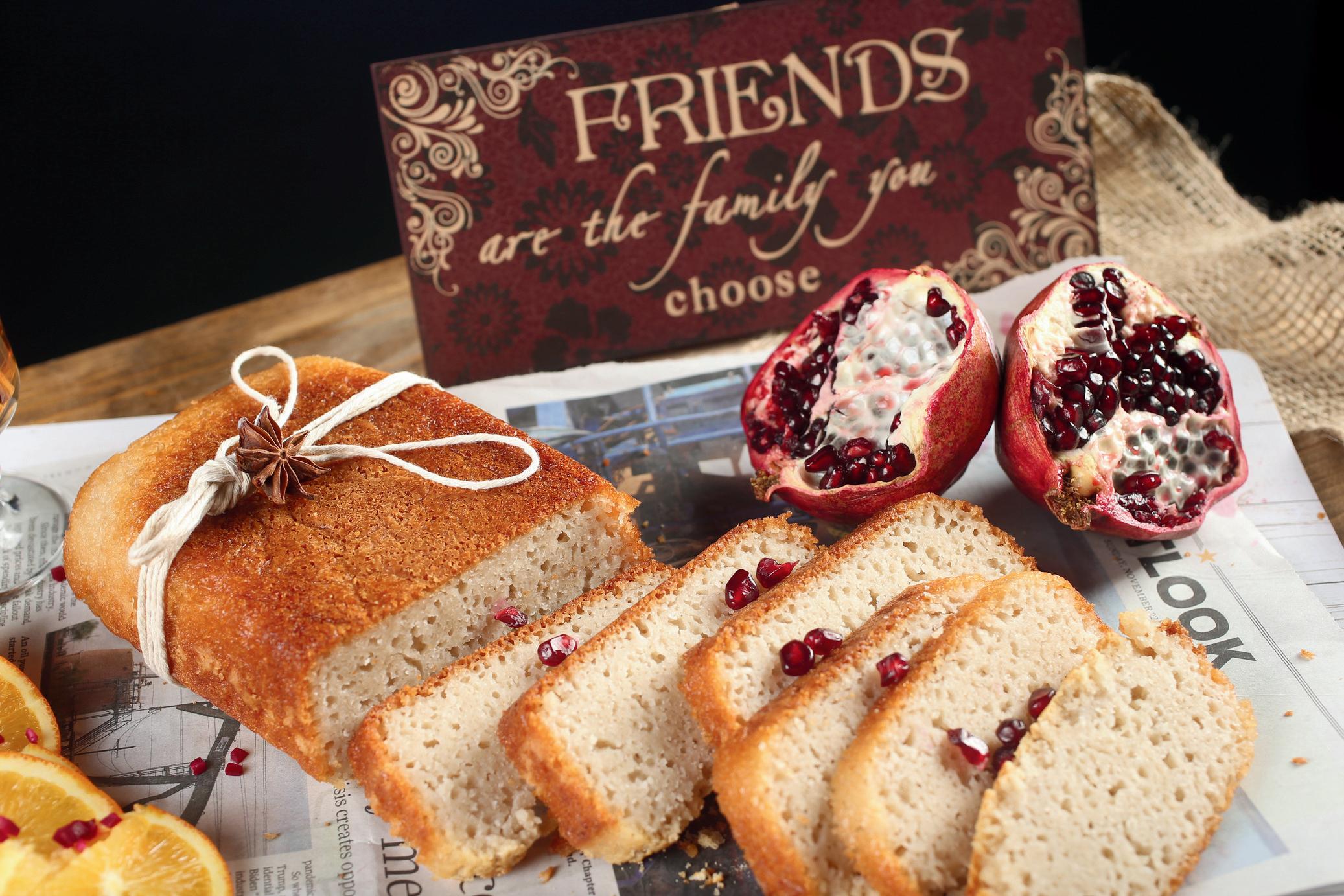
Five Sacred Things Every African Kitchen Should Hold
Because the right tools don’t just cook they tell stories.
1. A Cast-Iron Pot or Clay Tagine
“Because flavor takes its time.”
Heavy-bottomed pots or traditional clay cookware retain heat, deepen flavors, and remind us that slow food is soul food. From Nigerian jollof to Moroccan tagines — this is the heart of the fire.
2. A Woven Basket or Calabash Bowl
Not just for serving but for sharing.
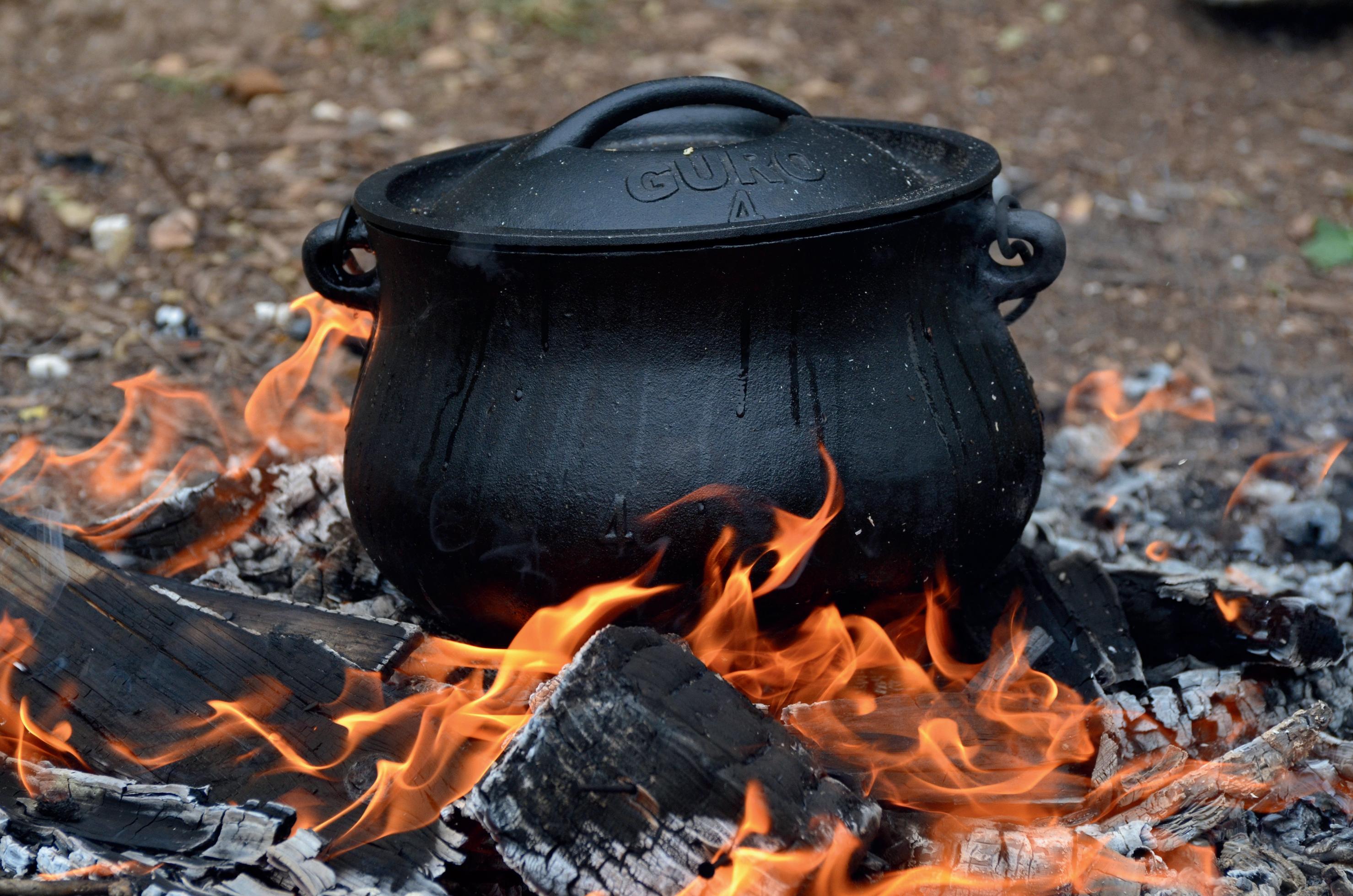
Perfect for washing grains, presenting fresh fruit, or serving injera or fufu. These handcrafted pieces are heirlooms in motion passed from aunties to daughters, always full of something good.
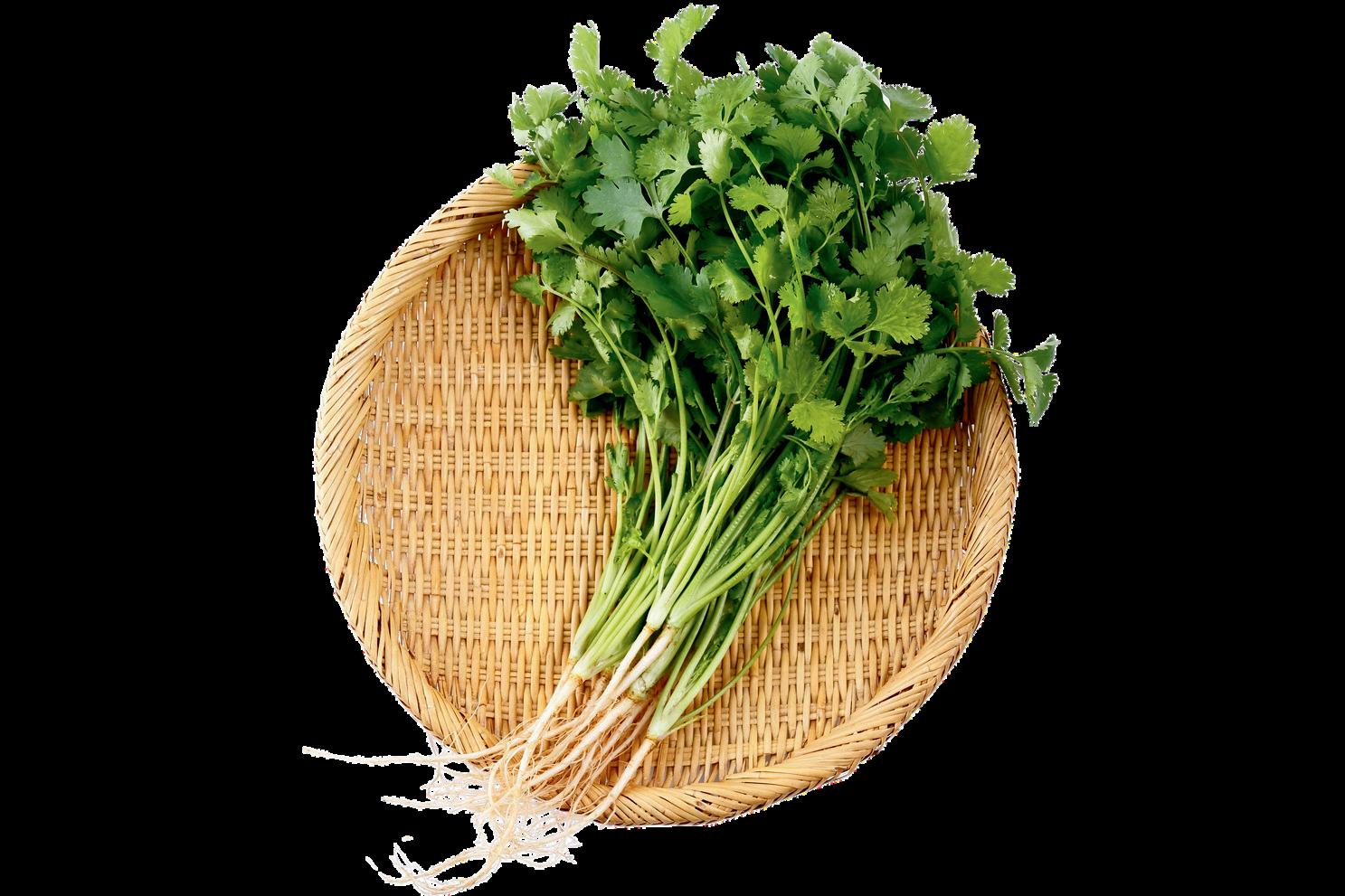

3. A Mortar & Pestle (Kinu, Okhli, Mchado)
“Where garlic meets memory.” No machine can replace the rhythm of pounding spices or blending peppers by hand. It’s not just prep it’s performance, tradition, and tenderness rolled into one.
4. A Spice Tin with Flavors from the Continent
You can taste where someone comes from.
Stock with essentials like berbere suya spice cardamom smoked paprika, turmeric, or cloves because our ancestors seasoned even struggle with sweetness.
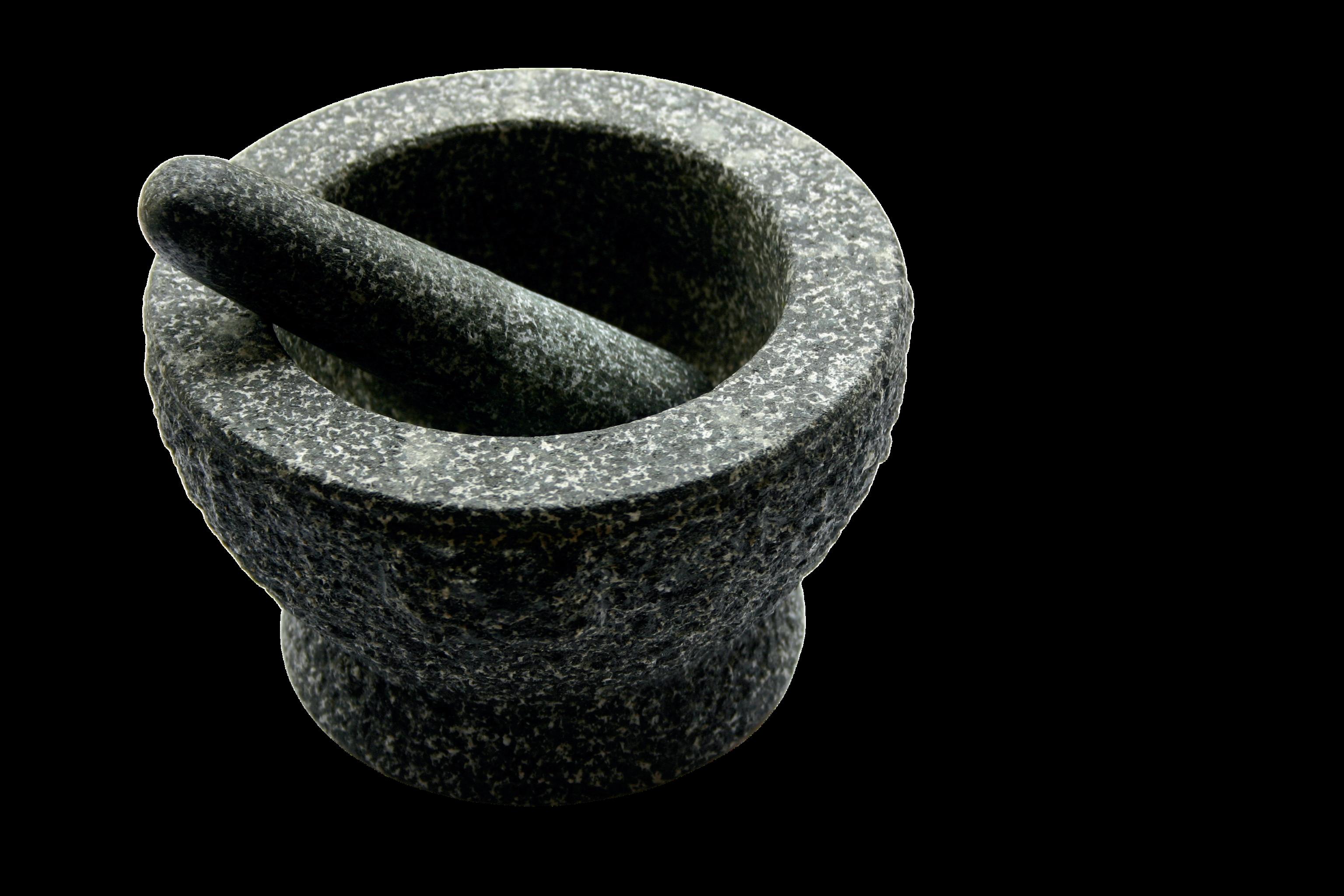
5. A Well-Worn Spoon Wooden, Bent, or Blessed
It stirred hundreds of pots before you.
Every African kitchen has that one spoon. The one no one dares throw away. Its handle may be chipped, its curve perfect it carries flavors from weddings, funerals, births, and regular Tuesdays.
“Your kitchen is not just a place it’s a witness. Let it remember joy. Let it cook forgiveness. Let it feed more than hunger.”
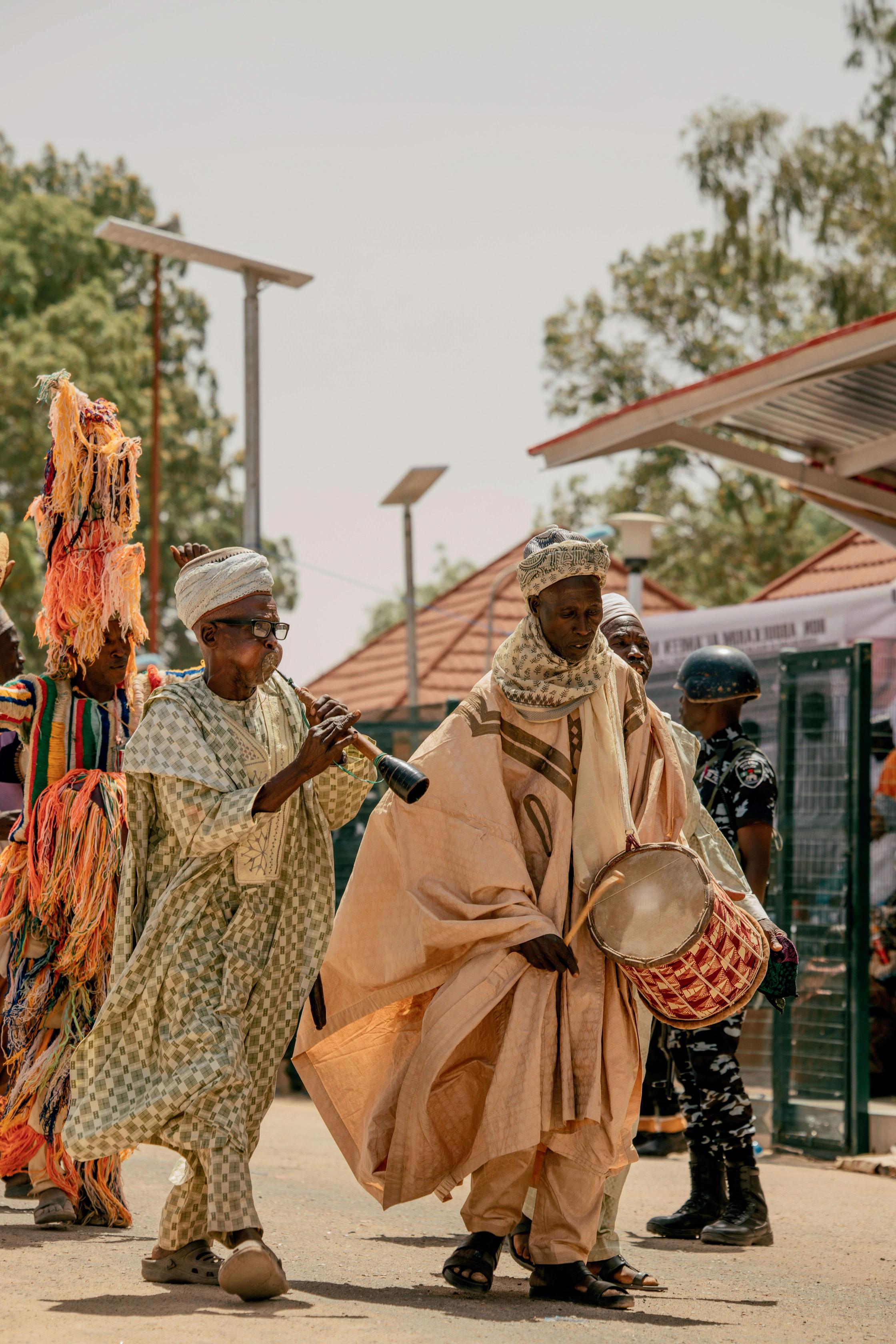
Stirring to the Sound of Home
Five songs for the pot, the pan, and the spirit.
In every African kitchen, there’s music.
It hums from old radios, vibrates through wooden floors, and dances in the steam above a simmering stew. These five songs are more than sound they are memory, rhythm, resistance, and joy. Whether you're pounding yam or peeling cassava, let these timeless tracks stir the soul while you stir the pot.
The Playlist:
1. Youssou N’Dour – “Birima”
Senegal
A song that feels like a blessing gentle yet powerful, perfect for morning prep with sunlight on your hands.
2. Oumou Sangaré – “Diaraby Nene” Mali
The voice of the Sahel. Her vocals feel like aunties laughing and ancestors remembering.
3. Fela Kuti – “Water No Get Enemy”
Nigeria
Groove into your chopping rhythm with Fela’s hypnotic sax and radical softness. A reminder that food like water is life.
5. Fatoumata Diawara –“Kanou Dan Yen”
Mali/Global
Sultry, grounded, and wrapped in longing perfect for slow cooking or rolling out dough with care.
4. Sauti Sol – “Suzanna”
Kenya
Modern, cheeky, and warm just like a bubbling pot of pilau. Let this one keep you swaying between stirring and singing.
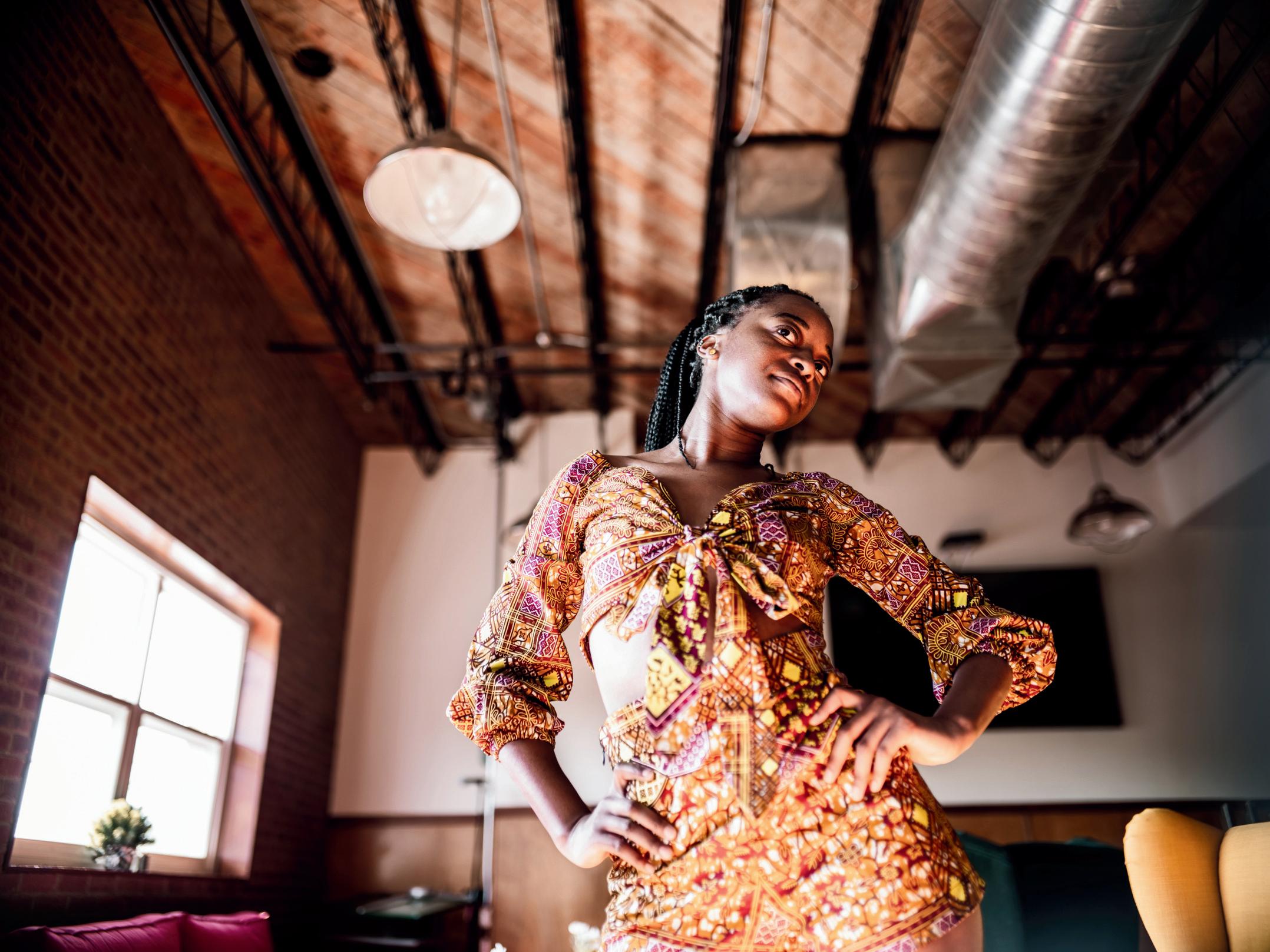
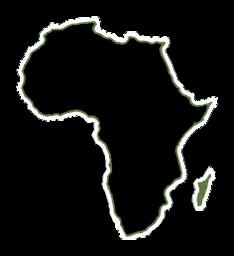


A love letter to afriica
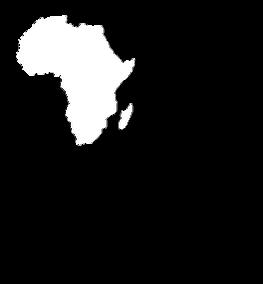
Tales of resilience, and hope
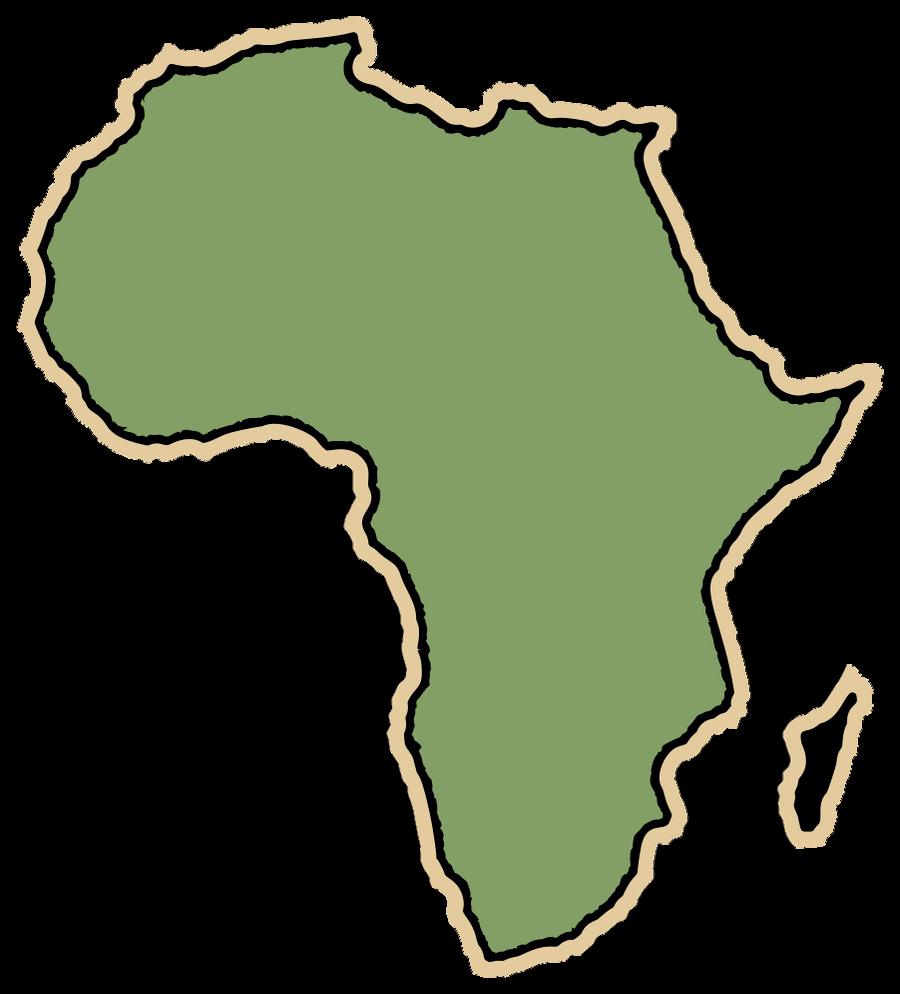
Honeymoon Aljabri
Edited by Francis Afipa Chirwa
That whispers secrets of a continent’s soul
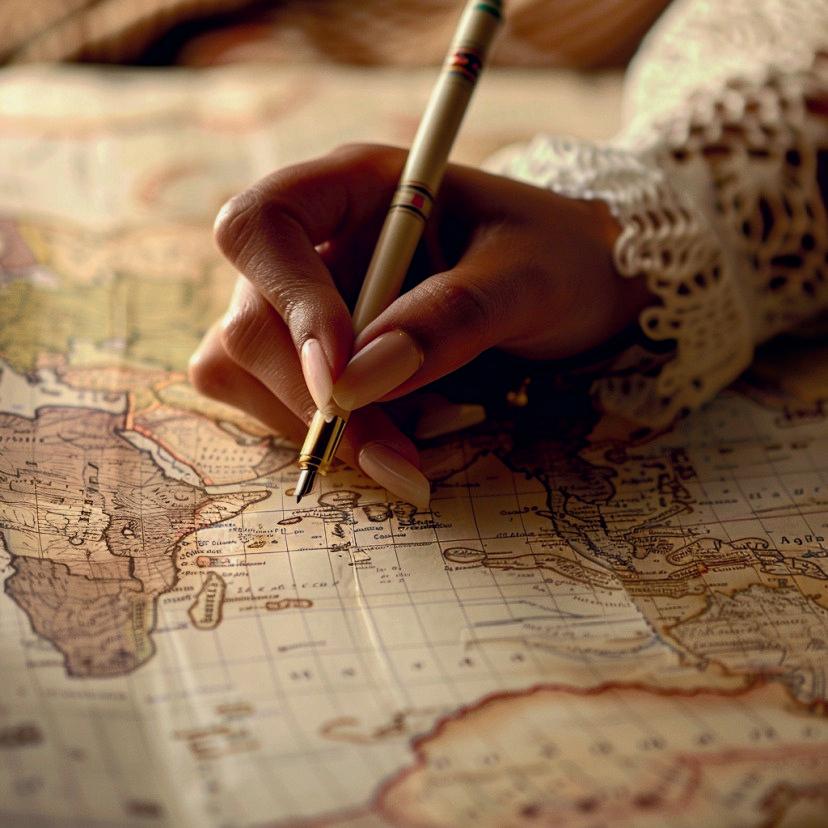
Join me on a journey of love, pride, and self-discovery as I pen a heartfelt letter to the motherland, Africa. This collection of letters, poems, and articles is a celebration of Pan-Africanism and the beauty of African identity. Through my words, I pay tribute to the rich cultural heritage, resilience, and strength of the African people. I explore themes of identity, belonging, and the importance of reclaiming our narrative as Africans. With passion and conviction, I argue that Africa is for Africans, and that our continent's future should be shaped by us, for us. I share my thoughts on the importance of unity, self-determination, and the need for us to reclaim our rightful place on the global stage. This book is a labor of love, a call to action, and a testament to the power of our collective voices. It is a reminder that our stories, our culture, and our history matter. Join me on this journey as we celebrate the beauty, diversity, and greatness of Africa. Let us rise together and reclaim our rightful place as the leaders of our own destiny.
ON
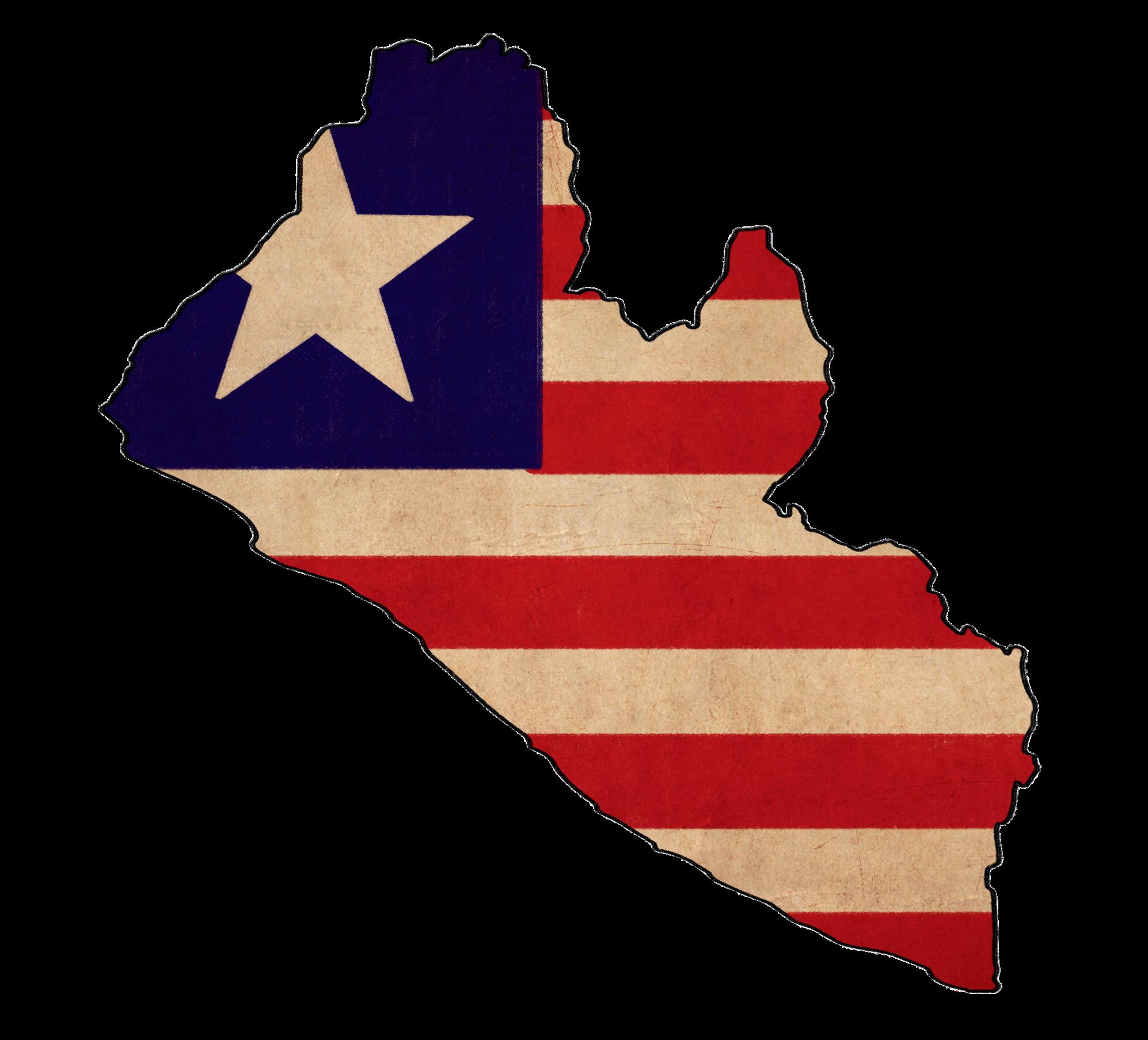
LIBERIA
Africa’s First Republic A Nation Born of Return, Raised in Resilience
G QUICK LOOK
Location: West Africa
Coastline: 580 km of golden Atlantic beaches
Neighbors: Sierra Leone, Guinea, Côte d’Ivoire
Forests: 40% rainforest (Sapo Park’s big cats still roam)
Highest Peak: Mount Wuteve (1,440 m)
HISTORY IN BRIEF
1822: Freed Black Americans land at Providence Island — returning, not escaping.
1847: Independence declared – Africa’s first republic.
Flag: Inspired by the U.S. – but only one star: "The Lone Star of Freedom."
1980–2003: Coups and civil war cost 250,000 lives.
2005: Ellen Johnson Sirleaf elected –Africa’s first female president.
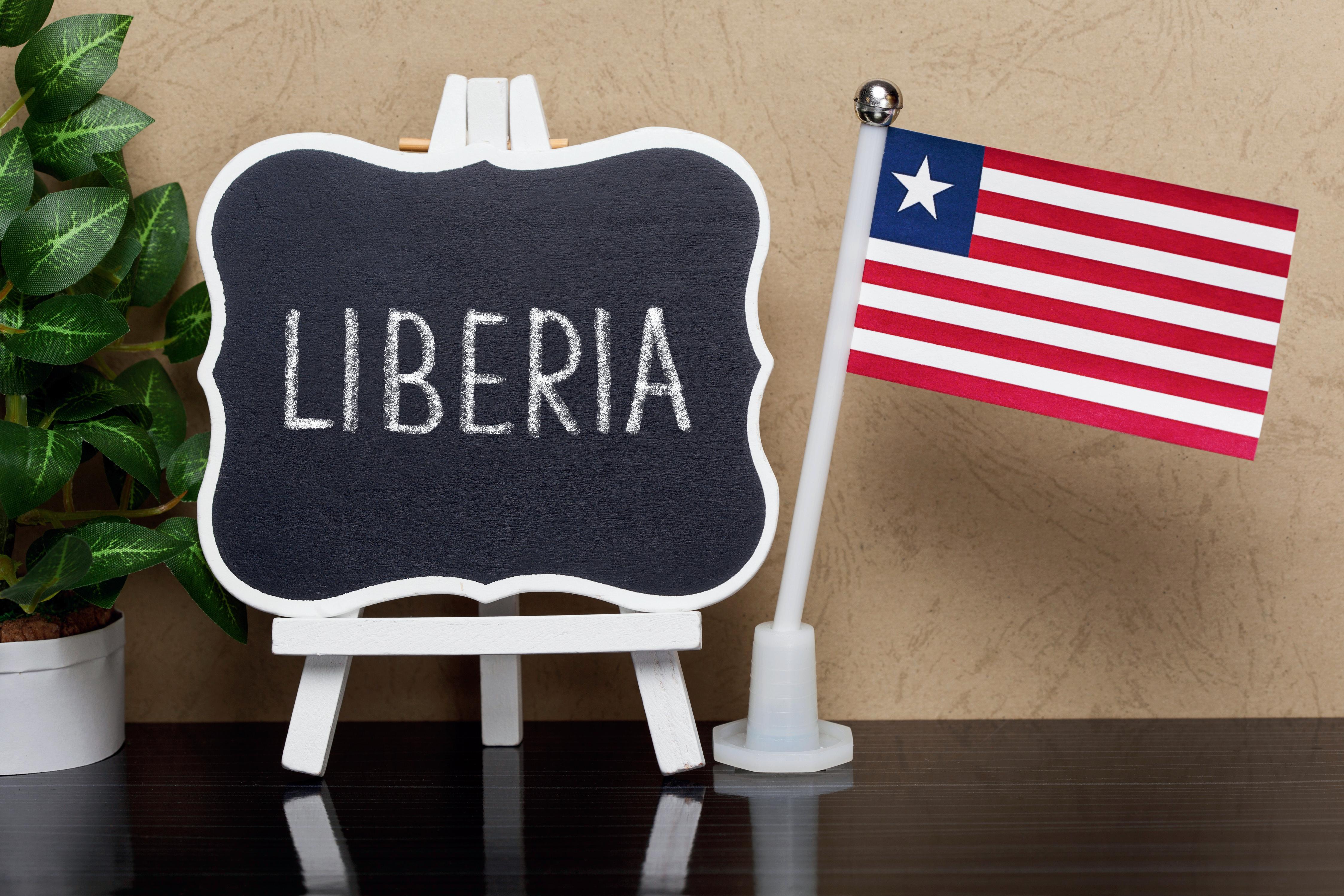

LANGUAGE & LEGACY
Official Language: English (Africa’s oldest English-speaking nation)
Liberian English: A bold, local remix:
“I’m coming now now” = I’m on the way
“Da my pa-ma” = That’s my close friend
Indigenous Roots: Over 30 languages still spoken
Kpelle, Bassa, Vai – where Africa still whispers.
“We chose English not by whip, but by return.
It became our way to rebuild Africa — in our own voice.”

CULTURE & PRIDE
Secret Societies: Poro and Sande pass down ancestral knowledge
Food: Fufu, pepper soup, palm-oil jollof
Music: Hipco and Gbema carry protest and pride in every beat
MODERN LIBERIA
MetricFact
Capital:
Monrovia (named after U.S. president)
Exports:
⚖
CHALLENGES vs HOPE
Scars remain: High youth unemployment, fragile roads
But so does strength: Free public university since 2018
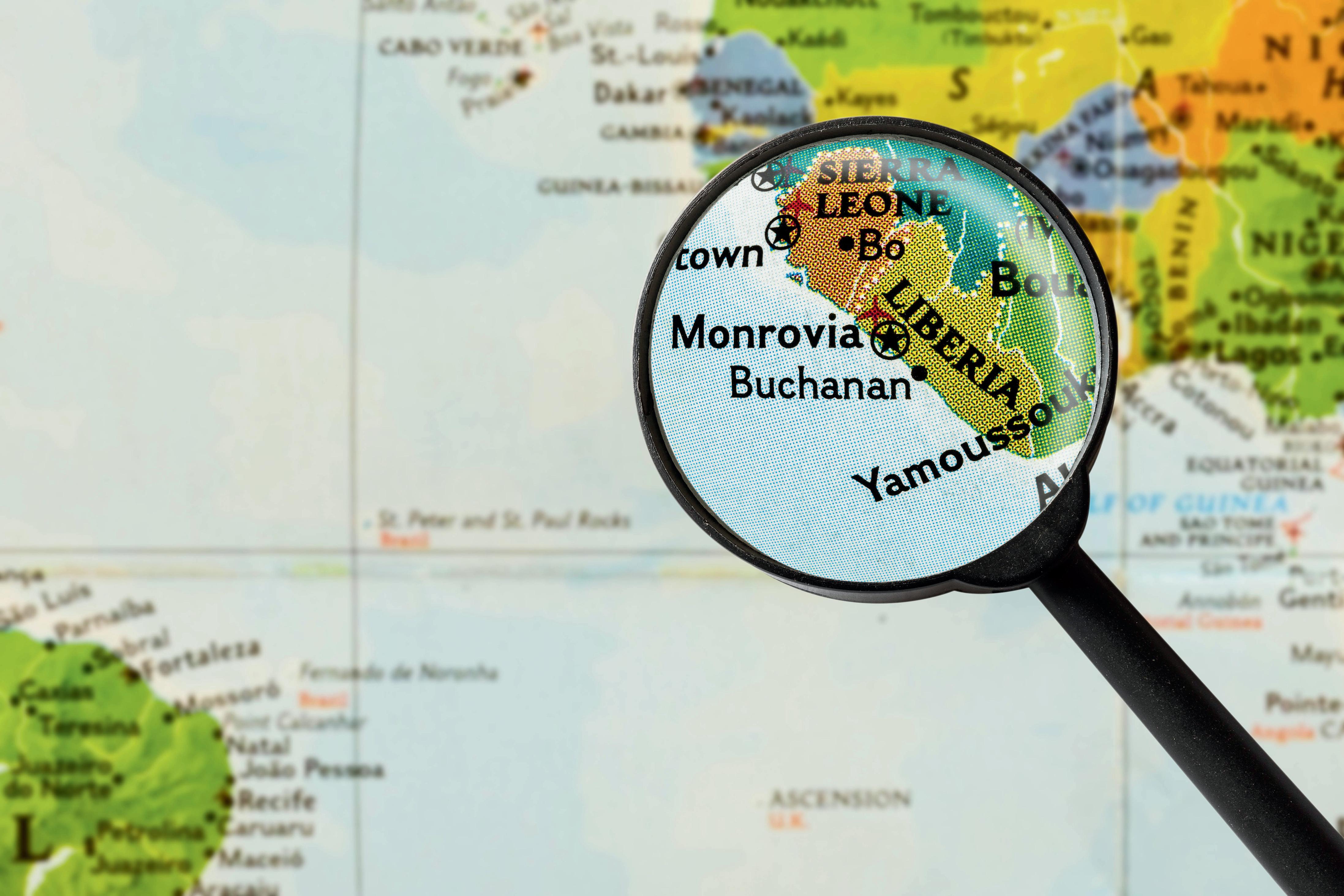
Rubber, iron ore
Wild Card:
2nd largest shipping registry
Rainforest:
60% cover – vital to climate battle

Women in parliament above continental average
WHY LIBERIA MATTERS
“Before America ended slavery, Liberia lit its Lone Star.
We’re not a colony we’re a comeback.
A living answer to the lie that Africans can’t selfrule. Liberia didn’t just survive it speaks freedom in our accent.”
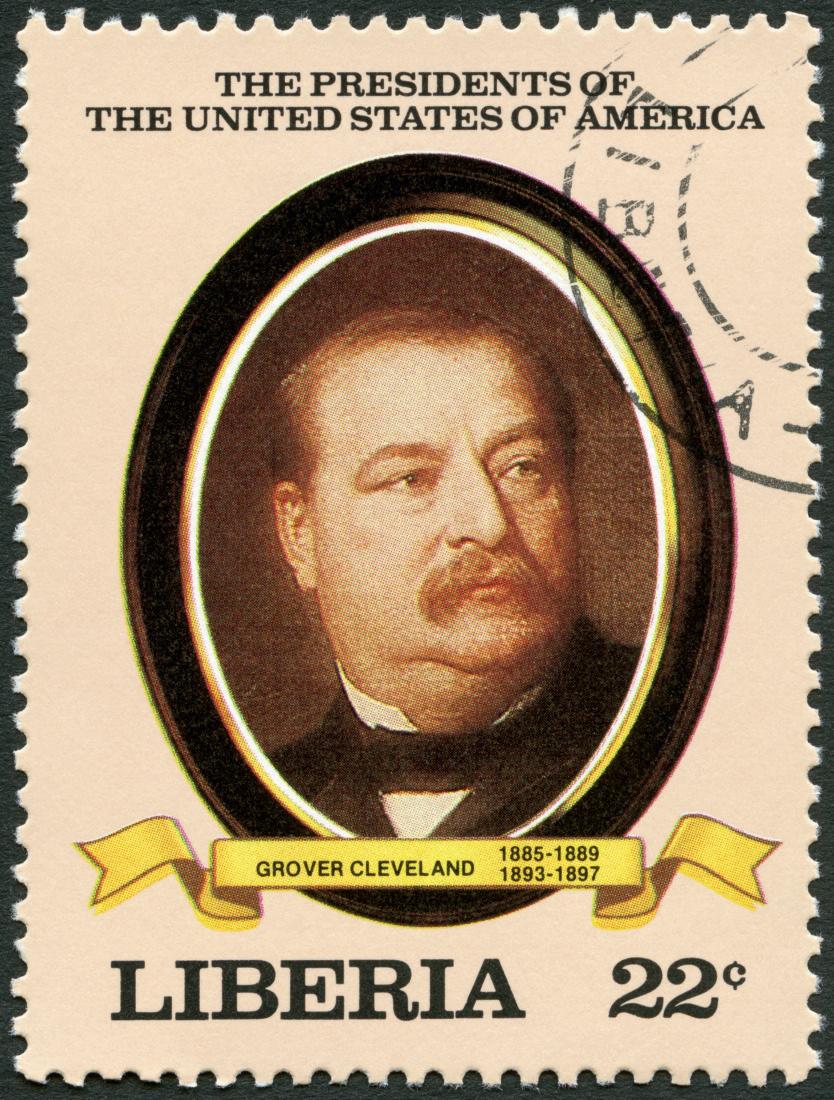
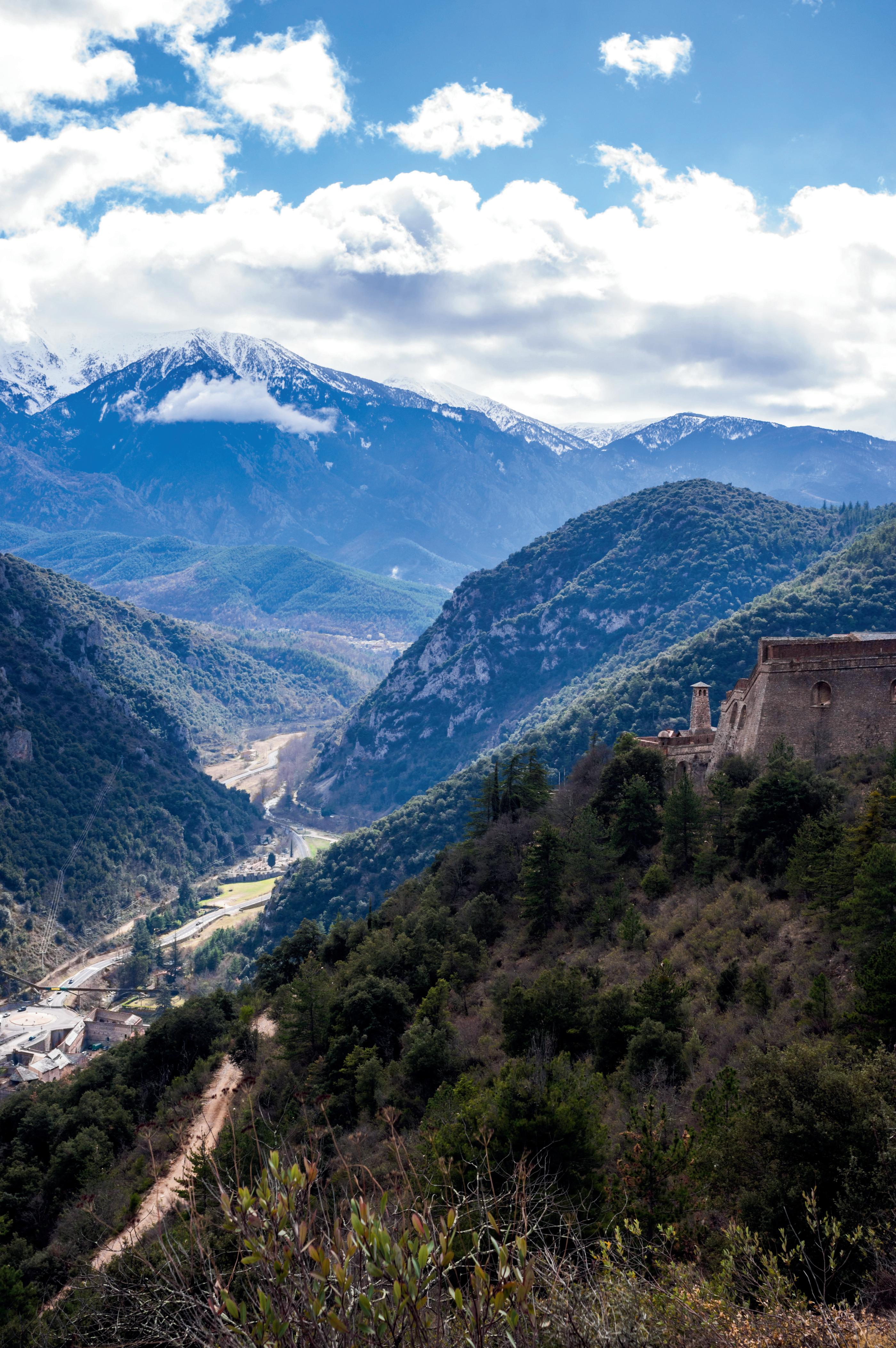

LIBERIA visit
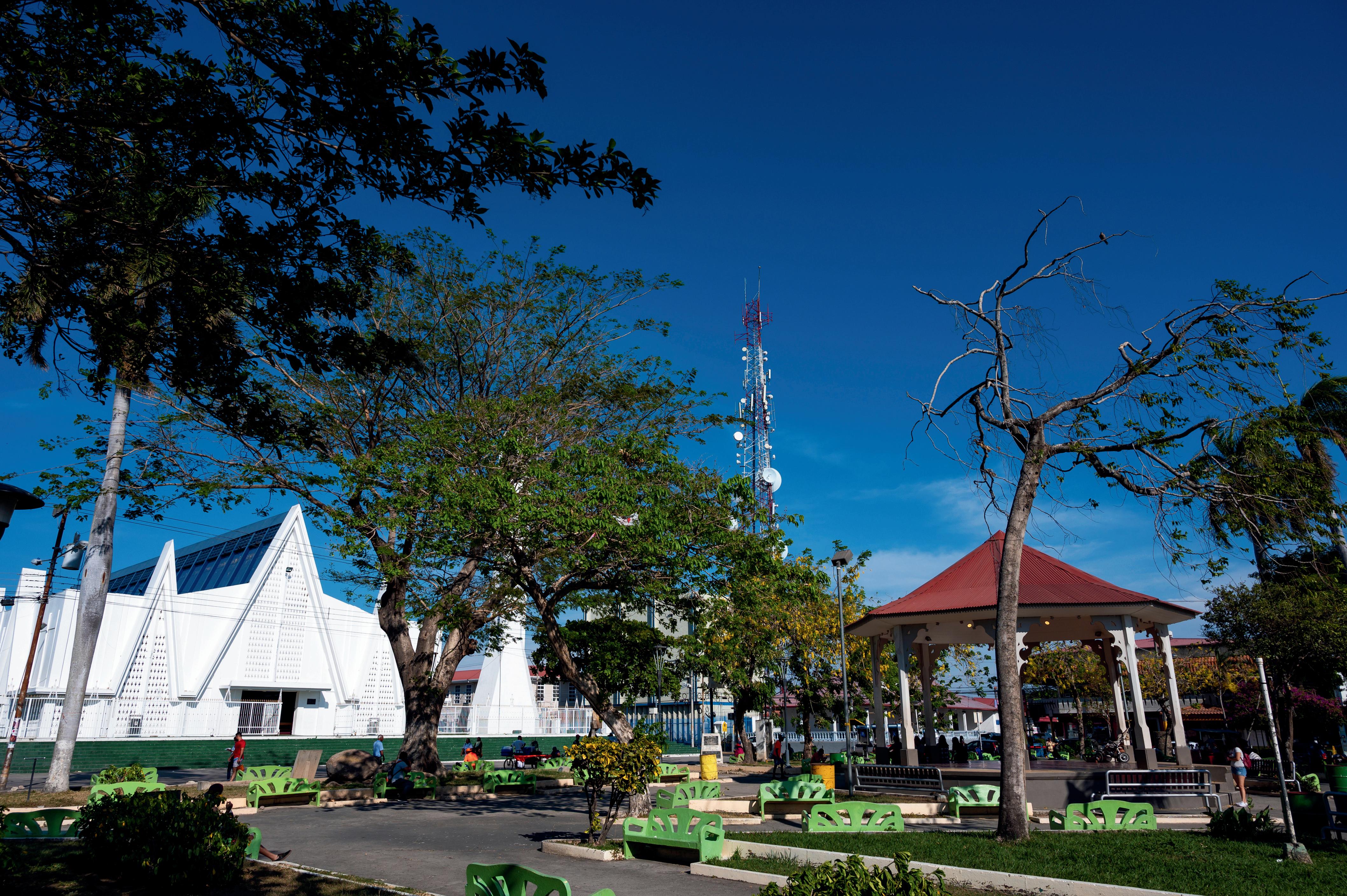
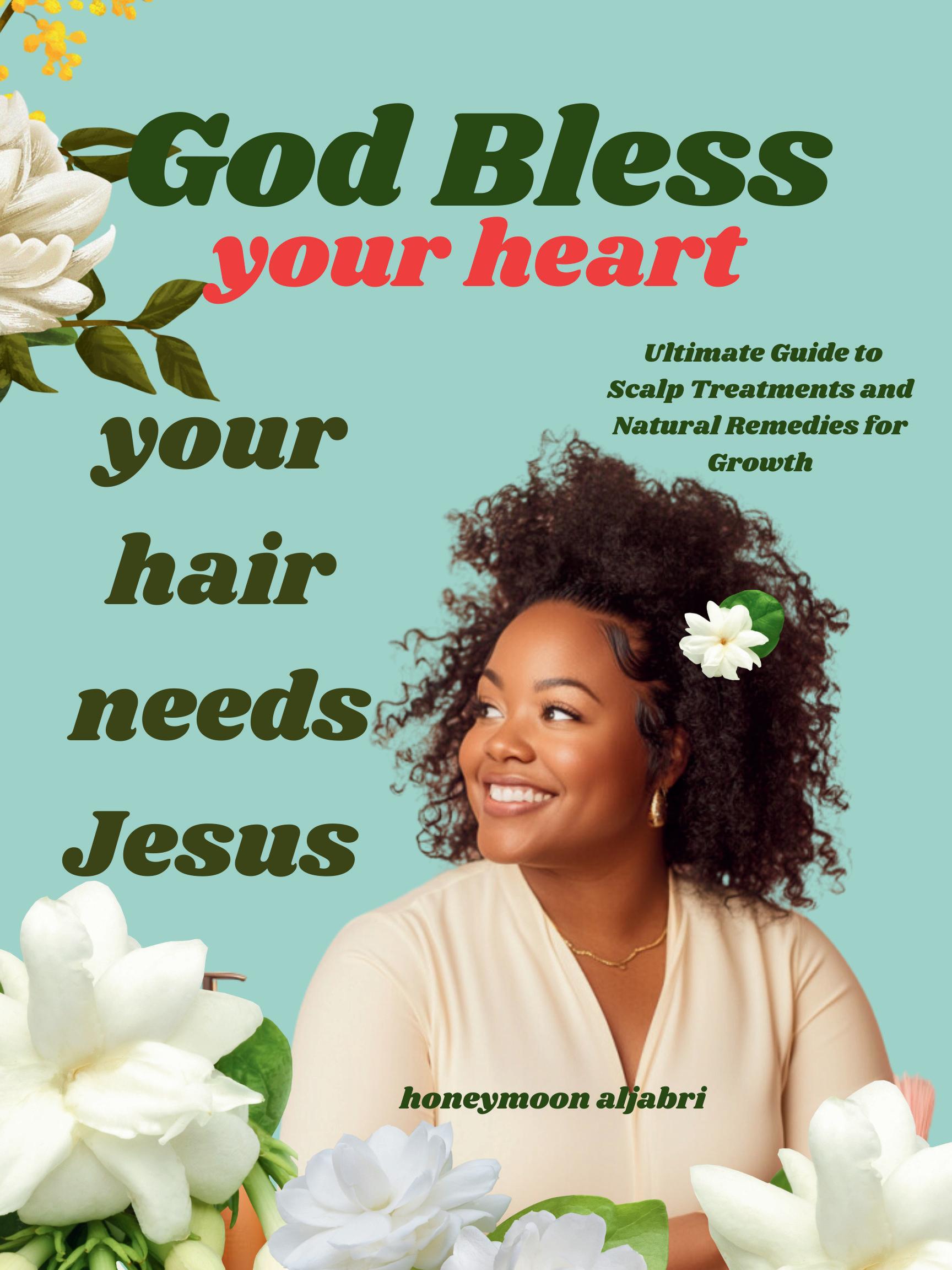
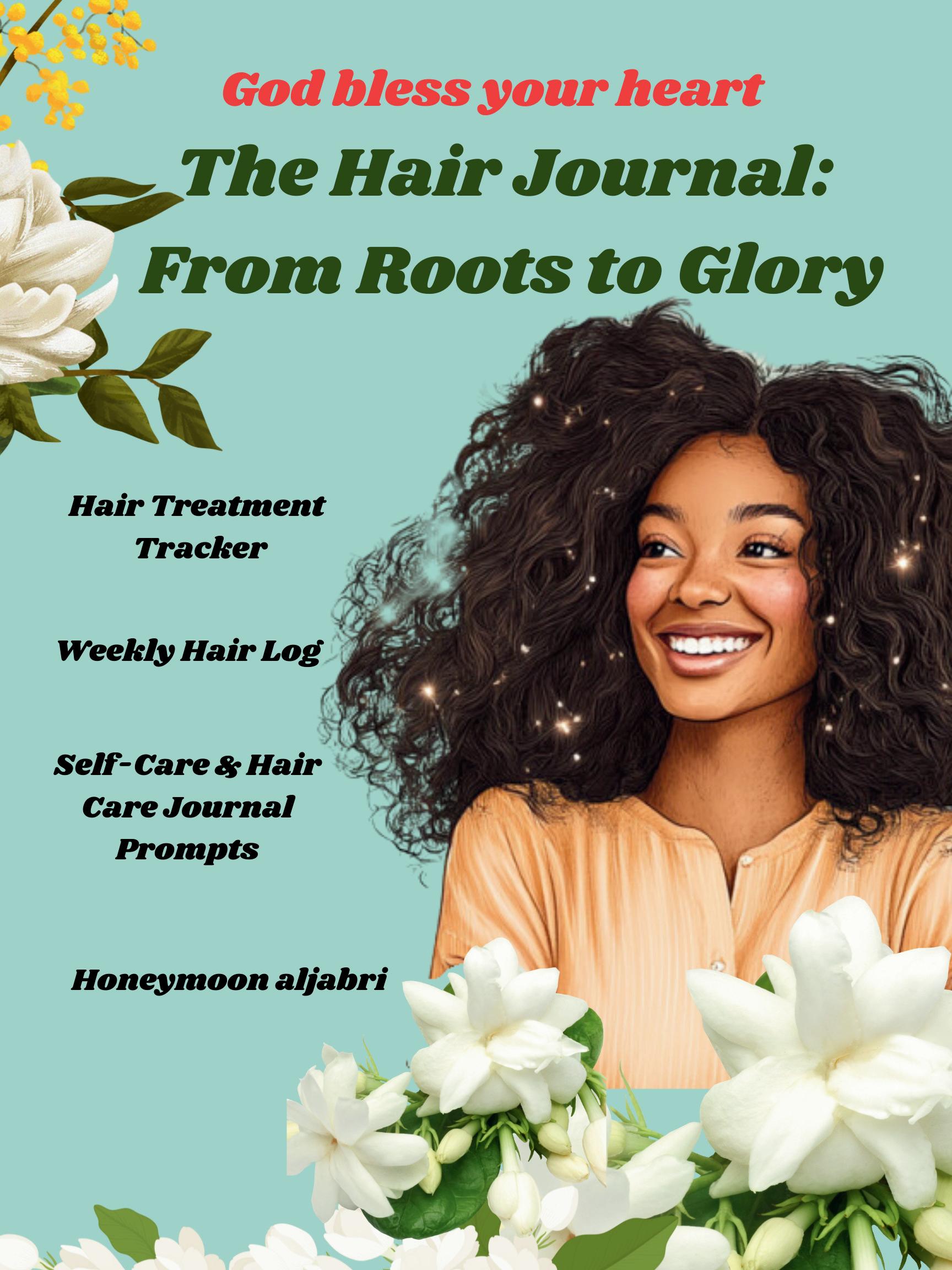
Your hair matters get your copy today
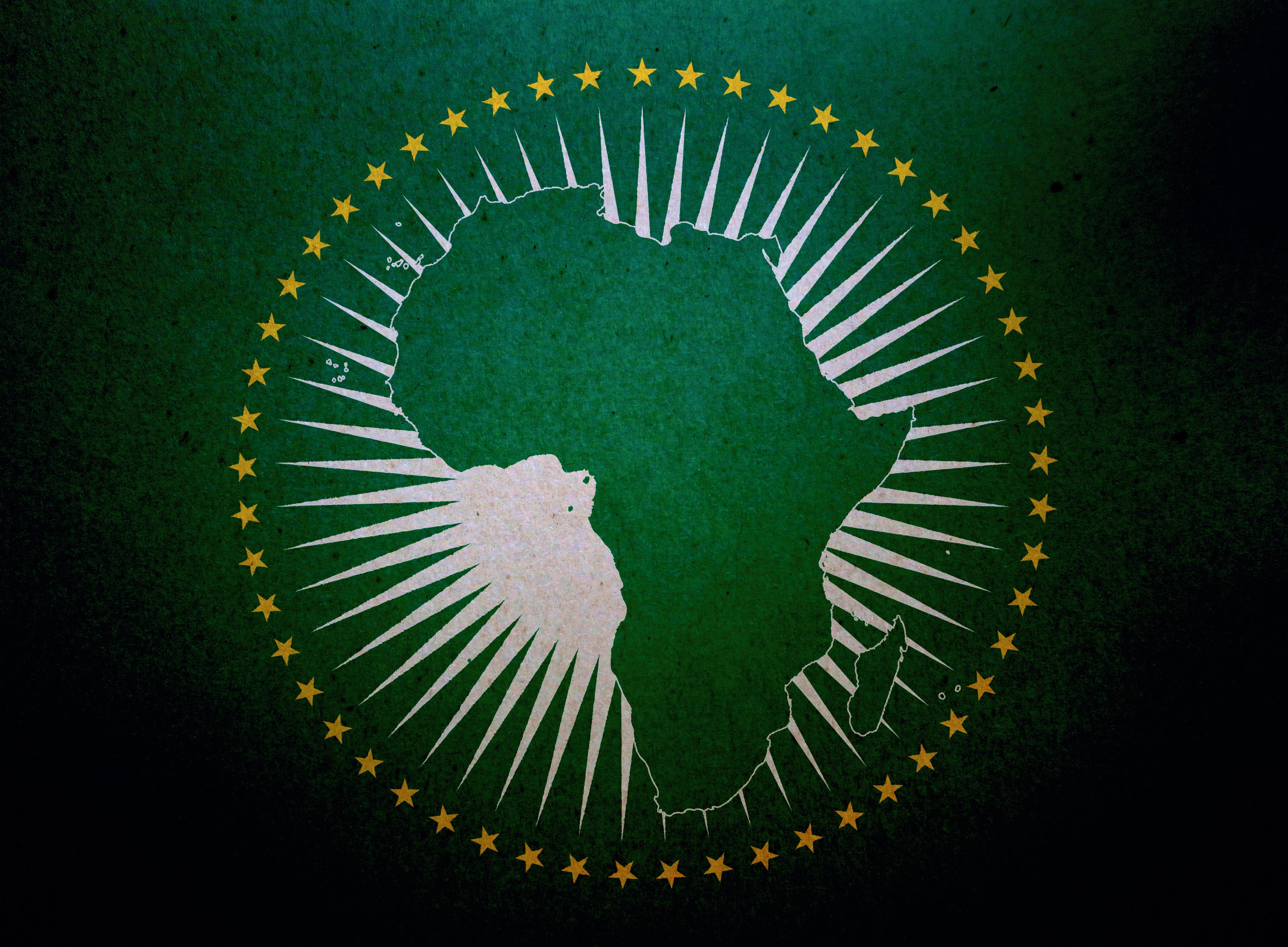
THE UNSTOPPABLE SPRIT
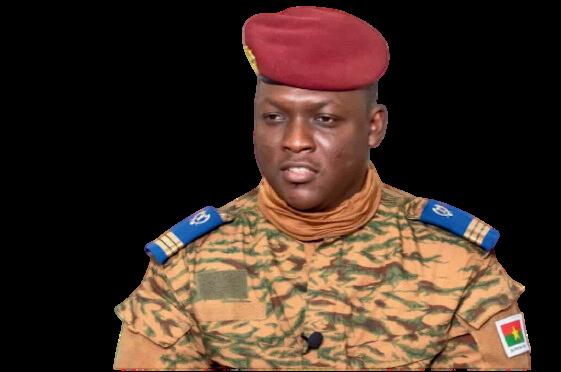
A borderless Africa is possible
Hand in Hand, Heart to Heart
Celebrating Africa’s sprit
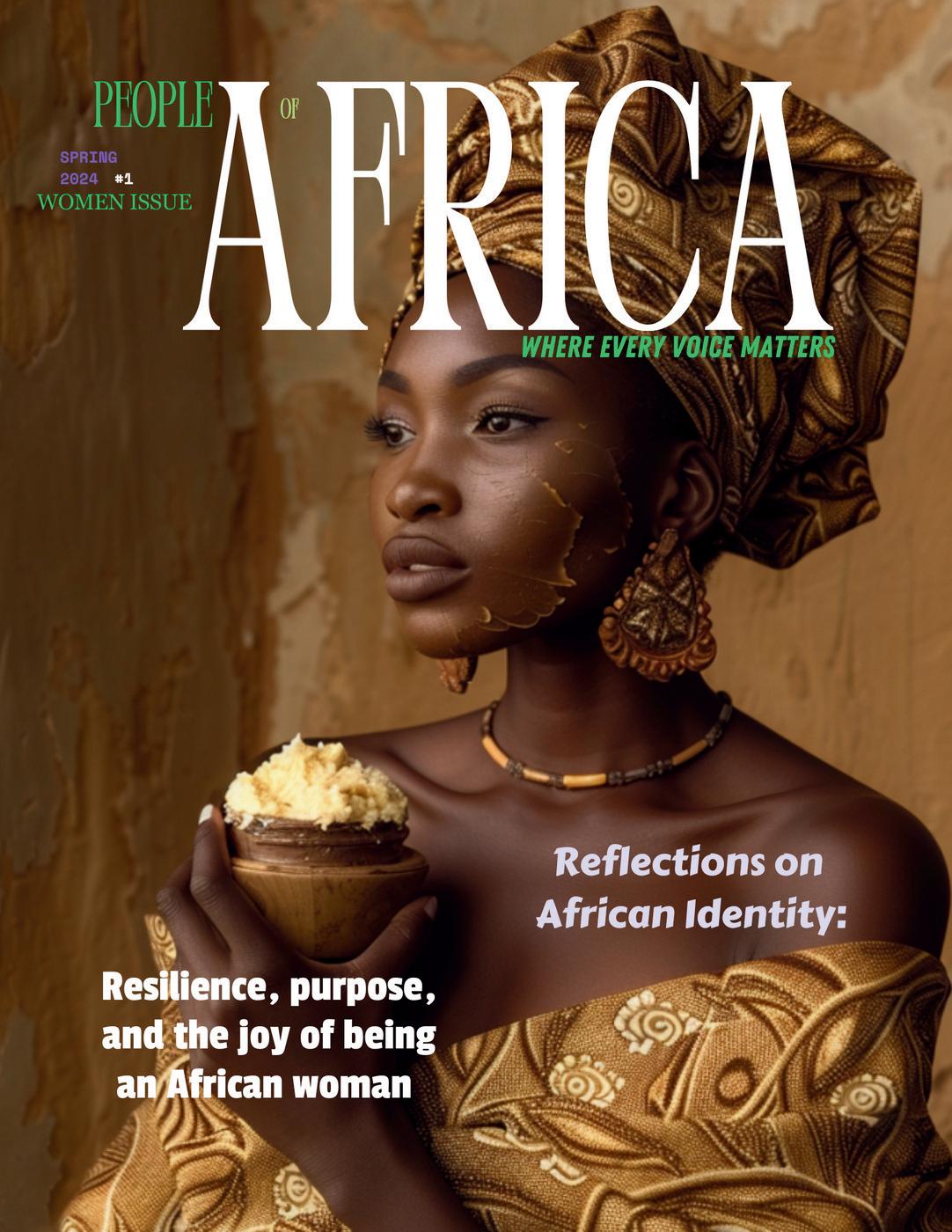
Let’s come together and celebrate our rich heritage and diverse cultures.
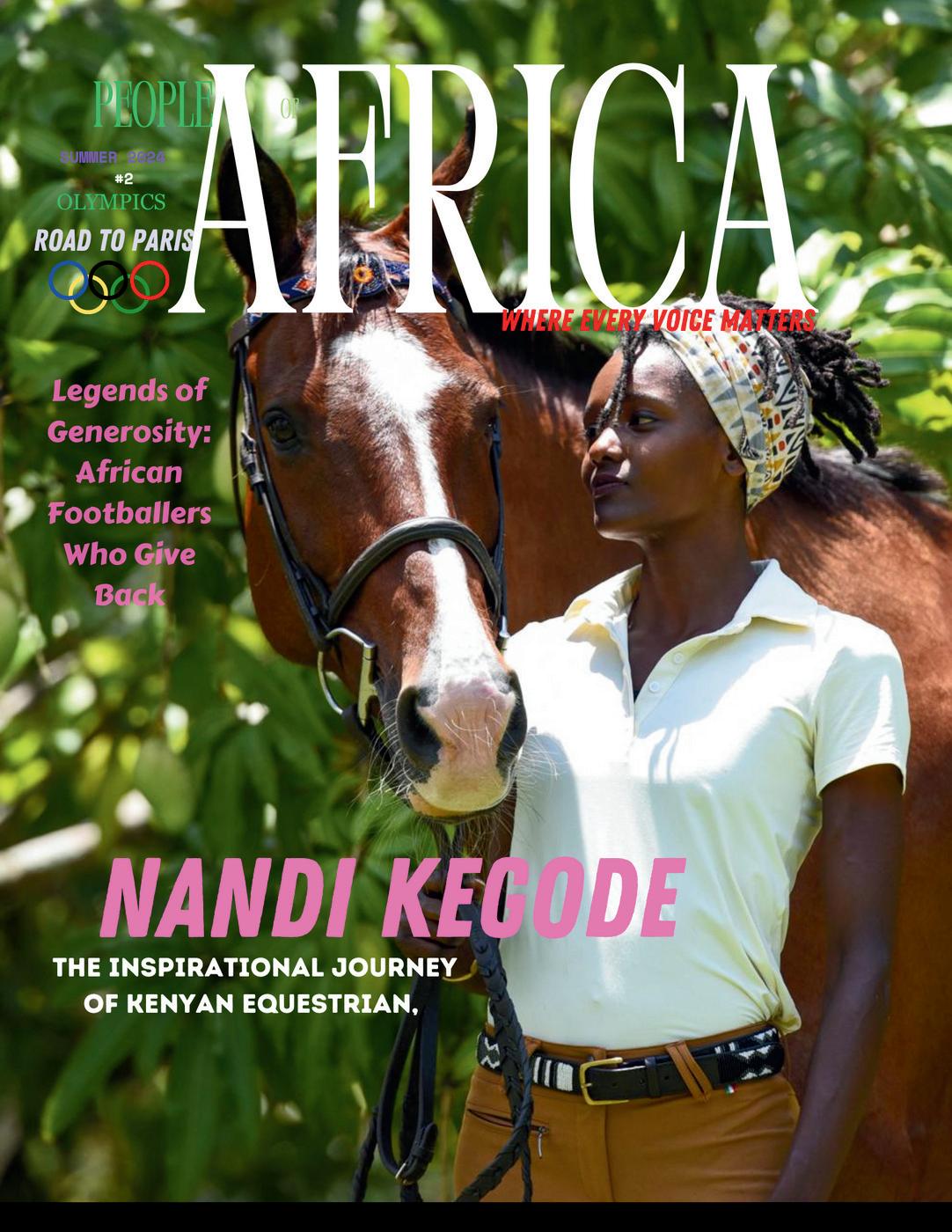
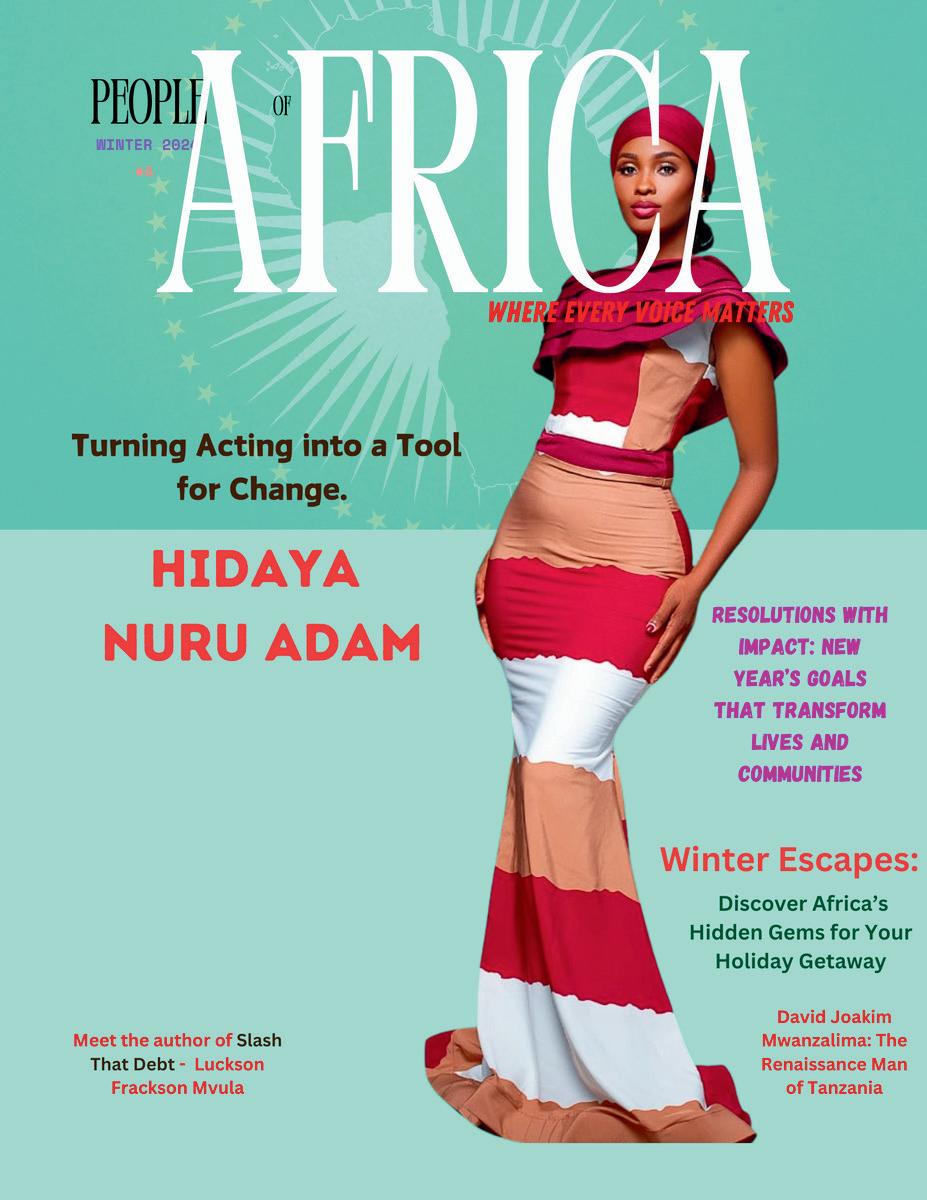
Here’s another year of unity, empowerment and storytelling that uplift the spirit of africa
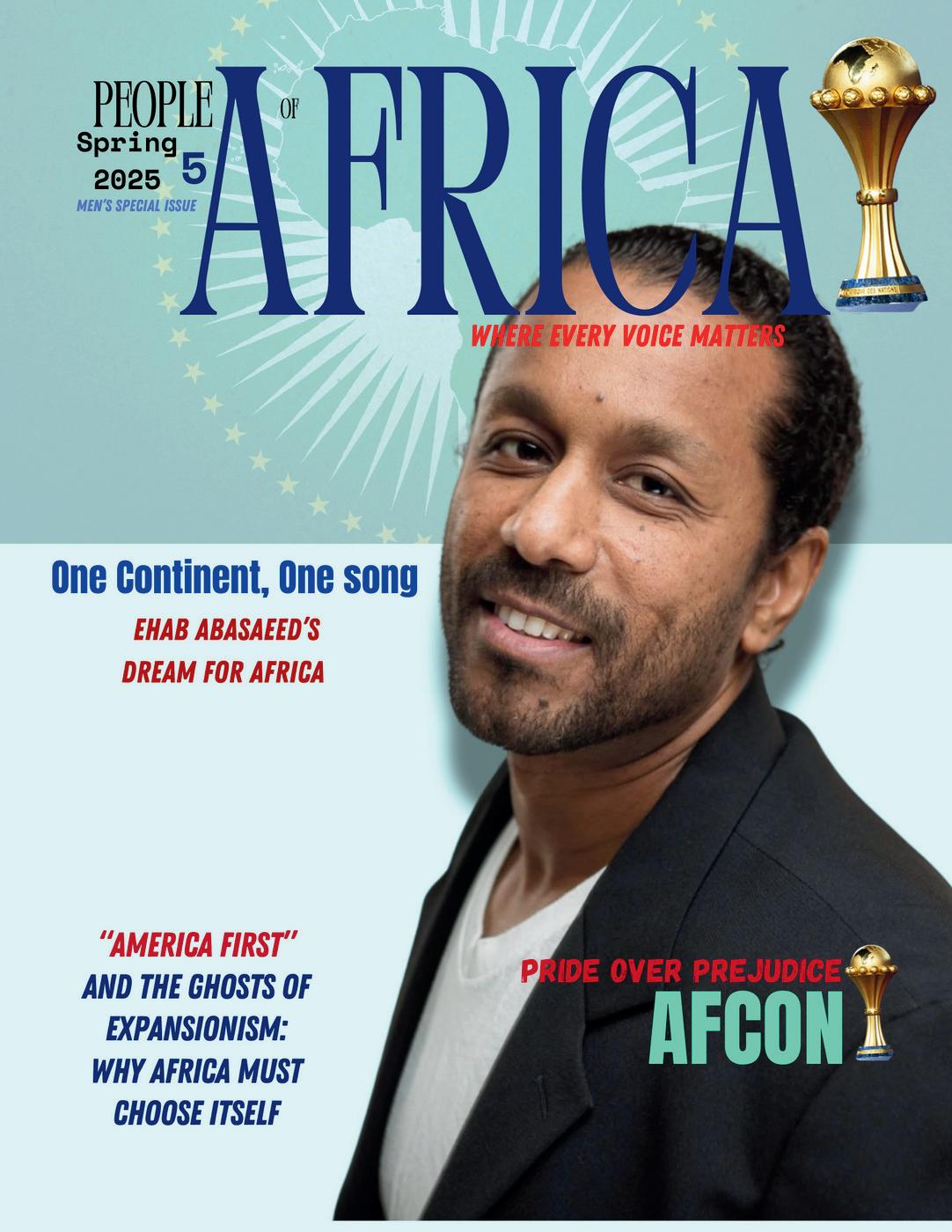
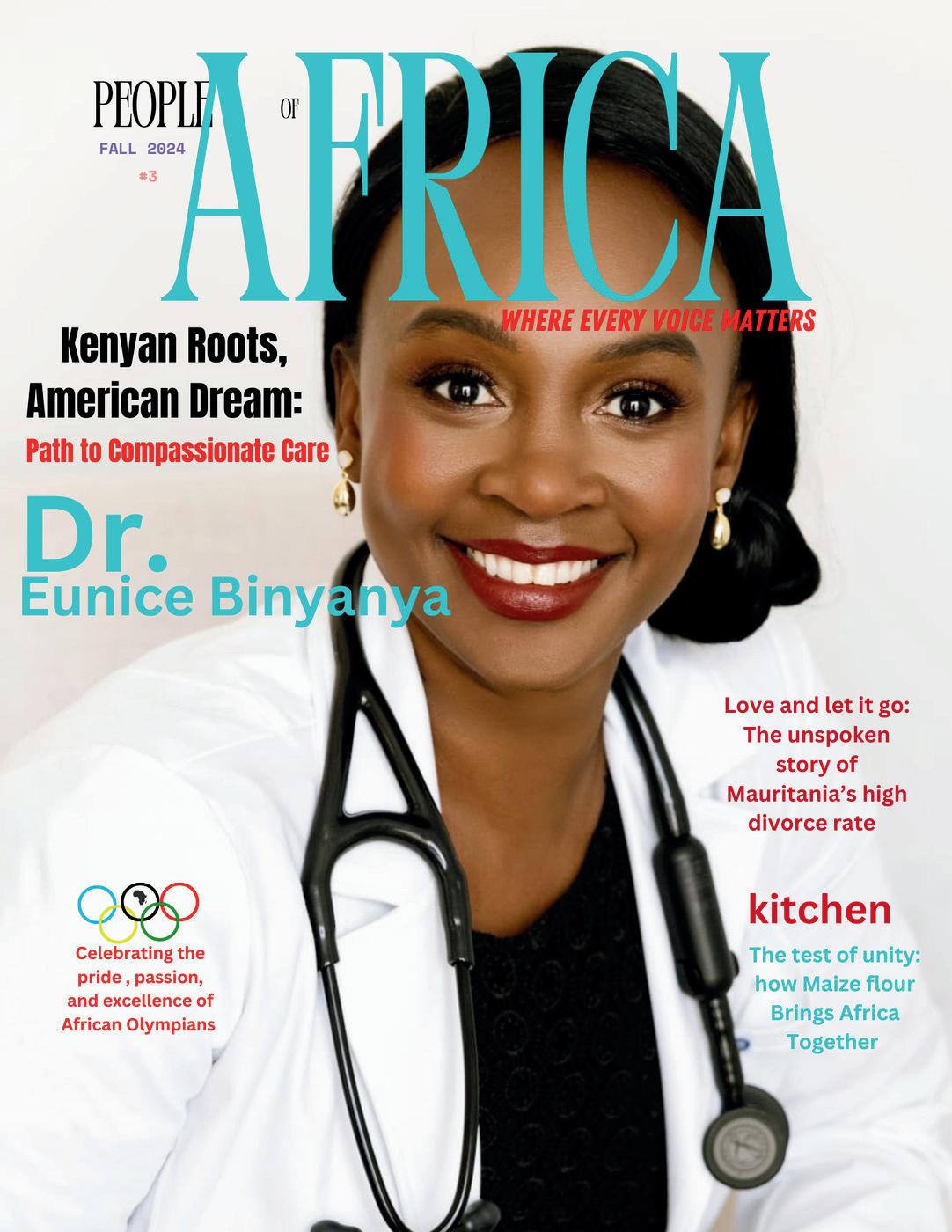
Behind the Issue: Why We Do This
We didn’t create this magazine for profit. We created it because we were tired of silence.
In a world that often overlooks Africa’s truth, beauty, brilliance, and pain People of Africa is our answer. Our rebellion. Our love letter. Our mirror.
This issue was made without sponsors. No corporate backing. No hidden agenda. Just two African women a writer and an editor driven by pride and responsibility. We listened. We felt. We documented. Every word you read was crafted with heart. Every story chosen because it matters. We covered voices that shake empires and lullabies that raise futures. From the rhythms of the Amazigh desert to the whispers of mothers in Gaza. From the kitchens of clay pots and rice cakes to the newsrooms where truth fights to breathe. We write not because we are paid but because we remember.
We remember what it feels like to be seen.
To hear our languages honored.
To read something and whisper, “That’s me.”
So if this issue moved you
Please, share it. Share it with your grandmother in Ghana, your cousin in Paris, your teacher in Lagos, your friend in Nairobi. Print it. Post it. Pass it along. Let it travel.
This magazine is free. But its purpose is priceless.
Let’s remind the world that African voices don’t need permission to be powerful. They just need a page.
With love and pride, The People of Africa Magazine Team
we’re excited to start working on the next issue of People of Africa magazine, and we want to hear from you
What stories do you want to read? what themes so you want us to explore ? who are the african changemakers, innovators, and trailblazers you want to learn more about share your idea with us , and help shape the next issue of people of africa magazine let

Join us as we weave the tapestry of African stories and connect hearts and minds across borders.
People
of Africa Magazine - Where Every Voice Matters. ShareYourStorywith PeopleofAfricaMagazine
BeHeard?
Do you have a story waiting to be told? Is there someone you know whose experiences deserve recognition? We believe every voice has a story worth sharing, and we want to hear yours.
People of Africa Magazine invites you to contribute to our vibrant community of storytellers. Each season, we curate four issues that capture the diverse narratives, rich cultures, and inspiring journeys across the African continent.
Whether it's a personal journey, a community initiative, or an extraordinary achievement, your story could inspire, motivate, or enlighten others. We welcome contributions from writers, photographers, artists, and anyone passionate about storytelling.
Editor-in-Chief Honeymoon Aljabri and the entire team are dedicated to amplifying voices and celebrating the essence of Africa. We want you to be part of this enriching experience.
To share your story or nominate someone whose narrative deserves a spotlight, please contact us via:
Phone: +1-202-977-7175
WhatsApp: [+1-202-977-7175]
